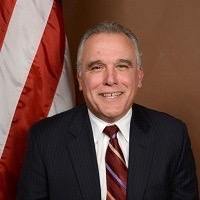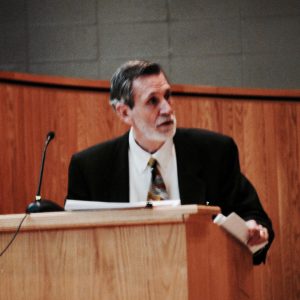
Wednesday night’s Burrillville Town Council meeting hearkened back to the early days of public opposition against Invenergy’s $700 million fracked gas and diesel oil burning power plant planned for the town. Back then, we saw a public that was distrustful of the town council, and a town council that was not receptive to the idea of opposing the power plant, early on claiming to be powerless against the combined might of Invenergy, Governor Gina Raimondo’s office and regulators.
The town council then took the position, contrary to the Open Meetings Act, that people in the town were only allowed to talk about issues and subjects that were specifically listed on the town council’s agenda, cutting off discussion about the Algonquin pipeline if the power plant was on the agenda, or vice versa. In December of last year, calls from the town council to trust them elicited groans of dismay from the audience.
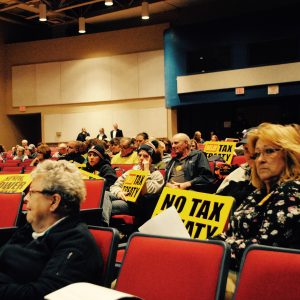 Then, in April of this year, it was learned that the town council had been in secret negotiations for a tax treaty with Invenergy for months. The town council was still forcing residents to only speak about “agenda items” and working hard to curtail public discussion, contrary to the Open Meetings Act. The growing resistance in Burrillville to the power plant felt disempowered. Not only were they fighting a multi-billion dollar power plant company funded by a Russian oligarch, they were fighting both the state and local governments. The fight seemed impossible and trust between the town council and residents couldn’t be worse. Or so they thought.
Then, in April of this year, it was learned that the town council had been in secret negotiations for a tax treaty with Invenergy for months. The town council was still forcing residents to only speak about “agenda items” and working hard to curtail public discussion, contrary to the Open Meetings Act. The growing resistance in Burrillville to the power plant felt disempowered. Not only were they fighting a multi-billion dollar power plant company funded by a Russian oligarch, they were fighting both the state and local governments. The fight seemed impossible and trust between the town council and residents couldn’t be worse. Or so they thought.
At an April 14 town council meeting Council President John Pacheco said that the town council learned about Invenergy’s plans when everyone else did, during a press conference held by Governor Raimondo announcing the plant, saying, “As a town council, we did not know this plant was actually going to happen until the Governor announced it.”
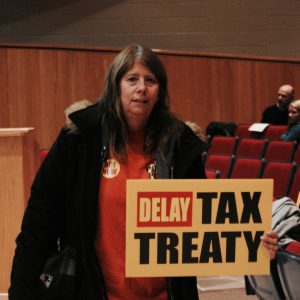 This turned out to be inaccurate. Videos of town council meetings from February and March of 2015, on the town council’s own website, showed the town council and state legislators paving the way for the controversial Invenergy power plant months before the governor officially announced the project. Over time some of the details about how Invenergy approached the town came to light, but the complete story, and who opened what doors to the power plant, has yet to be revealed.
This turned out to be inaccurate. Videos of town council meetings from February and March of 2015, on the town council’s own website, showed the town council and state legislators paving the way for the controversial Invenergy power plant months before the governor officially announced the project. Over time some of the details about how Invenergy approached the town came to light, but the complete story, and who opened what doors to the power plant, has yet to be revealed.
The town council eventually came to a public position regarding the power plant: The town council would put on a public display of strict neutrality, taking no position for or against the power plant, until after all the advisory opinions from various town boards had been completed. This was so as to appear to not influence the outcomes of the various advisory opinions and give the Energy Facilities Siting Board (EFSB) a reason to suspect that the opinions might be slanted in some way.
 State legislators Cale Keable and Paul Fogarty went a different route. They entered legislation at the state level that if passed, would give voters in Burrillville the ability to approve or reject any tax treaty negotiated between the town council and Invenergy.
State legislators Cale Keable and Paul Fogarty went a different route. They entered legislation at the state level that if passed, would give voters in Burrillville the ability to approve or reject any tax treaty negotiated between the town council and Invenergy.
The bill passed the House and was due for consideration and a vote in the Senate when the town council passed a resolution in opposition to the Keable Bill at the 11th hour, giving the Senate Judiciary Committee enough of a reason to vote down the bill. The relationship between the town council and residents was now overtly acrimonious. There were tears from Town Councilor Kimberly Brissette Brown and anger and accusations from Town Councilor Donald Fox. Residents spoke of feeling “humiliated” at the State House as the press release announcing the resolution was sprung on them by Senators Frank Lombardi and Steven Archambeault, who treated the residents with risible condescension.
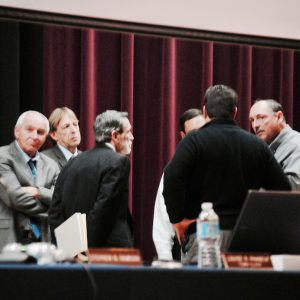
Since that low point, the town council and residents worked to rebuild trust. Residents by this time were long past being held to arbitrary and incorrect readings of the Open Meetings Act. They spoke their minds, expressed their concerns and the town council, to their credit, finally seemed to be listening. They seemed to come together as a town when Governor Gina Raimondo visited to hear resident concerns about the power plant.
After the lengthy process of creating the advisory opinions concluded, the town council passed an extremely robust resolution opposing the power plant and asked other city and town councils in and around Rhode Island to join them in opposition. Many already have and many more are considering joining Burrillville in opposition to the plant. But the Burrillville Town Council’s opposition came with a caveat: They still planned to sign a tax treaty with Invenergy, a tax treaty that the town residents want to hold off on signing.
At issue is the timing. The town council maintains that they have negotiated a solid tax treaty that will protect the town in the event the power plant is built, and guarantee a steady stream of income to the town. The residents want to wait until after the EFSB decides on Invenergy’s application before signing any treaty. Right now, the power plant’s application is suspended, pending Invenergy’s search for a new source of water. Signing the tax treaty, say residents, gives Invenergy extra leverage in negotiating a deal with another municipality, like, let’s say, Woonsocket, to purchase water. The town’s opposition to the power plant must be unified and consistent. Opposing the power plant with a resolution sends one message, signing a tax treaty with Invenergy sends another.
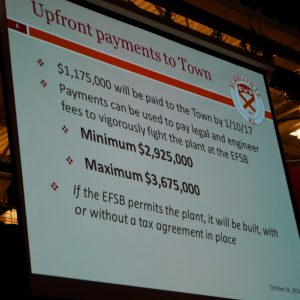 At Wednesday night’s hearing, Attorney Michael McElroy, who negotiated the tax treaty, said that the opposing the power plant and signing a tax treaty were not inconsistent actions and would not be seen that way. “I want to make it… clear that I see no inconsistency between entering into these agreements and dead set opposition to the plant,” said McElroy.
At Wednesday night’s hearing, Attorney Michael McElroy, who negotiated the tax treaty, said that the opposing the power plant and signing a tax treaty were not inconsistent actions and would not be seen that way. “I want to make it… clear that I see no inconsistency between entering into these agreements and dead set opposition to the plant,” said McElroy.
But McElroy is a lawyer. He is not a business man trying to buy water to cool a power plant. What businessman wouldn’t mention the tax treaty as proof that the town council is actually okay with having the power plant sited in their town? The resolution in opposition will be described behind closed doors as merely political theater, something to satisfy the rubes while the real business of government is imposed by the movers and shakers in secret meetings paid for with political contributions.
McElroy did his best to sell the tax treaty to the residents. He spent 45 minutes outlining the deal, expressing the need for a treaty. One reason McElroy gave, that didn’t sit well with residents, was that, “I want to get paid.” The money generated by this tax treaty will give the Town of Burrillville the money it needs to fight the siting of the power plant all the way to the Supreme Court, if need be. The lawyers and experts needed to fight such a case cost money, said McElroy, who included himself in those expenses.
McElroy suggested that if the town council did not pass the tax treaty, Invenergy might pull it off the table. He assured the audience that contrary to what Conservation Law Foundation senior attorney Jerry Elmer says, the plant will be built without a tax treaty in place.
Residents weren’t buying it. Towards the end of what turned out to be a five hours plus meeting, it was obvious that the town’s people were not willing to drink the tax treaty Kool-Aid. Forty people spoke against passing the tax treaty. Two spoke in favor of trusting the town council and McElroy’s advice.
Ultimately the town council recessed without doing anything on the tax treaty. There is a plan to take up the issue again next week.
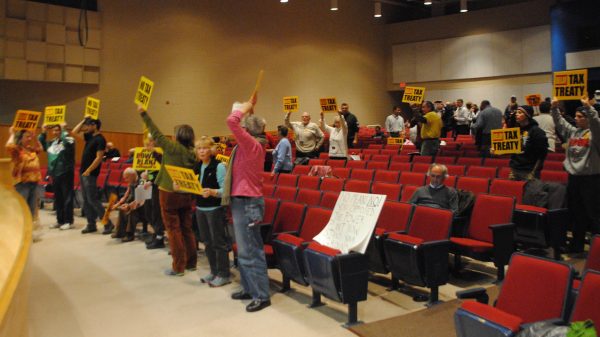

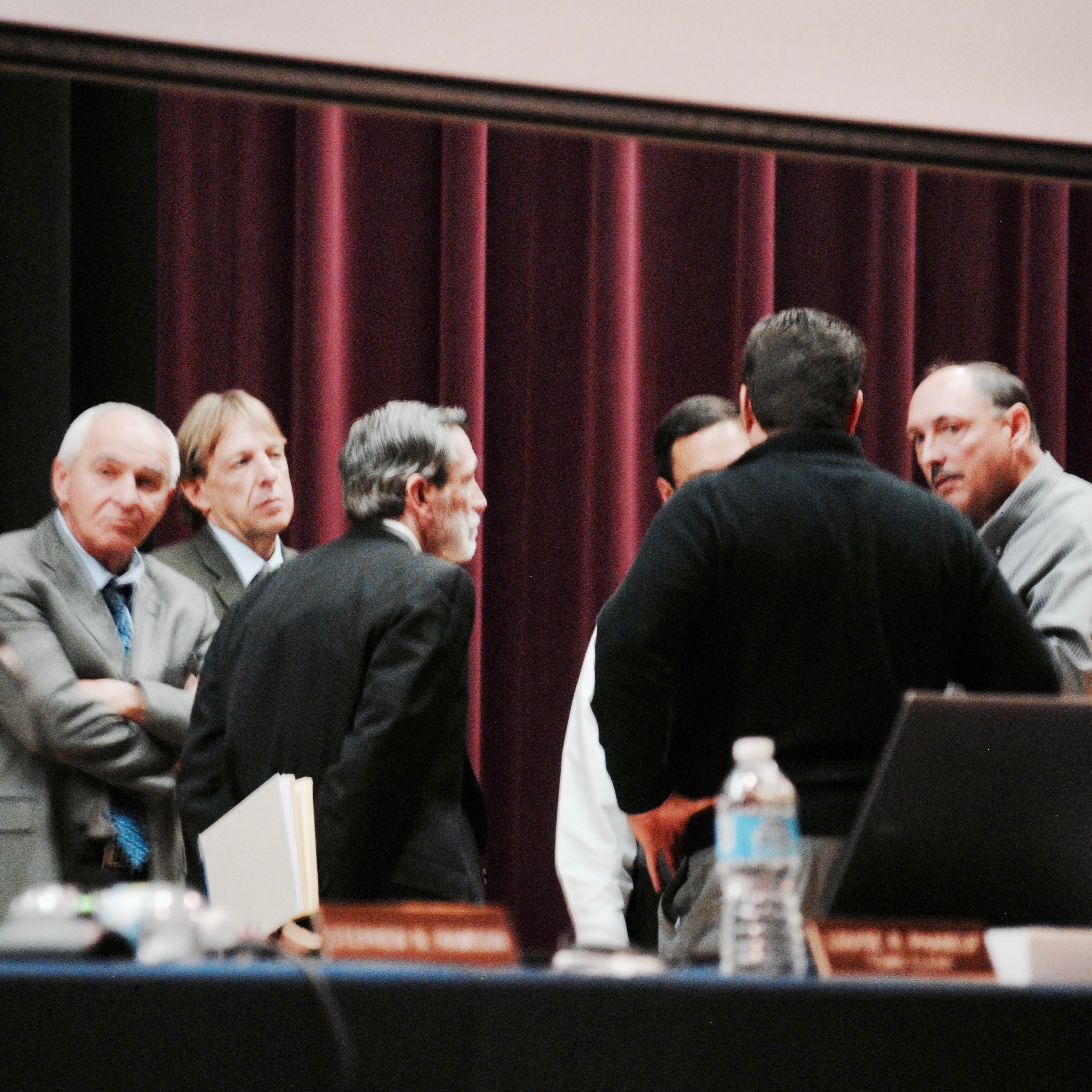
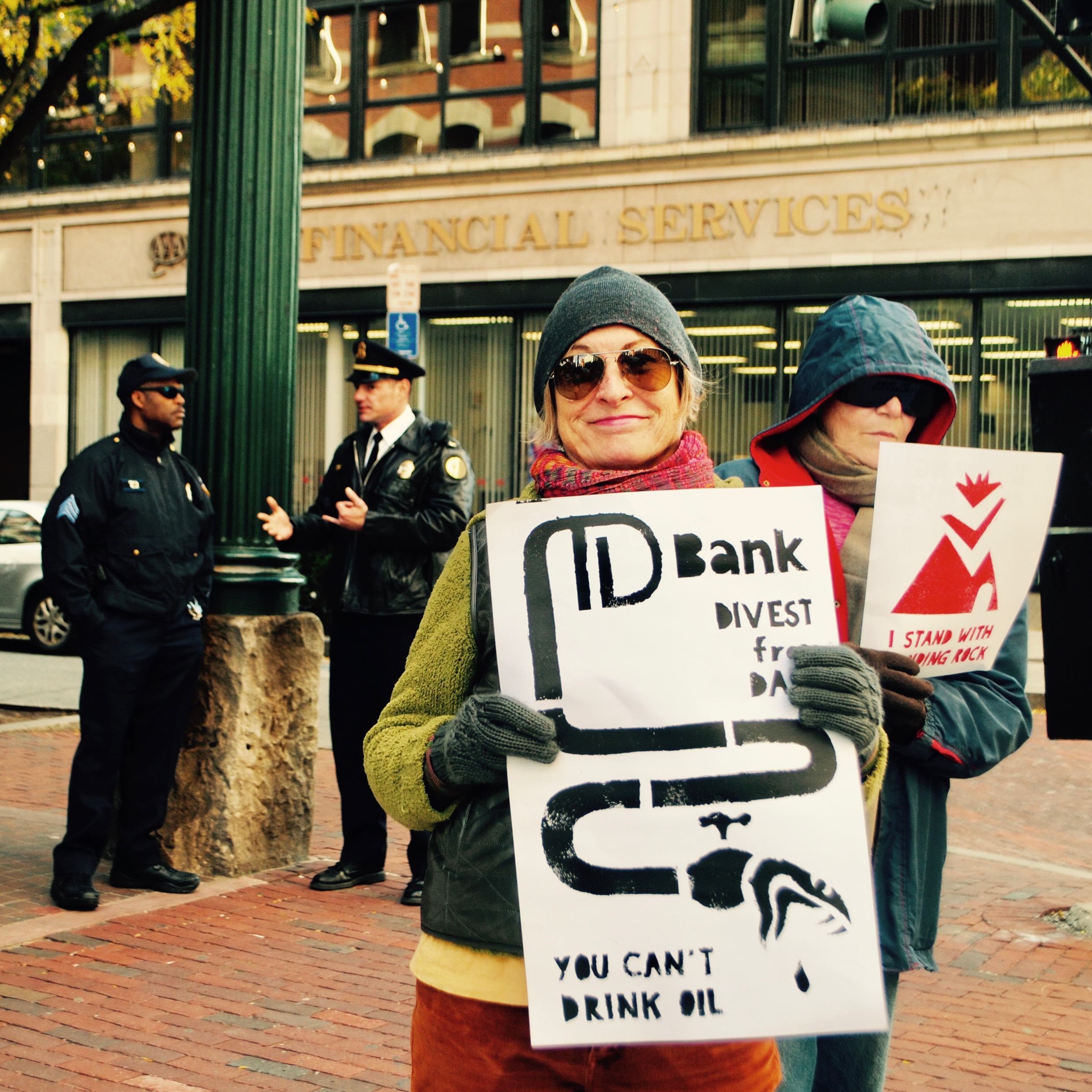
 The FANG Collective staged a demonstration outside TD Bank Wednesday to protest the company’s support of the Dakota Access Pipeline (DAPL), which is even now being blocked by First Nation protesters from many different tribes. TD Bank is one of many lending institutions financing the pipeline.
The FANG Collective staged a demonstration outside TD Bank Wednesday to protest the company’s support of the Dakota Access Pipeline (DAPL), which is even now being blocked by First Nation protesters from many different tribes. TD Bank is one of many lending institutions financing the pipeline. This protest follows an
This protest follows an 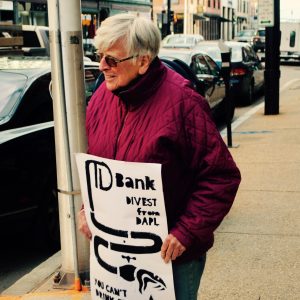 Protesters handed out flyers and held signs. One woman, Amy, after hearing from protester Sally Mendzela about the bank’s involvement with DAPL, told me that though she had come to open an account with the bank, she was not. Mendzela said that the woman was the second person to be dissuaded from doing business with TD Bank since she arrived.
Protesters handed out flyers and held signs. One woman, Amy, after hearing from protester Sally Mendzela about the bank’s involvement with DAPL, told me that though she had come to open an account with the bank, she was not. Mendzela said that the woman was the second person to be dissuaded from doing business with TD Bank since she arrived.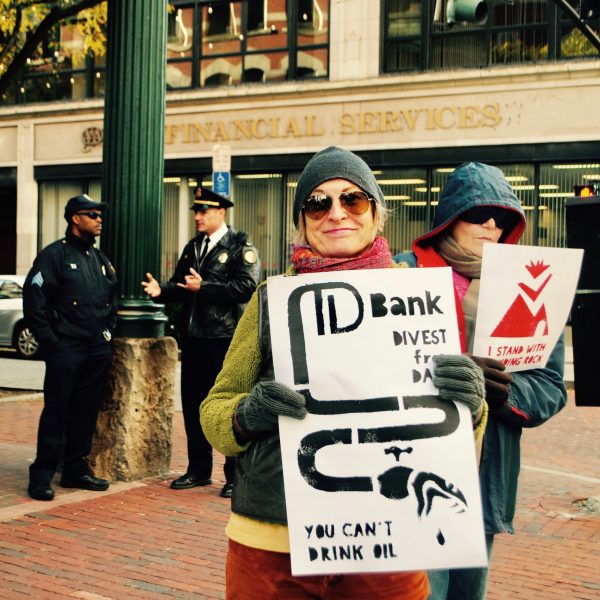
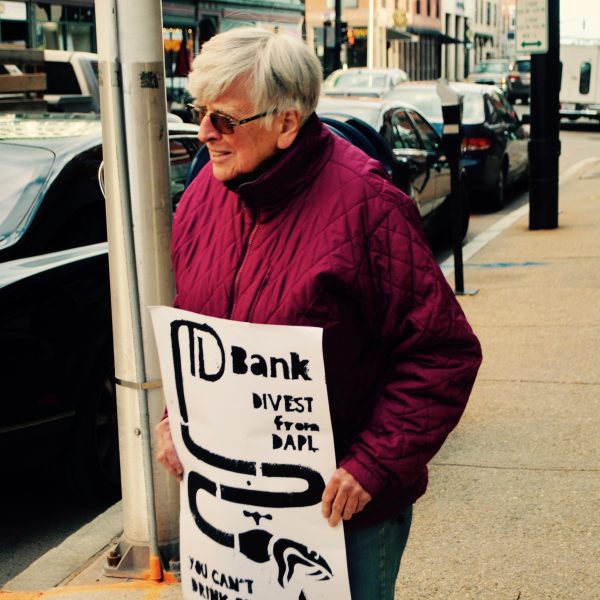
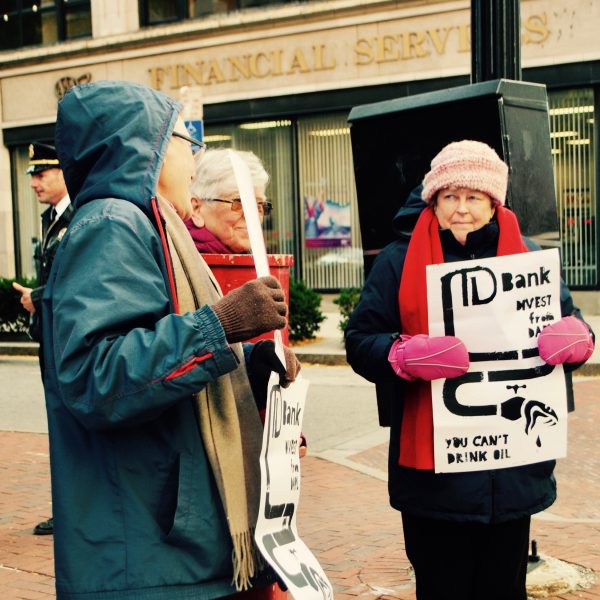
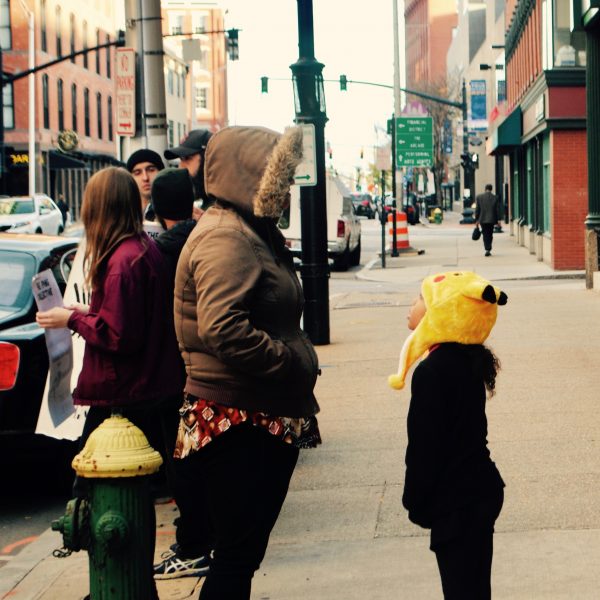

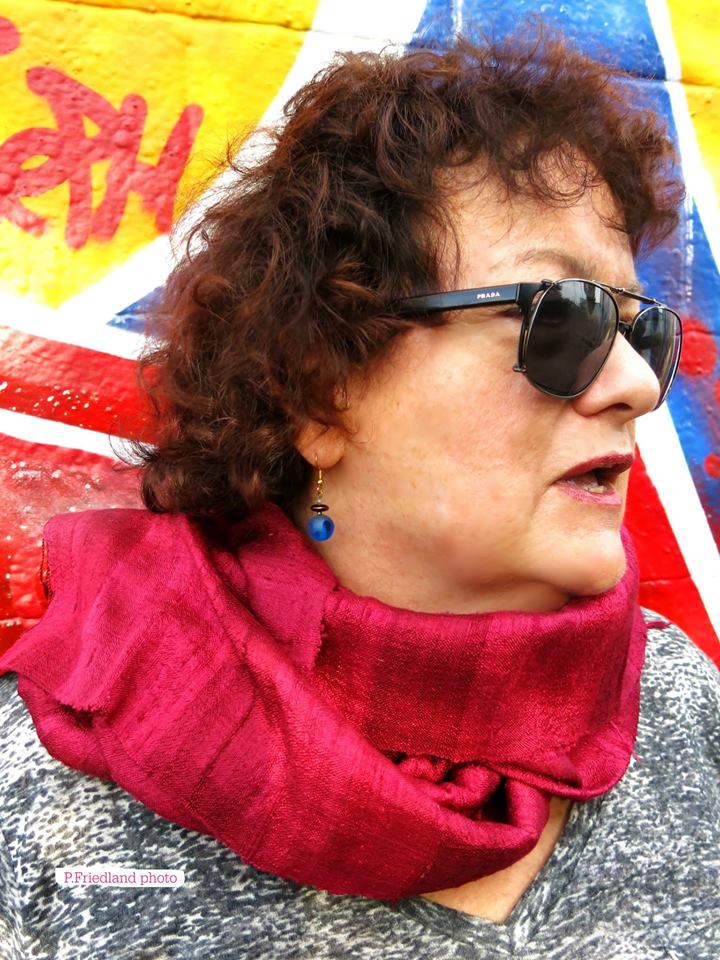


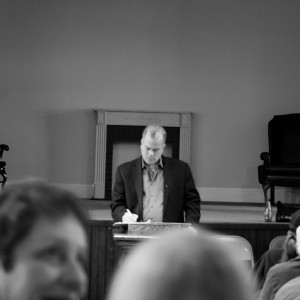 The electoral race between Speaker of the House Nicholas Mattiello and his Republican challenger Steven Frias has, for obvious reasons, drawn an incredible amount of attention. Both candidates are working very hard to capture every vote they can in their district. But one exceptional aspect of their race has gone unmentioned: they have fewer people to convince to vote for them than in all but one other House district.
The electoral race between Speaker of the House Nicholas Mattiello and his Republican challenger Steven Frias has, for obvious reasons, drawn an incredible amount of attention. Both candidates are working very hard to capture every vote they can in their district. But one exceptional aspect of their race has gone unmentioned: they have fewer people to convince to vote for them than in all but one other House district.
 There is another impact that flows from this practice: the voting strength of the communities from which the inmates come is diluted, while the political influence of the city residents in which the prison is located is inflated. By inappropriately counting the 1,230 ACI inmates as District 15 residents, every resident of the state not living there has his or her representation diluted by about 8% compared to residents in district 15. Put another way, by virtue of his location, the House Speaker is more powerful than other legislators not just because of his title, but because 92 constituents of his House District have the same influence as 100 residents in almost every other district. (Only neighboring District 20, which also includes portions of the ACI, wields a bigger disproportionate influence.)
There is another impact that flows from this practice: the voting strength of the communities from which the inmates come is diluted, while the political influence of the city residents in which the prison is located is inflated. By inappropriately counting the 1,230 ACI inmates as District 15 residents, every resident of the state not living there has his or her representation diluted by about 8% compared to residents in district 15. Put another way, by virtue of his location, the House Speaker is more powerful than other legislators not just because of his title, but because 92 constituents of his House District have the same influence as 100 residents in almost every other district. (Only neighboring District 20, which also includes portions of the ACI, wields a bigger disproportionate influence.)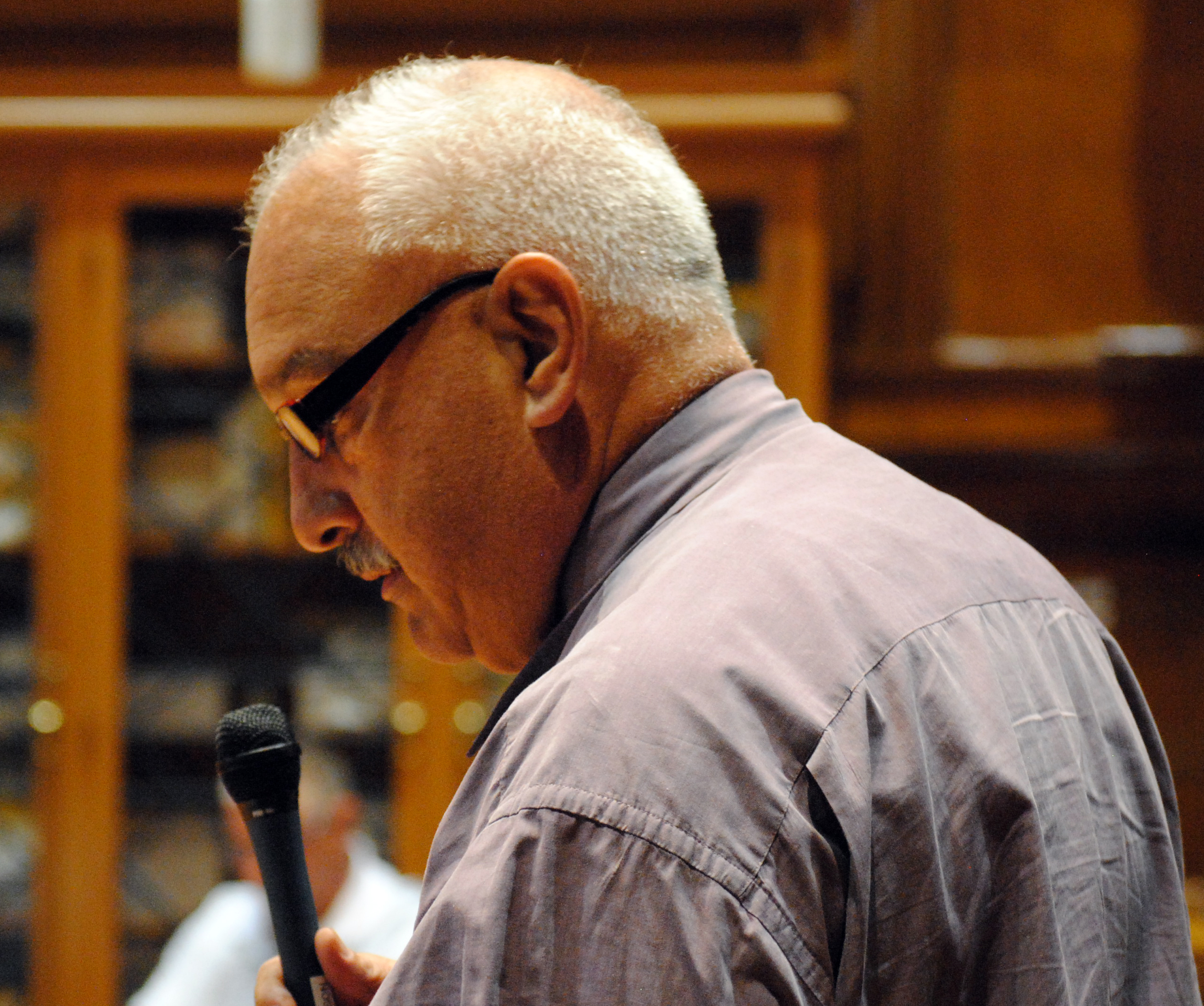
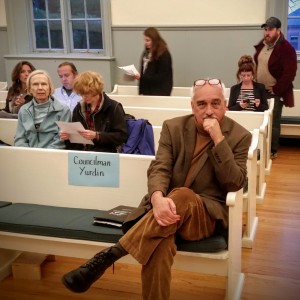

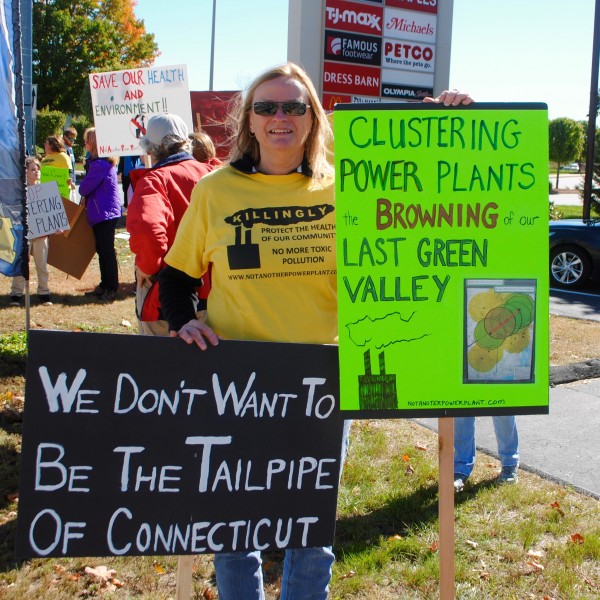 As large as Invenergy‘s $700 million fracked gas and diesel oil burning power plant would be if it were to be actually built in the pristine wilderness of Burrillville, the project is but a small part of a colossal, three-state fracked gas infrastructure project that has been in development for years in the northwest corner of the Rhode Island and beyond. Eight power plants currently litter a 31 mile expanse of pipeline, from Killingly, Connecticut, through Rhode Island, to Medway, Massachusetts. If built, Burrillville would be power plant number nine and Killingly is the proposed site of power plant number ten.
As large as Invenergy‘s $700 million fracked gas and diesel oil burning power plant would be if it were to be actually built in the pristine wilderness of Burrillville, the project is but a small part of a colossal, three-state fracked gas infrastructure project that has been in development for years in the northwest corner of the Rhode Island and beyond. Eight power plants currently litter a 31 mile expanse of pipeline, from Killingly, Connecticut, through Rhode Island, to Medway, Massachusetts. If built, Burrillville would be power plant number nine and Killingly is the proposed site of power plant number ten.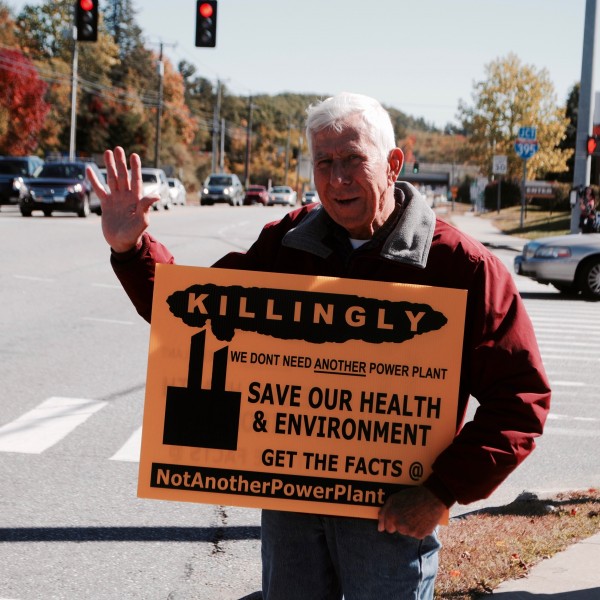 The Killingly power plant is to be built in a residential neighborhood within a mile of 460 Killingly housing units. At least five schools and day cares, over 5,000 students, are within three miles of the proposed plant. Wyndham County, where Killingly is located, has asthma rates 18 percent higher than the rest of Connecticut.
The Killingly power plant is to be built in a residential neighborhood within a mile of 460 Killingly housing units. At least five schools and day cares, over 5,000 students, are within three miles of the proposed plant. Wyndham County, where Killingly is located, has asthma rates 18 percent higher than the rest of Connecticut. The Town of Killingly is categorized as a distressed community. Like other areas where these types of facilities are targeted, there are environmental justice issues to be considered. Very often the facilities are like these are aimed at low income communities that lack the financial means to either fight the power plant or resist the financial carrots dangled by the company building the plant.
The Town of Killingly is categorized as a distressed community. Like other areas where these types of facilities are targeted, there are environmental justice issues to be considered. Very often the facilities are like these are aimed at low income communities that lack the financial means to either fight the power plant or resist the financial carrots dangled by the company building the plant.
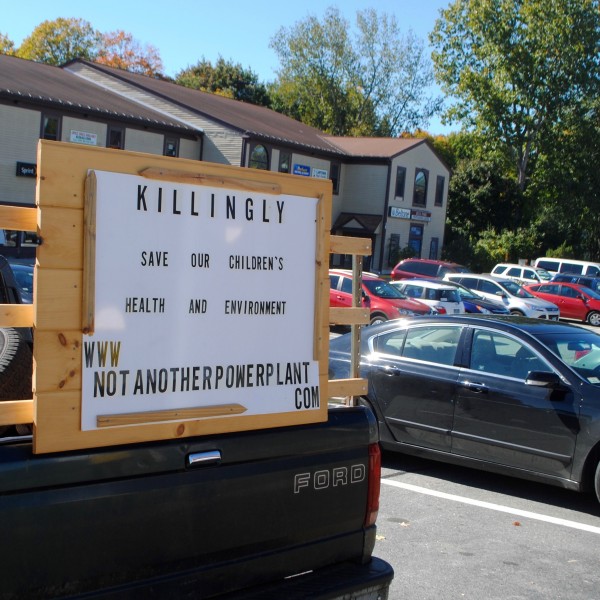
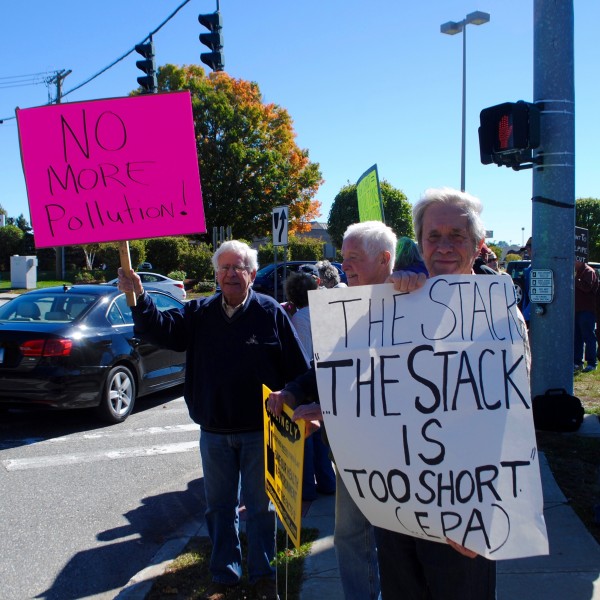
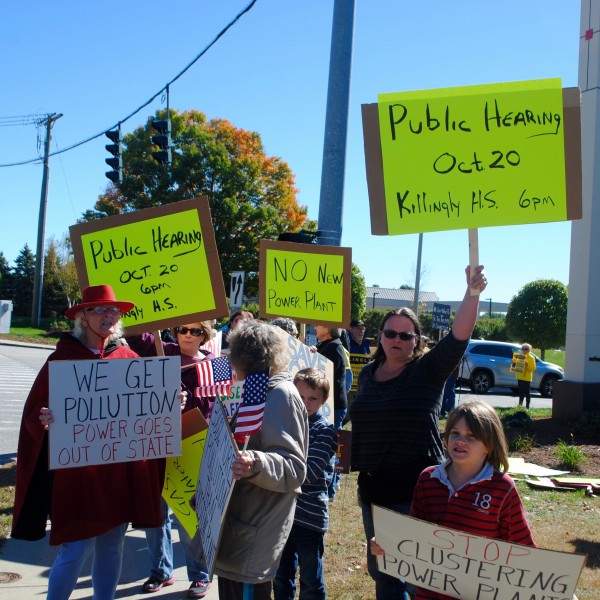
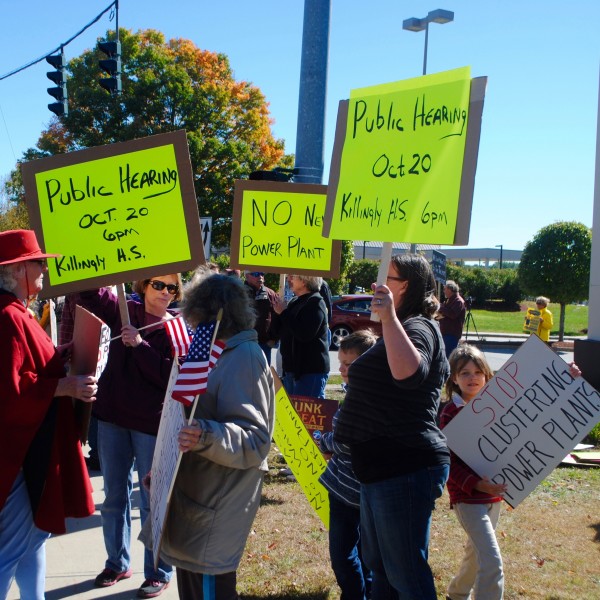
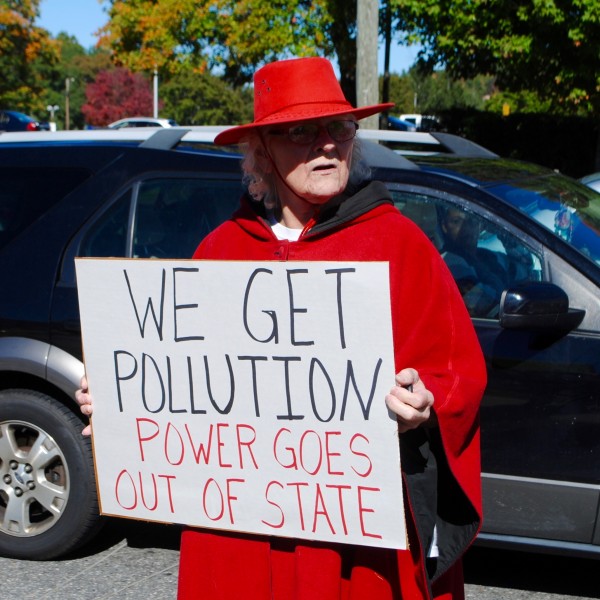
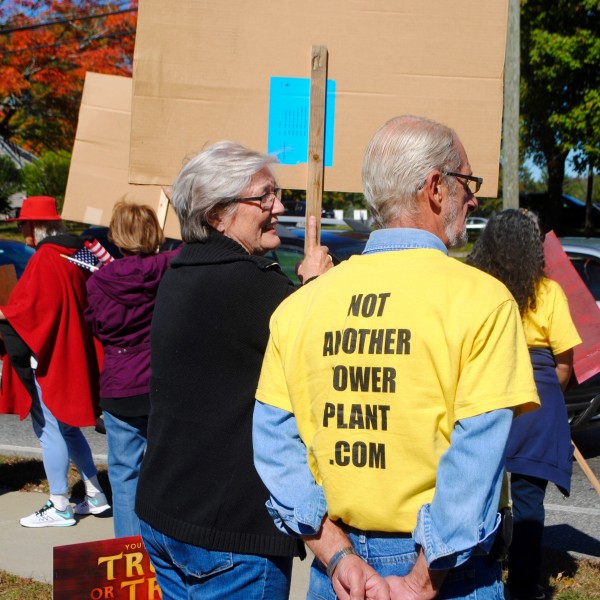
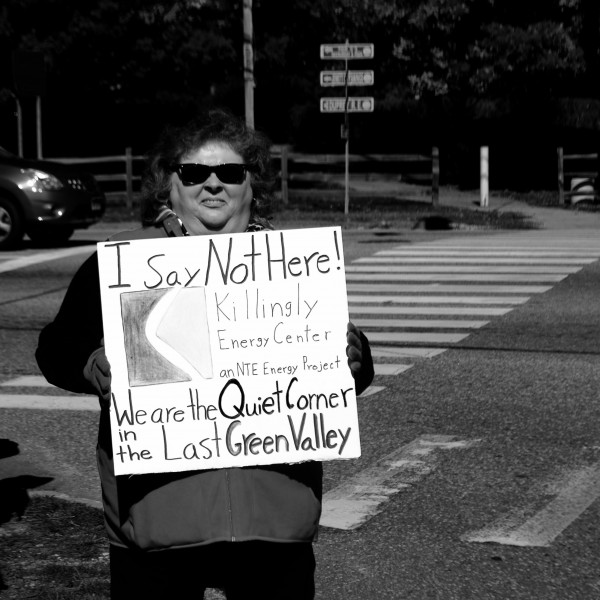
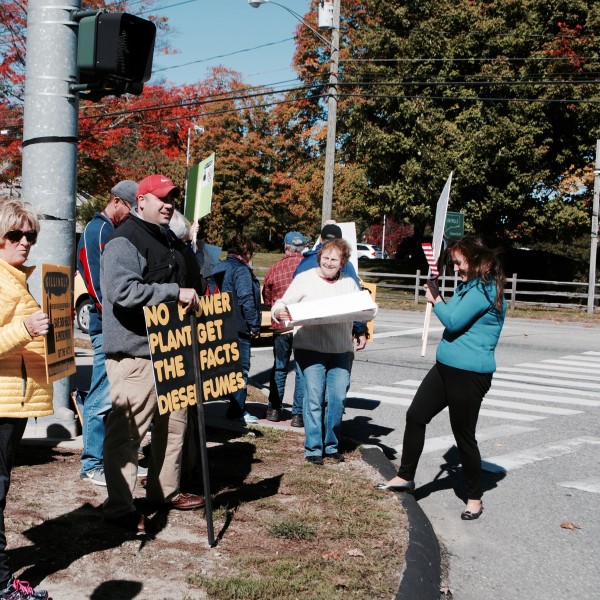
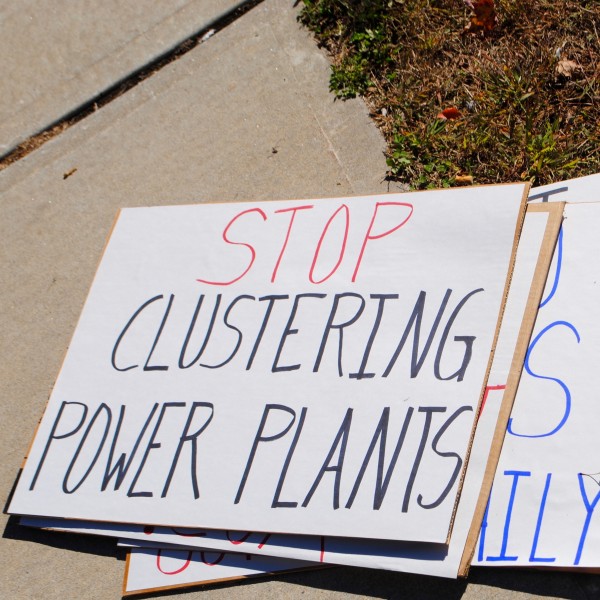

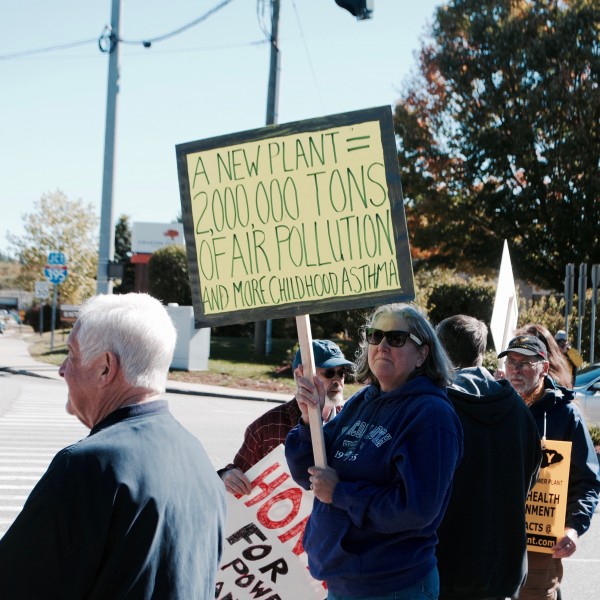
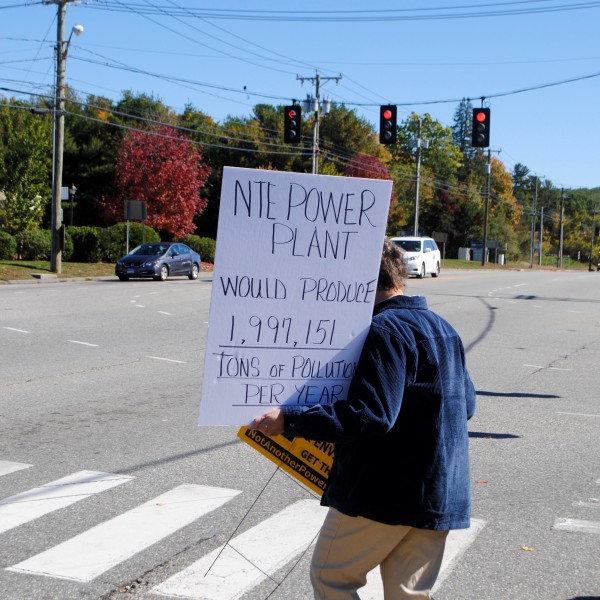
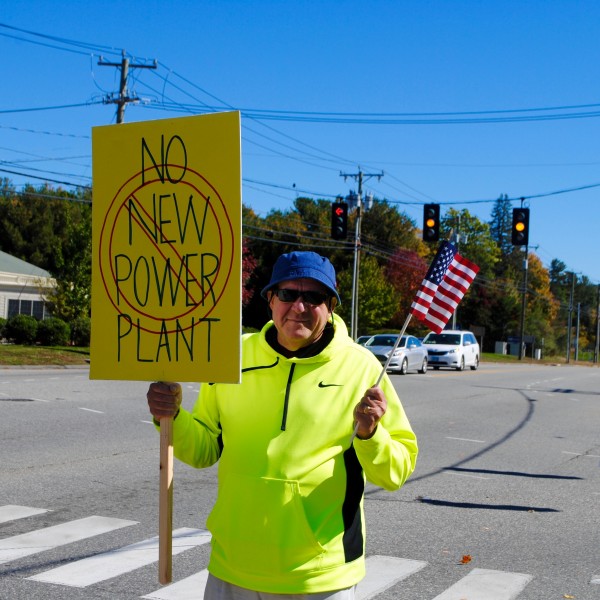
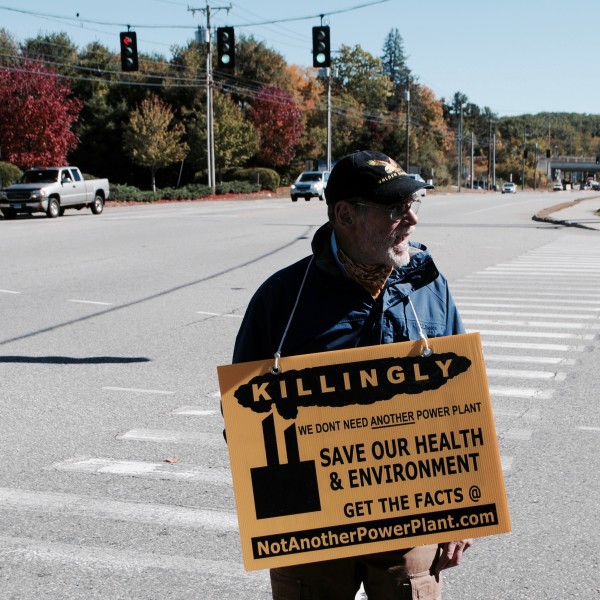

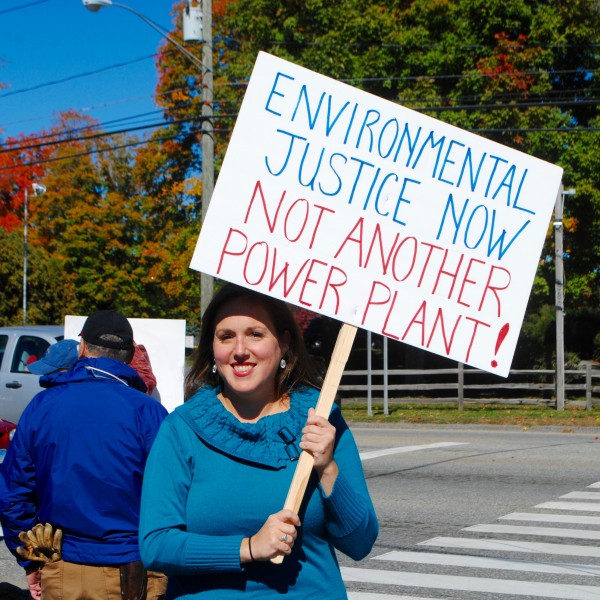

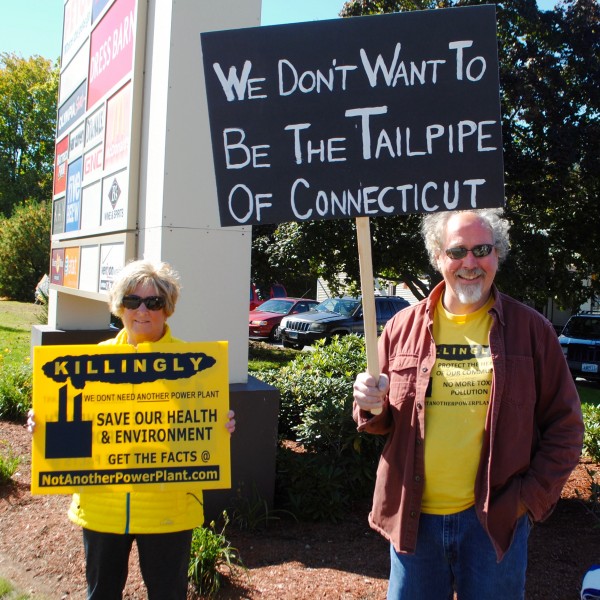
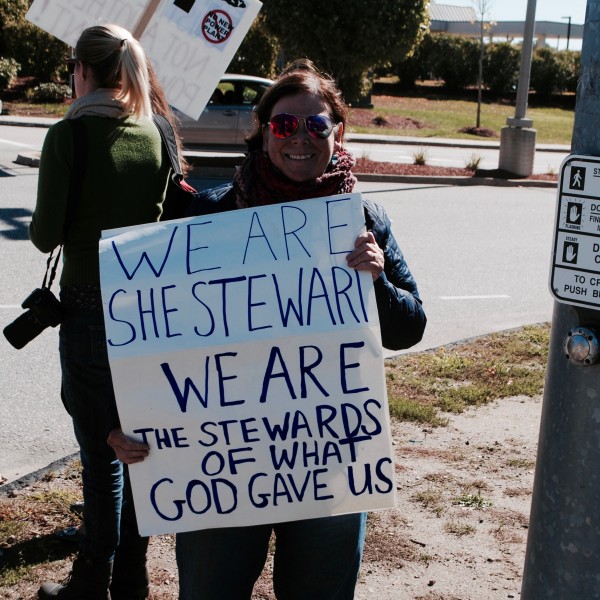
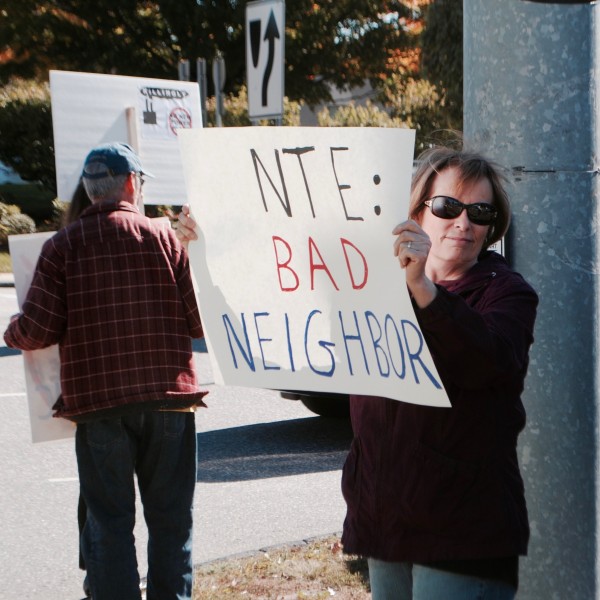
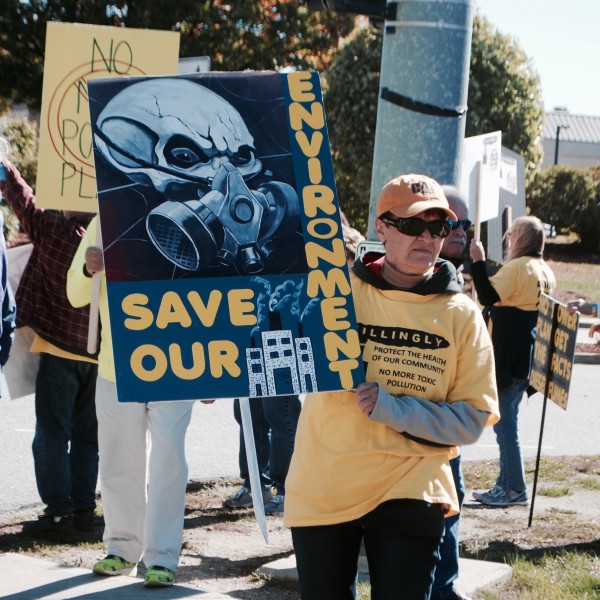
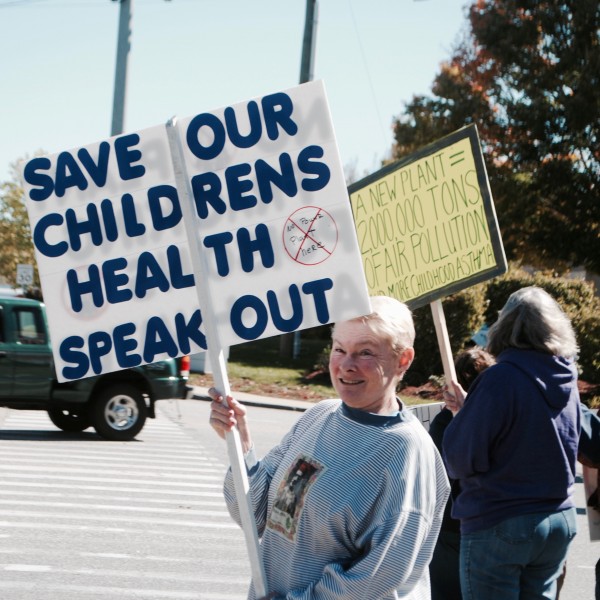
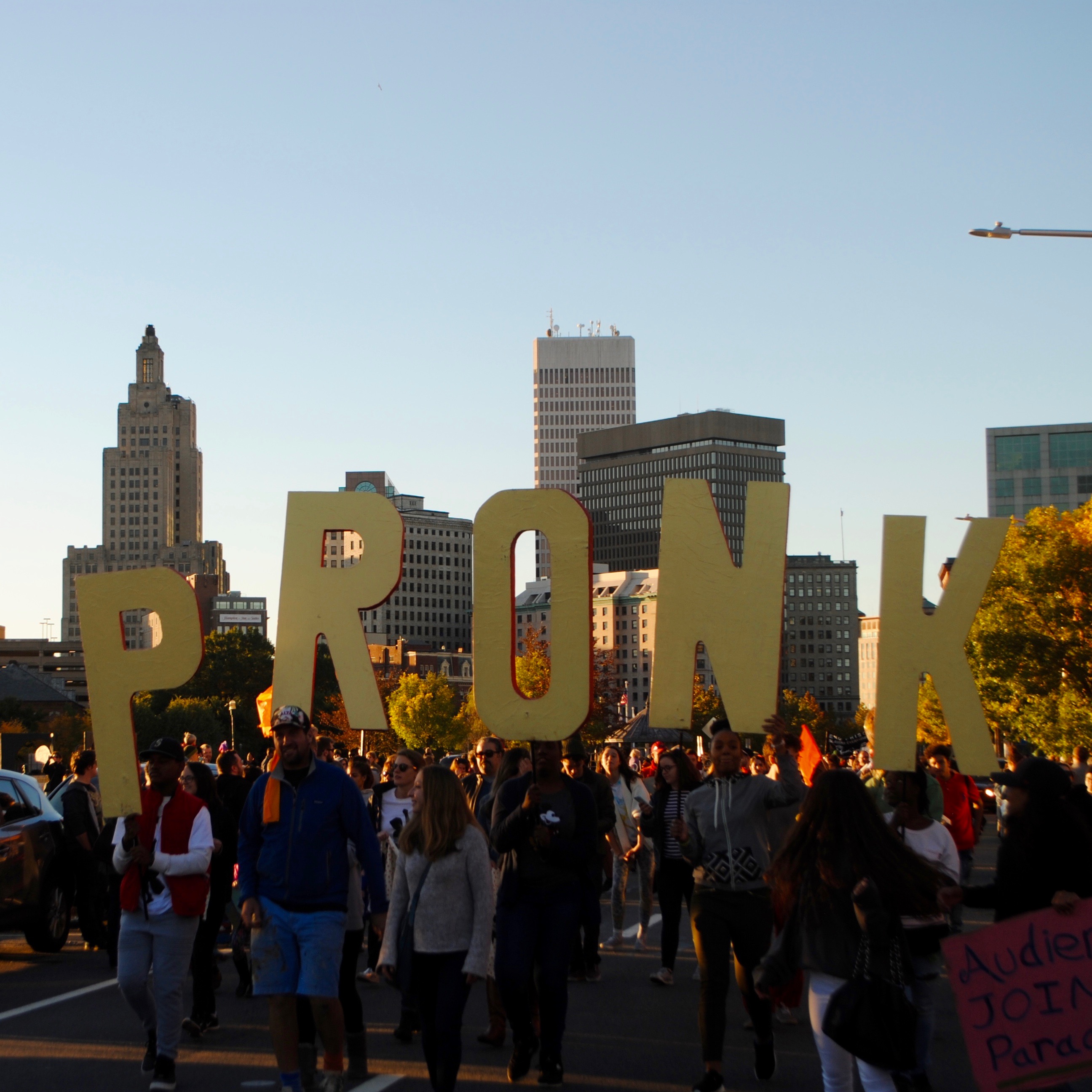
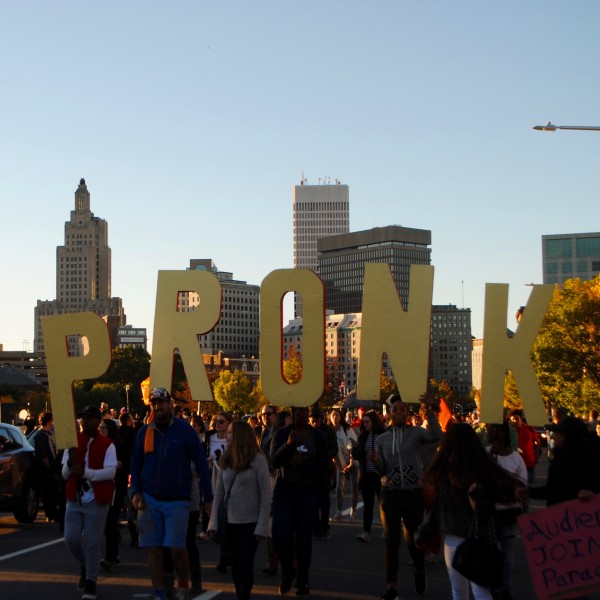 For its 9th Annual Festival PRONK! partnered with the STEP UP Coalition to support to the Community Safety Act (CSA). The goal of the collaboration was “to use music, dance and art to bring attention to injustices and inequalities in our city and encourage people across Providence to stand behind the legislation.”
For its 9th Annual Festival PRONK! partnered with the STEP UP Coalition to support to the Community Safety Act (CSA). The goal of the collaboration was “to use music, dance and art to bring attention to injustices and inequalities in our city and encourage people across Providence to stand behind the legislation.” 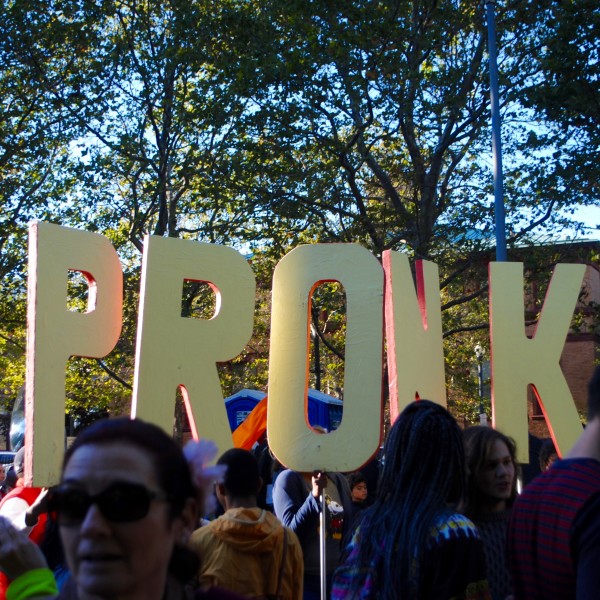
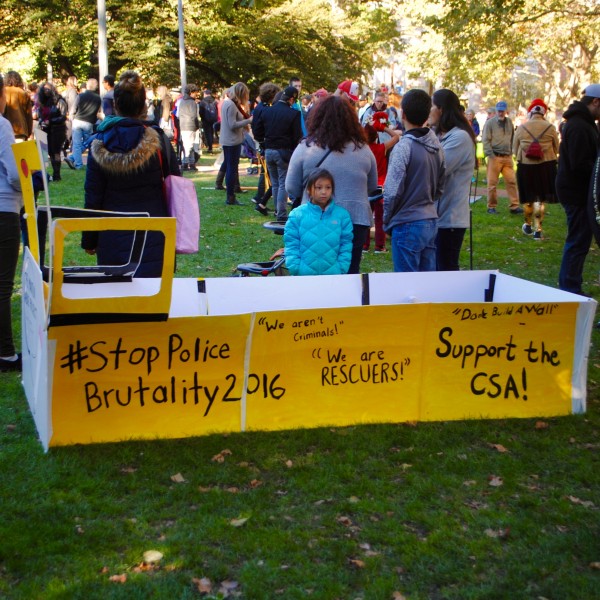
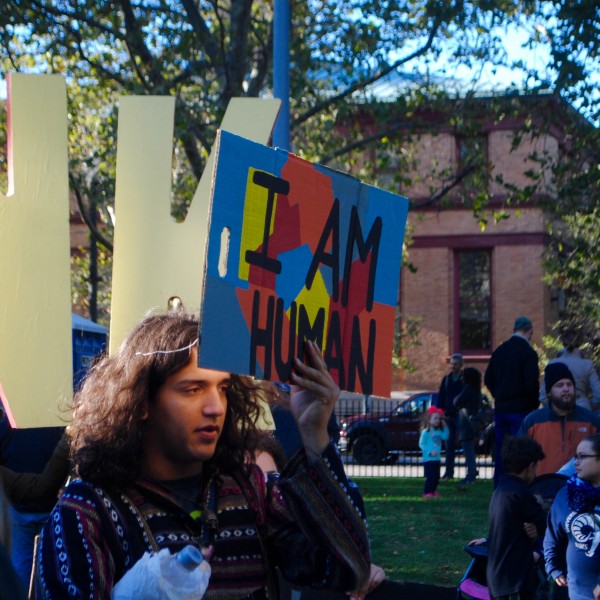

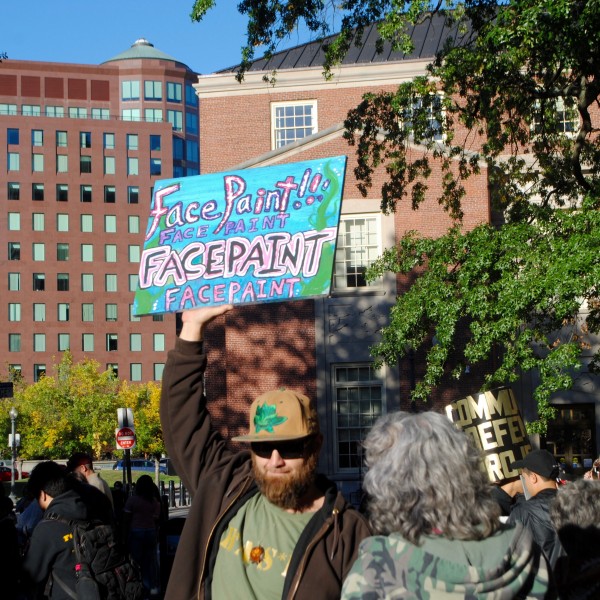
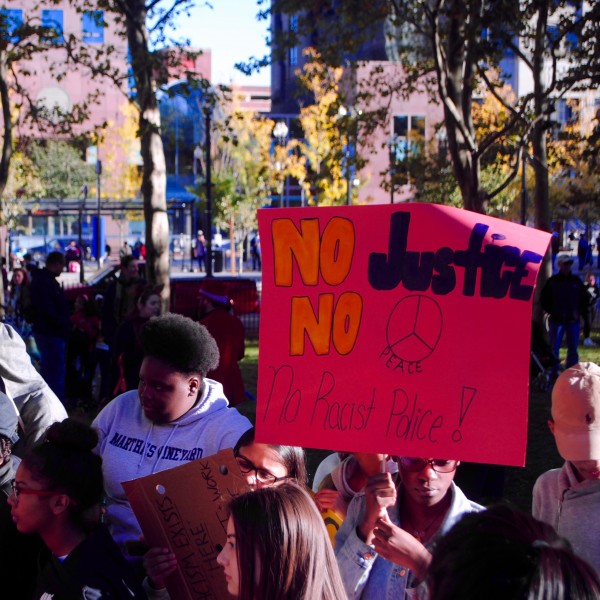

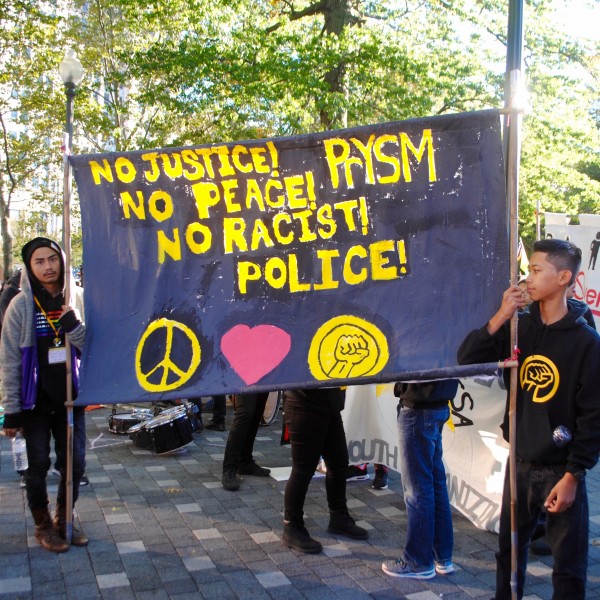




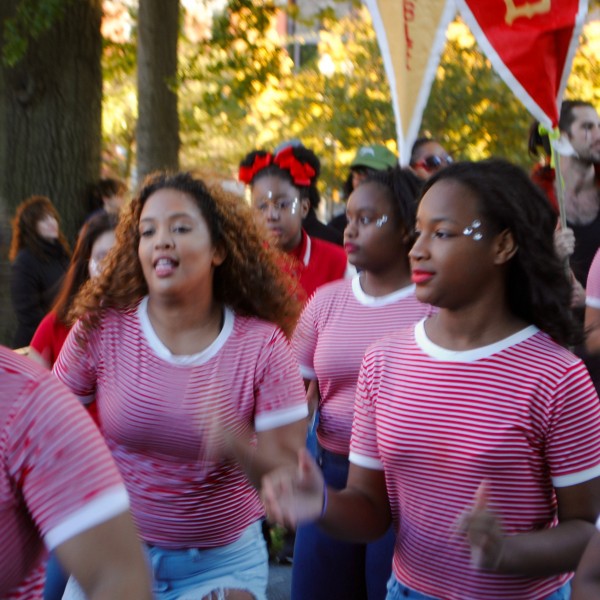

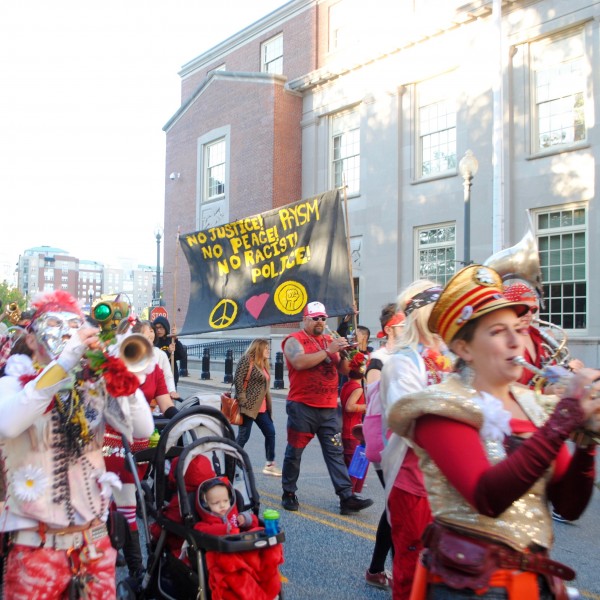
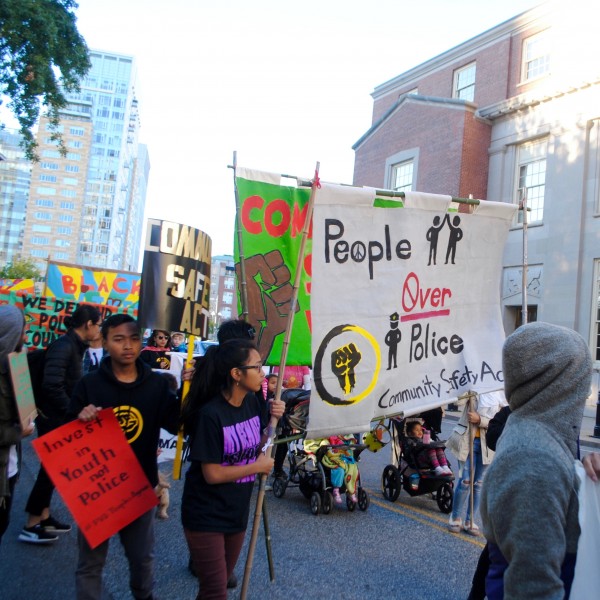
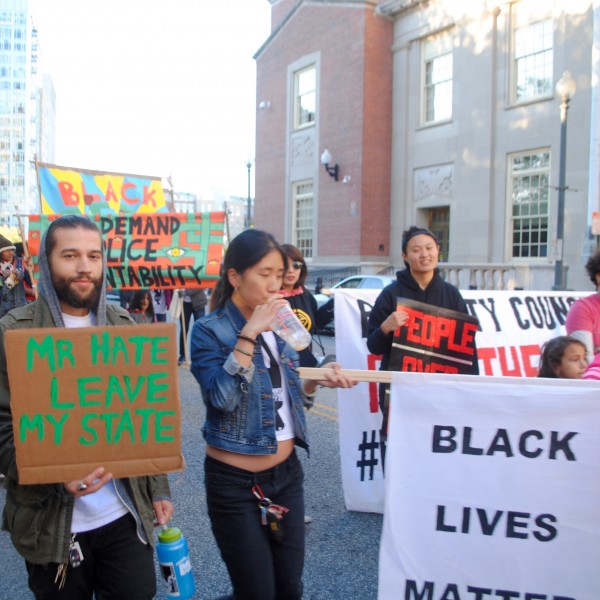
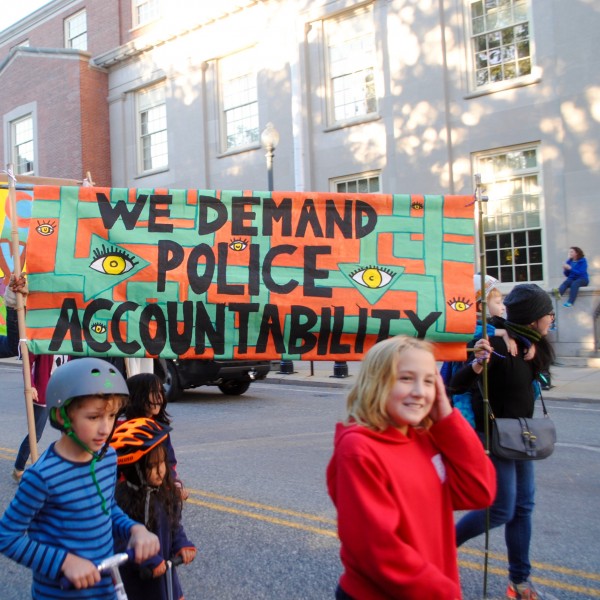
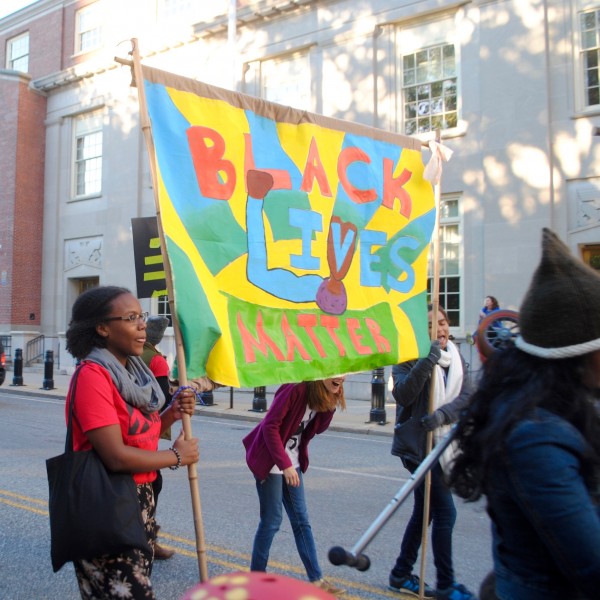
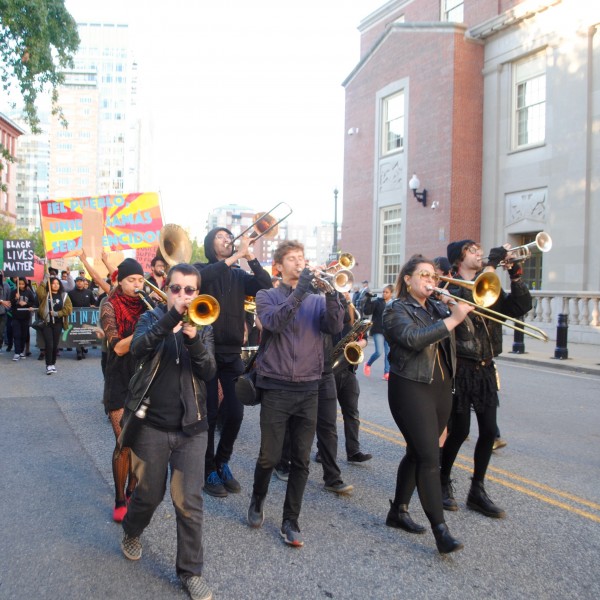
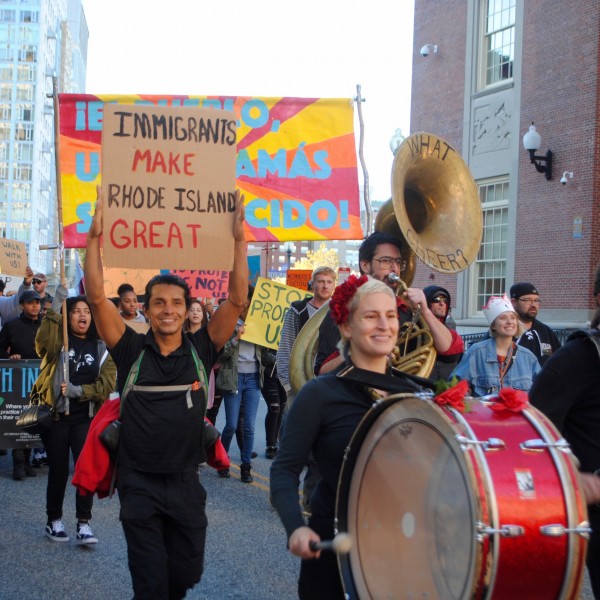
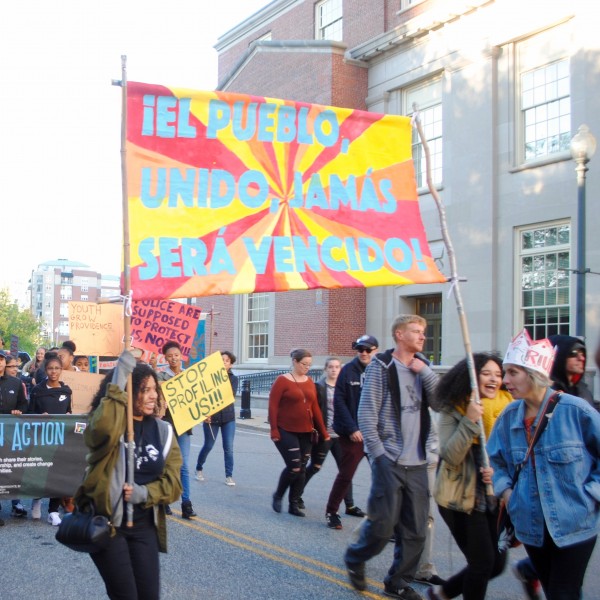
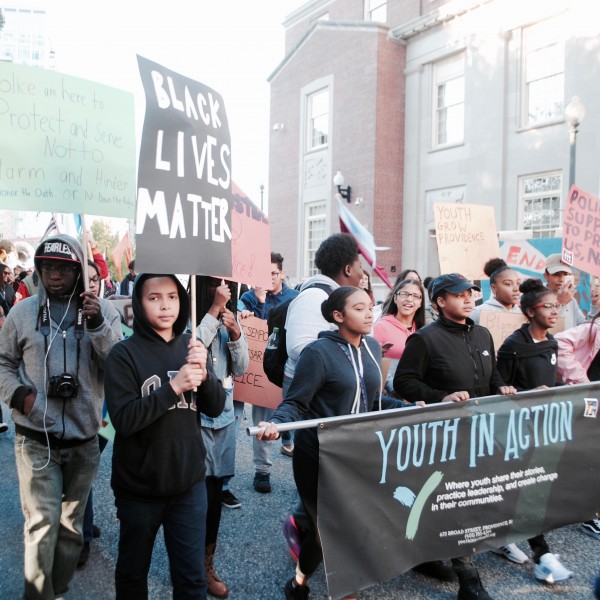
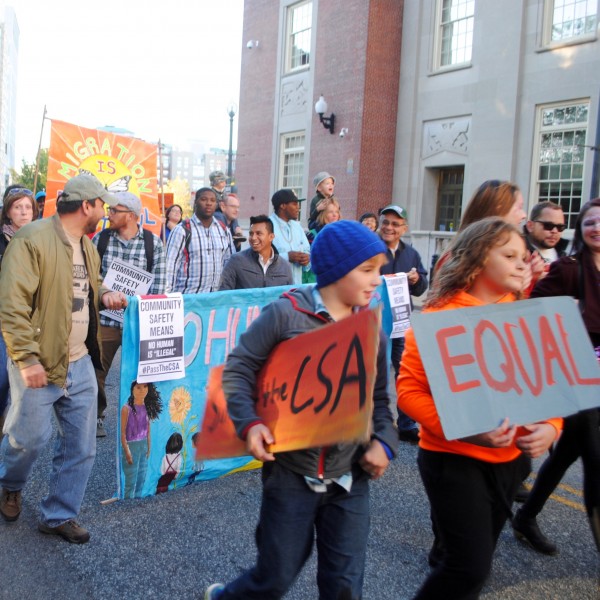
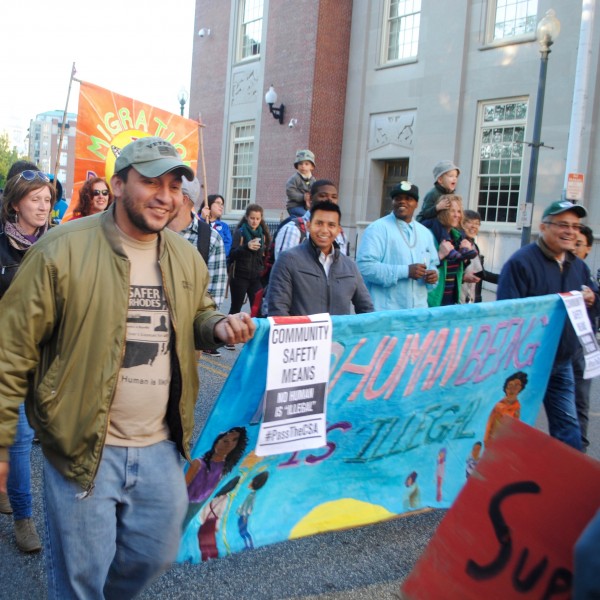
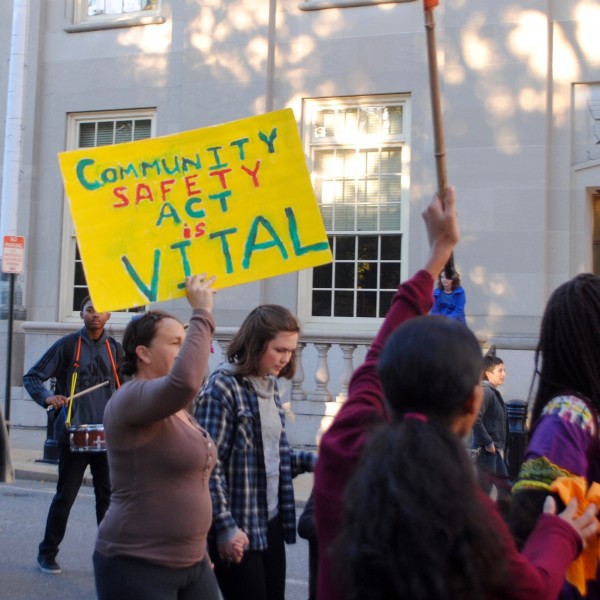
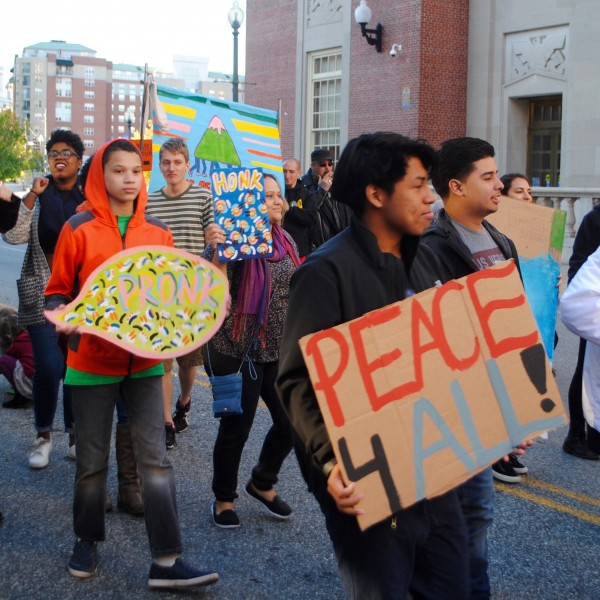

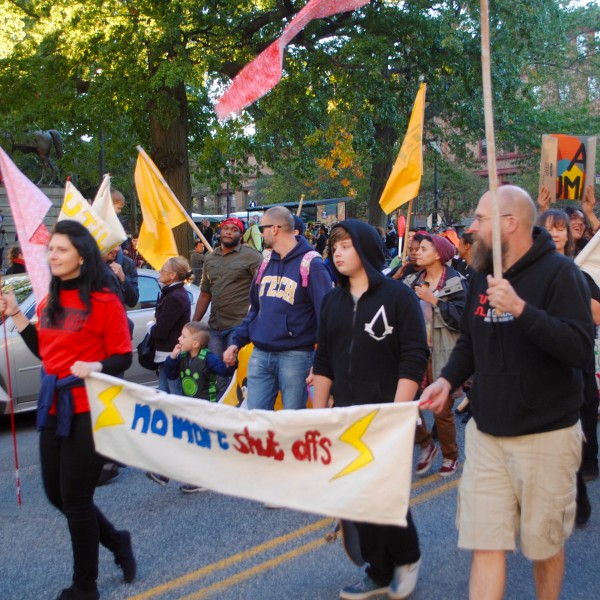

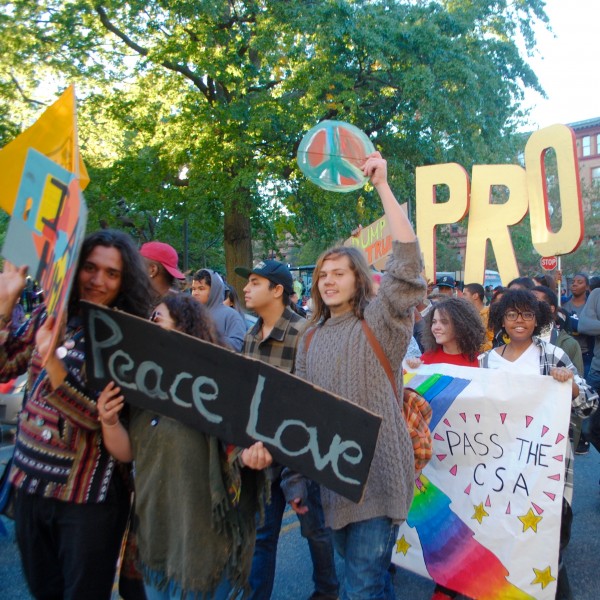
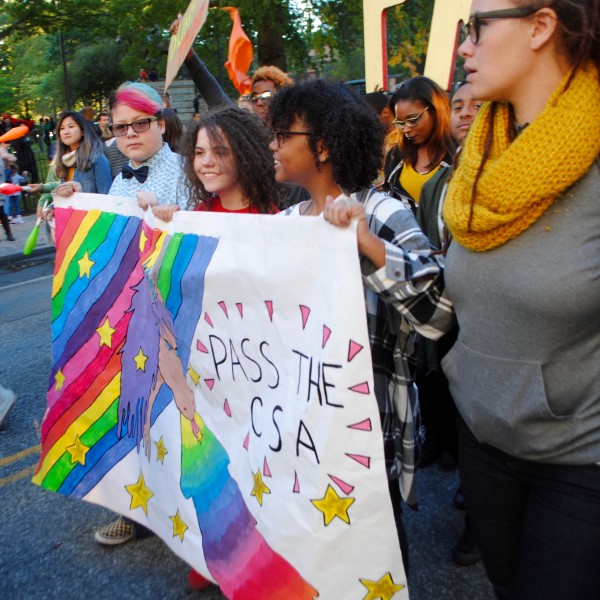
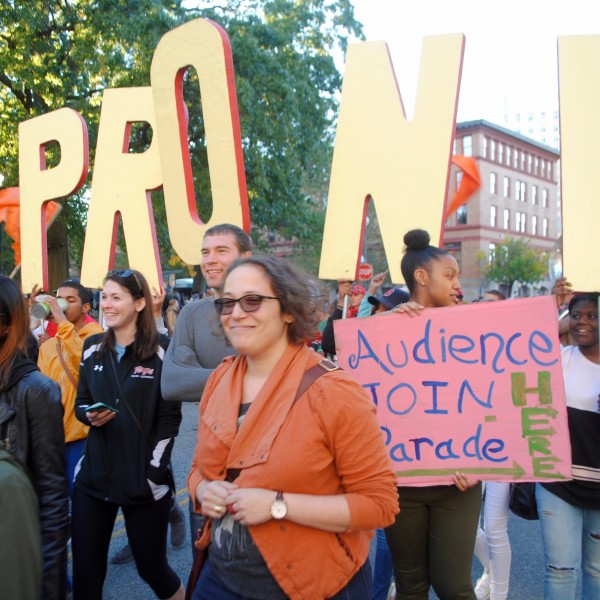
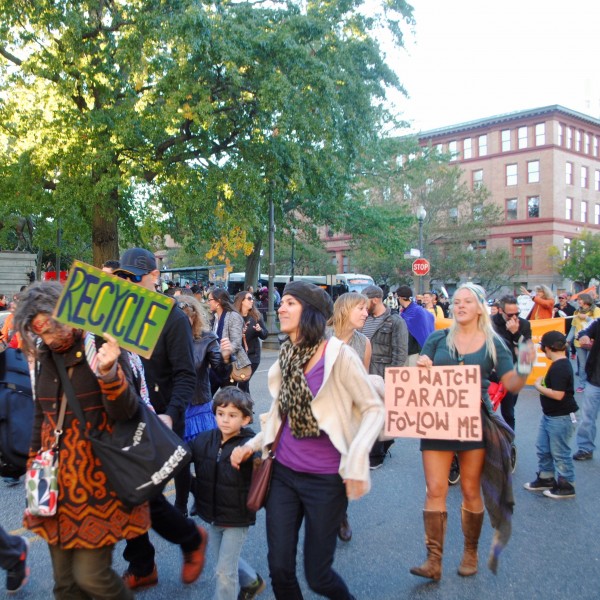
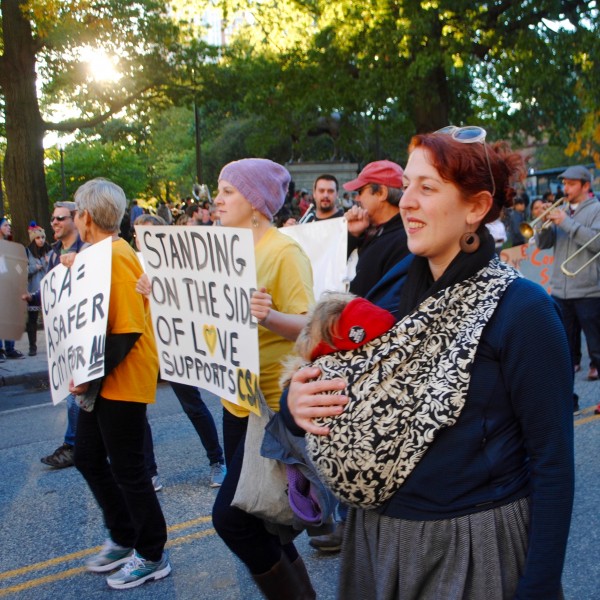
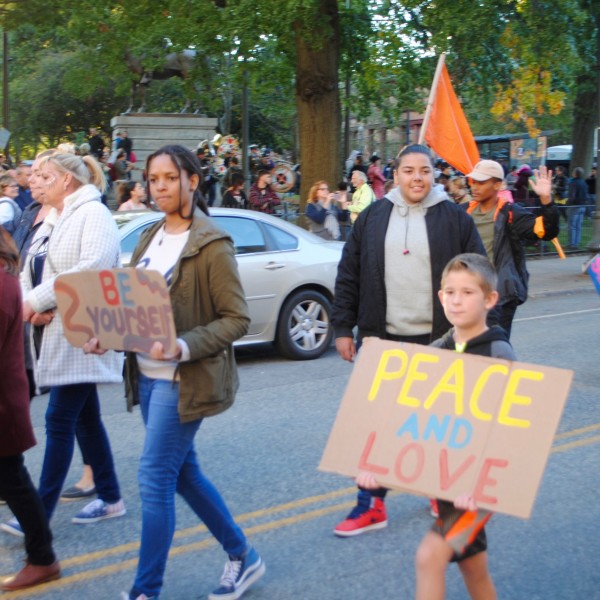
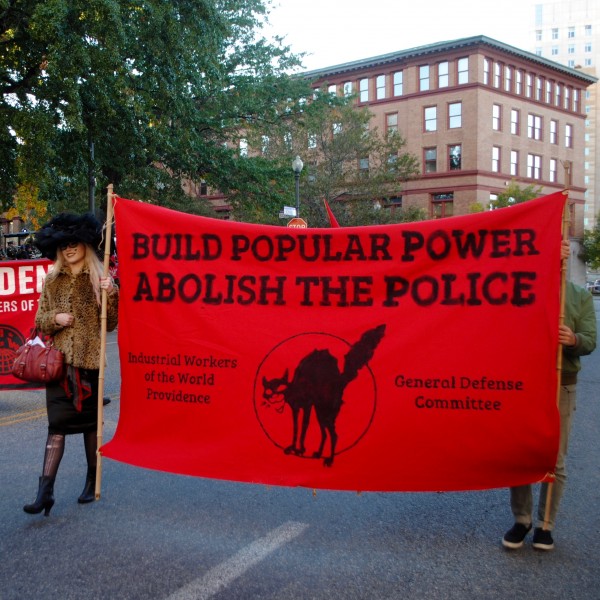
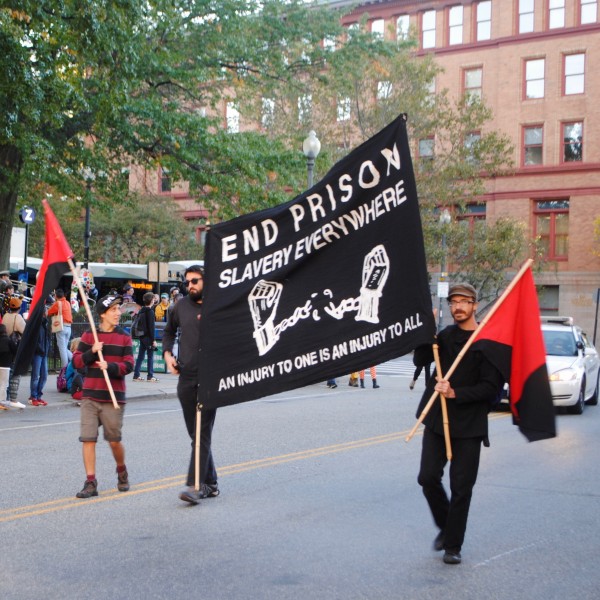
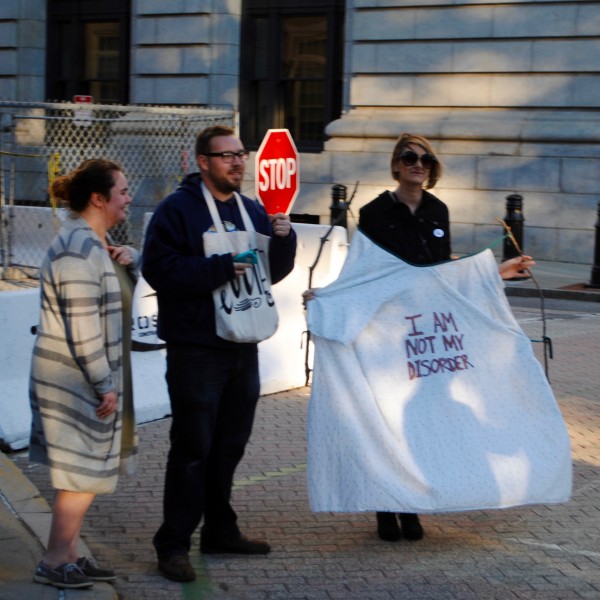


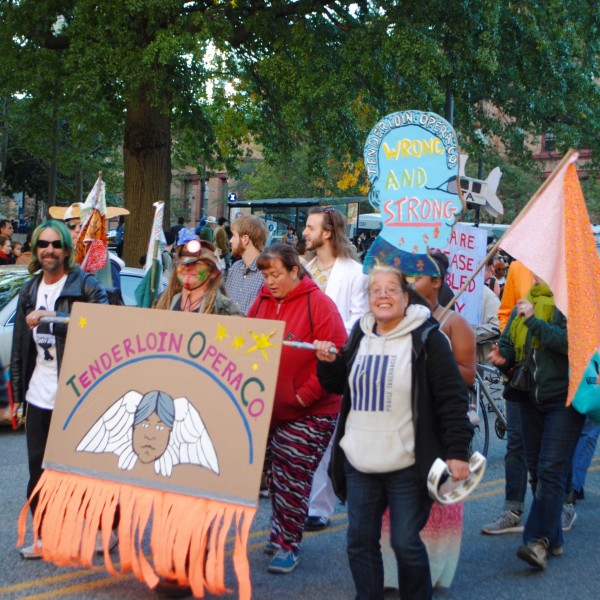
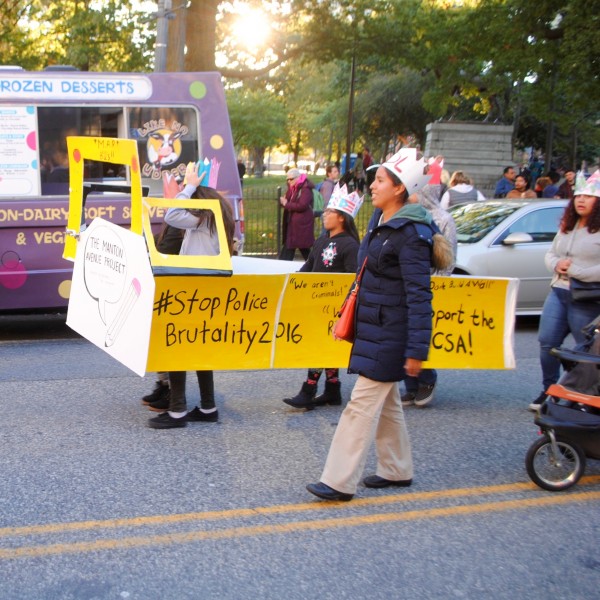
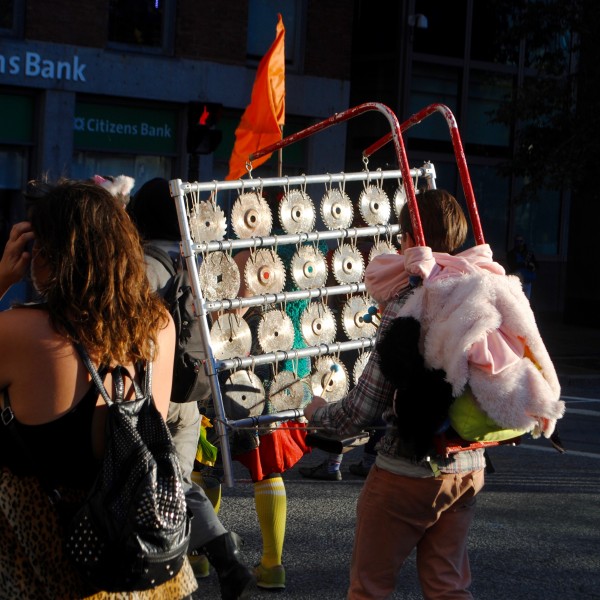
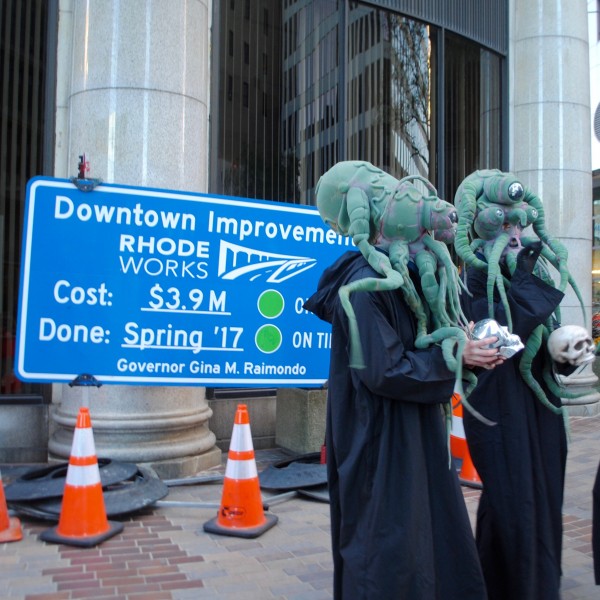
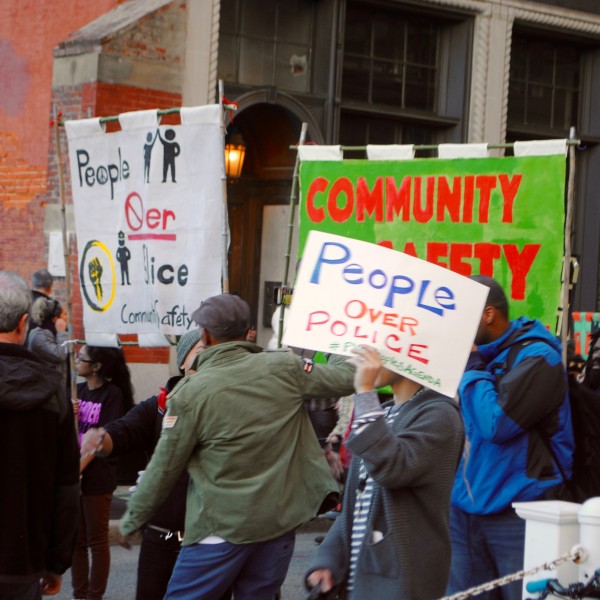
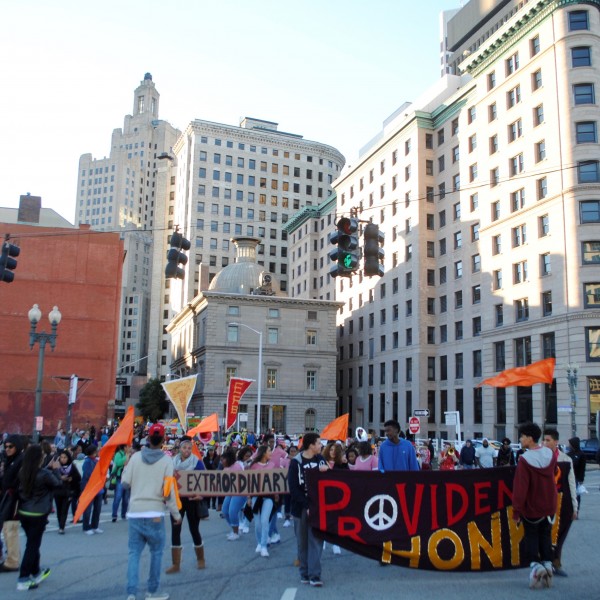
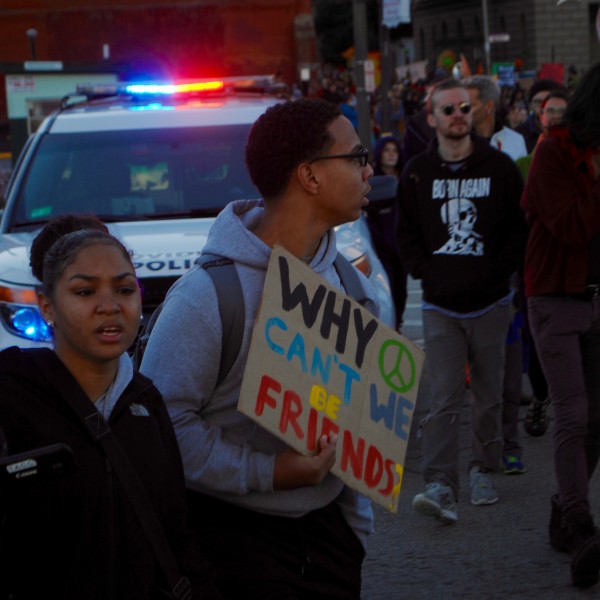

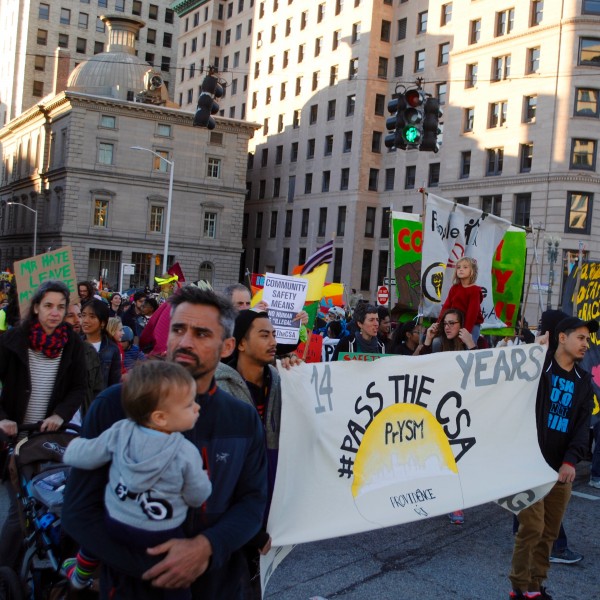


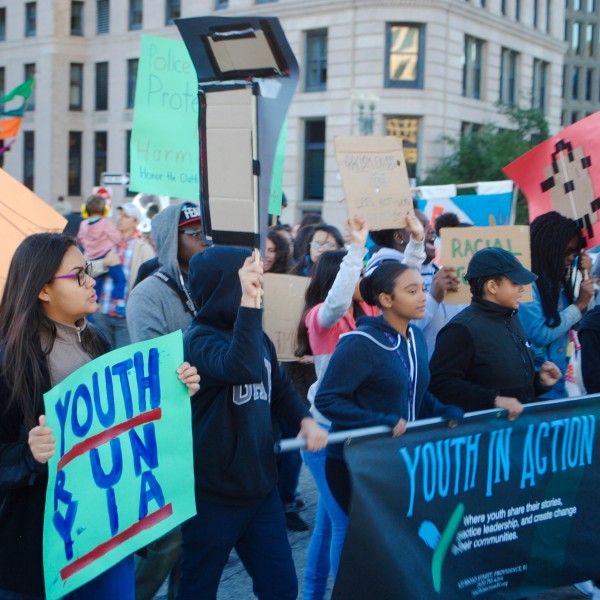
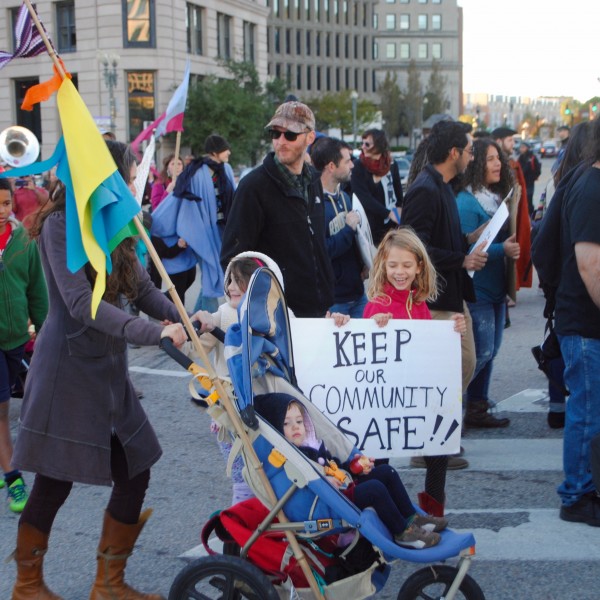



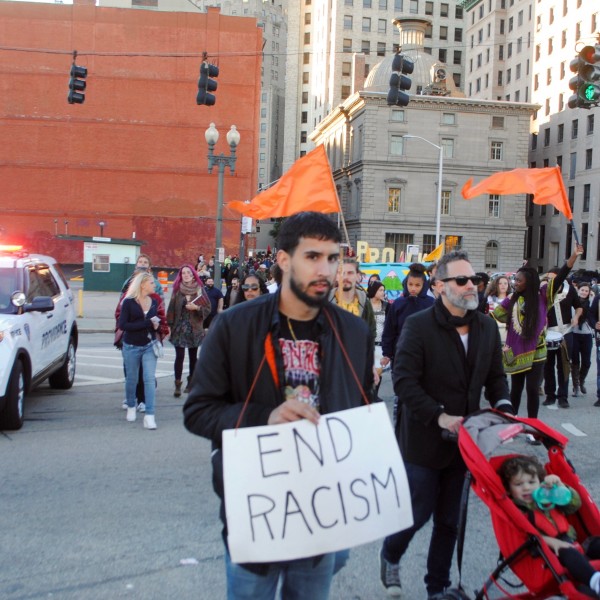
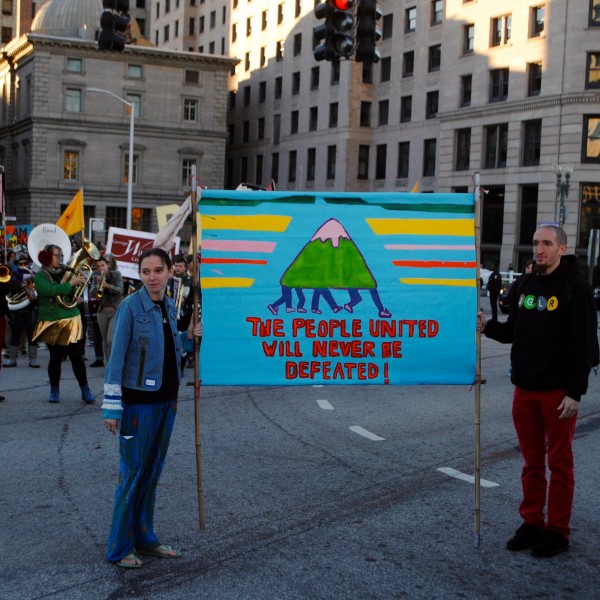
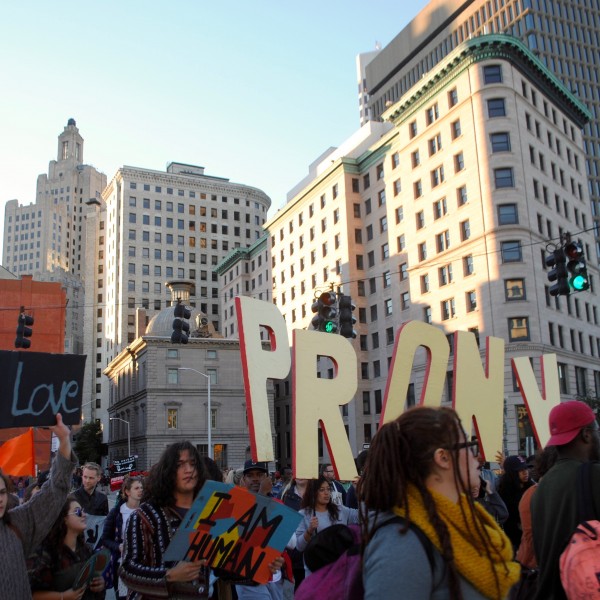
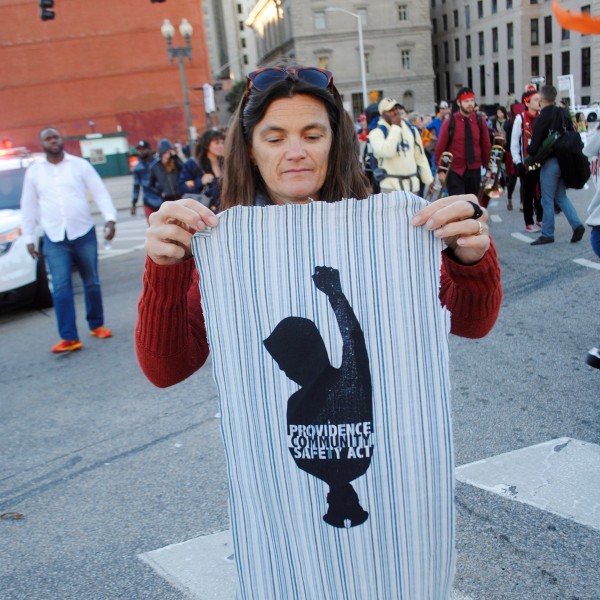
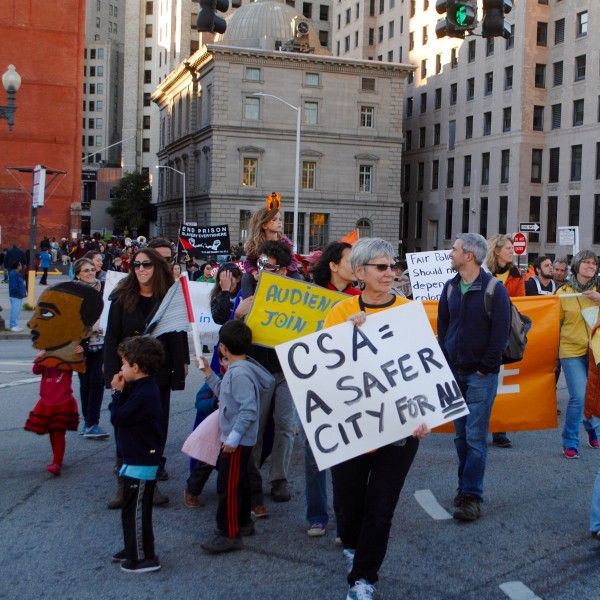
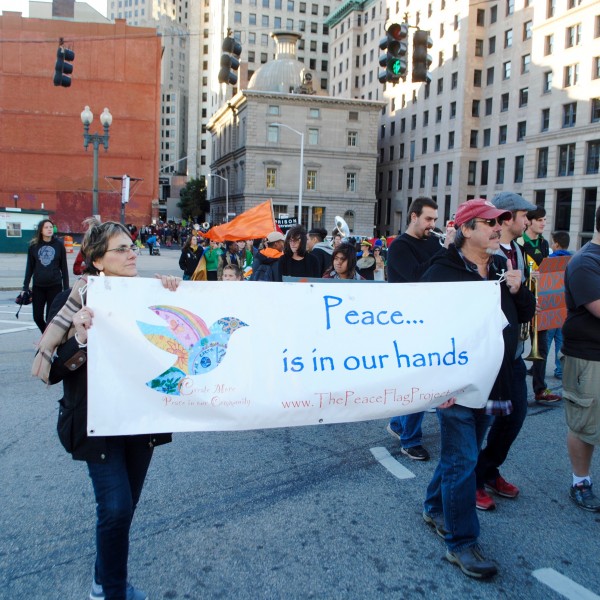
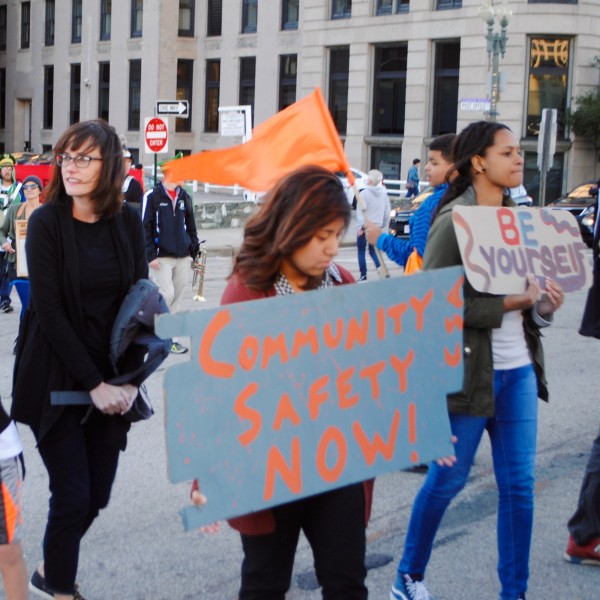
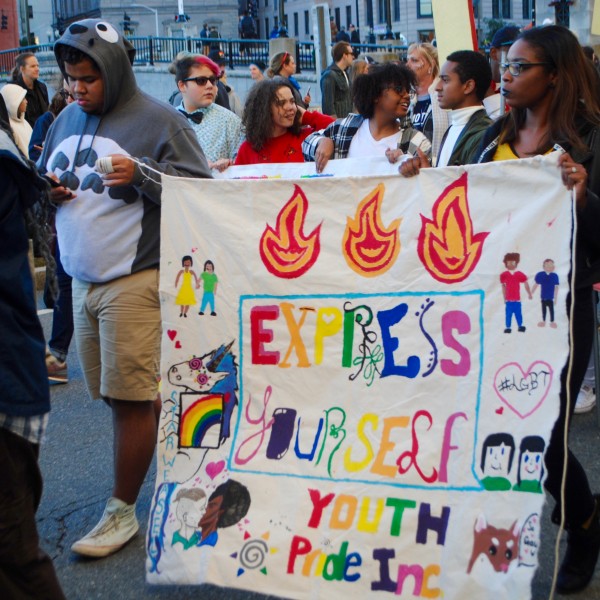
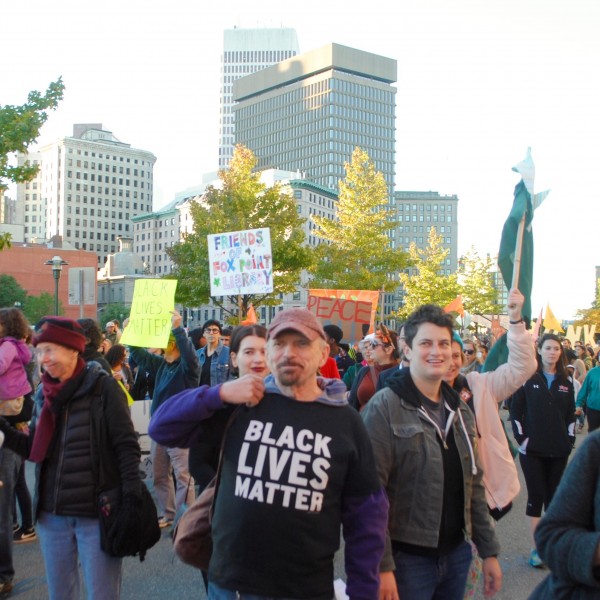
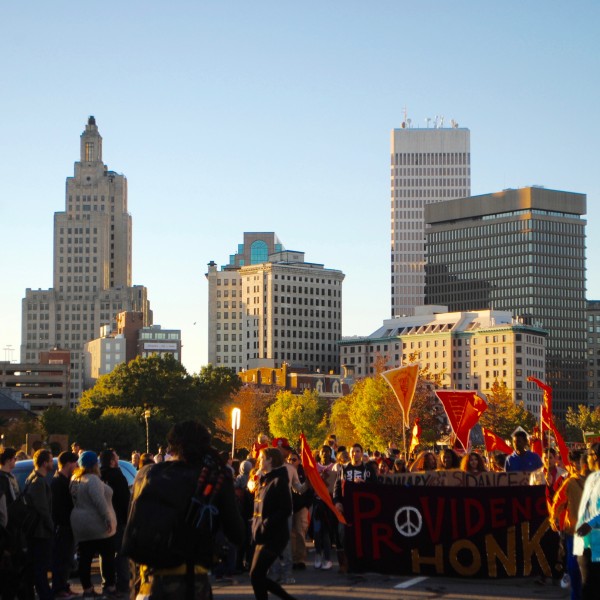
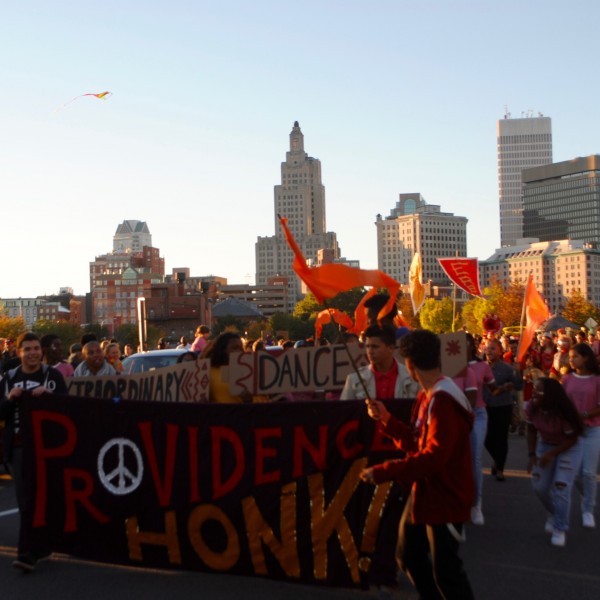




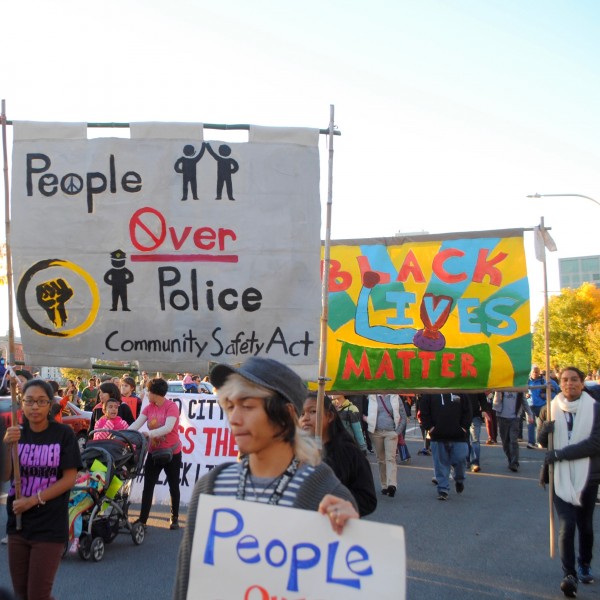
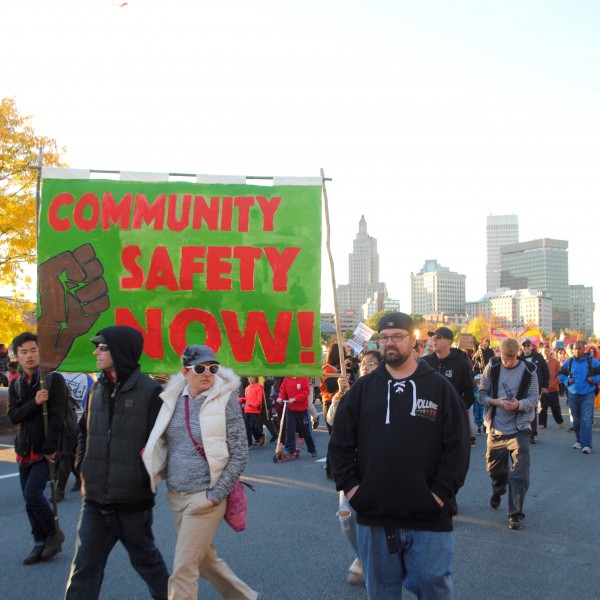

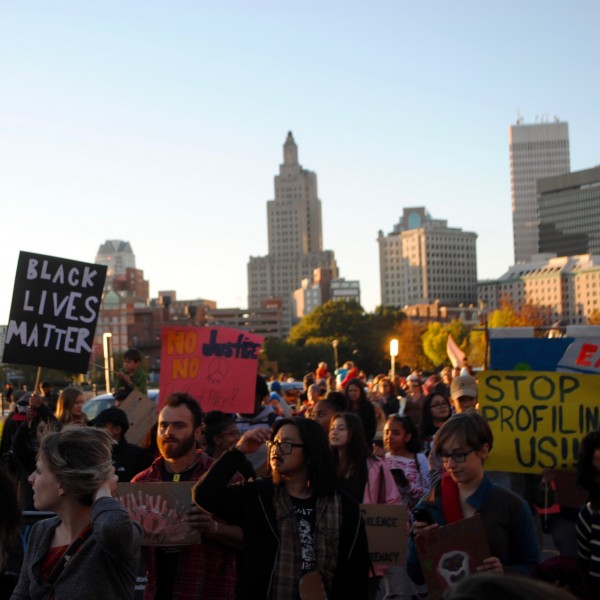

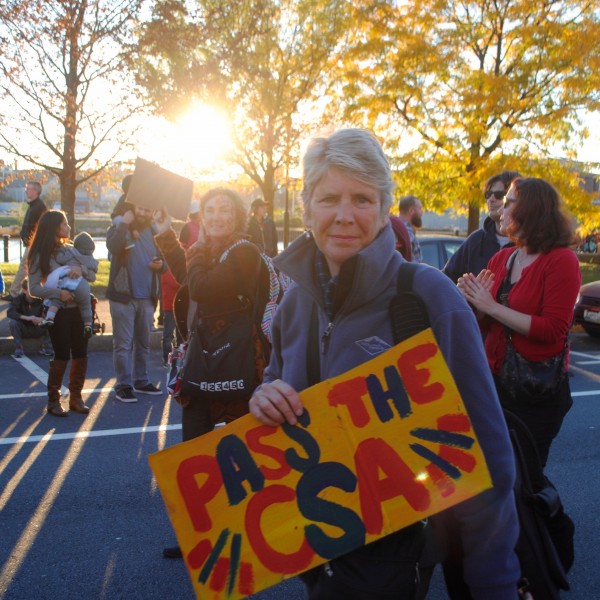

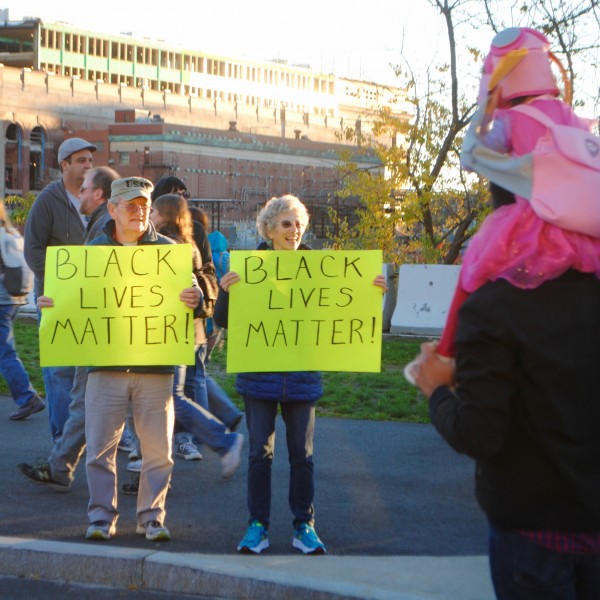
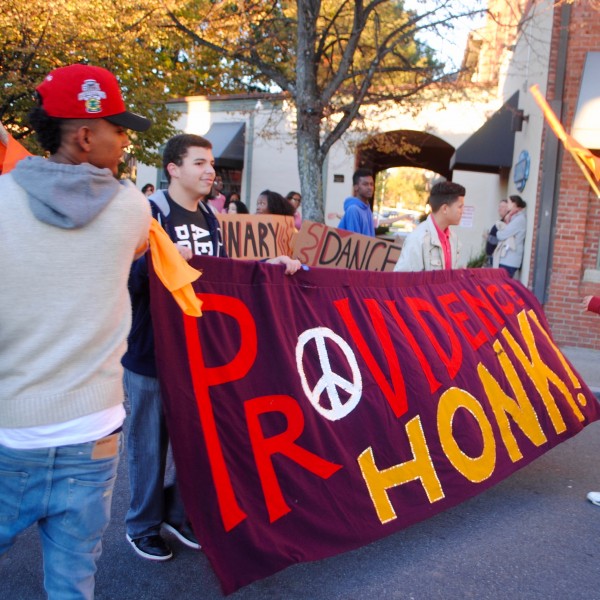
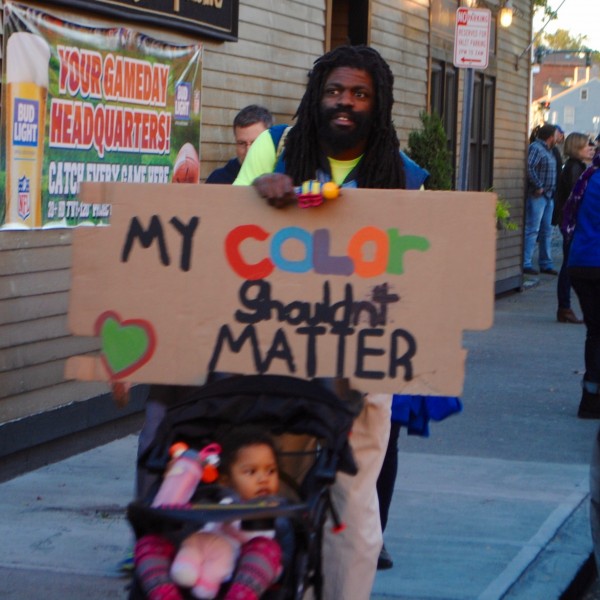
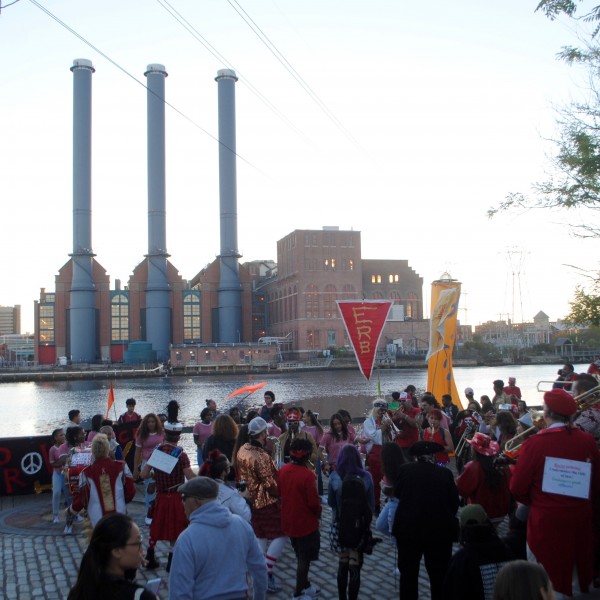
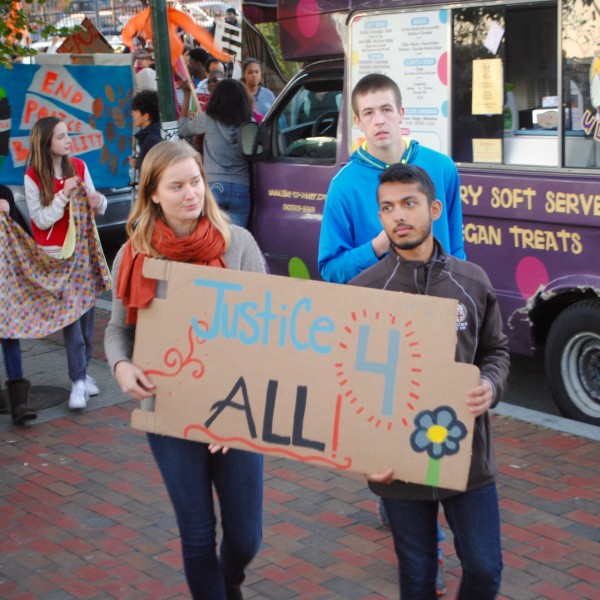
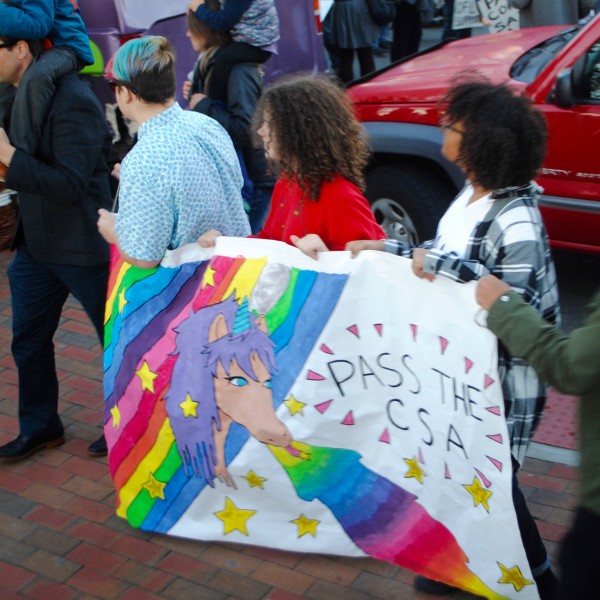

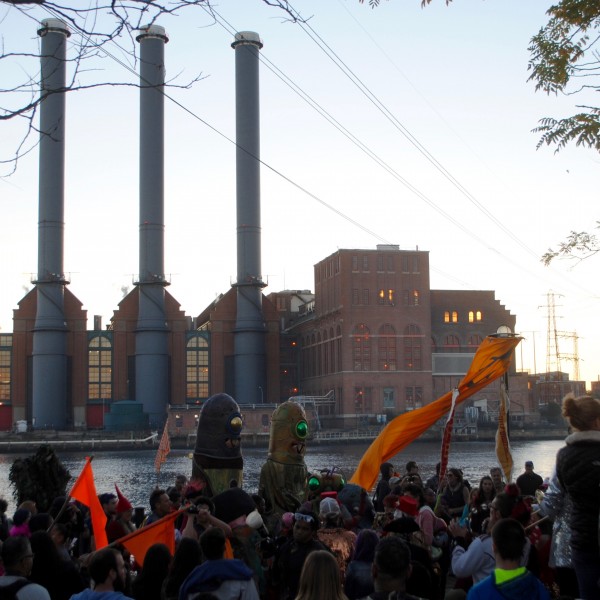


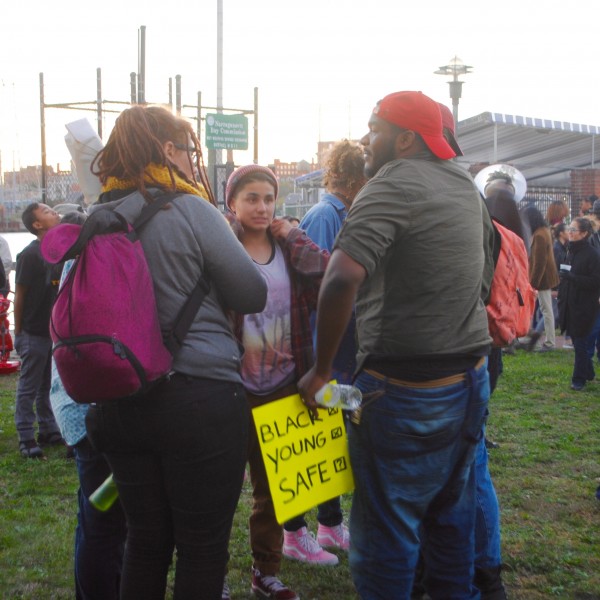
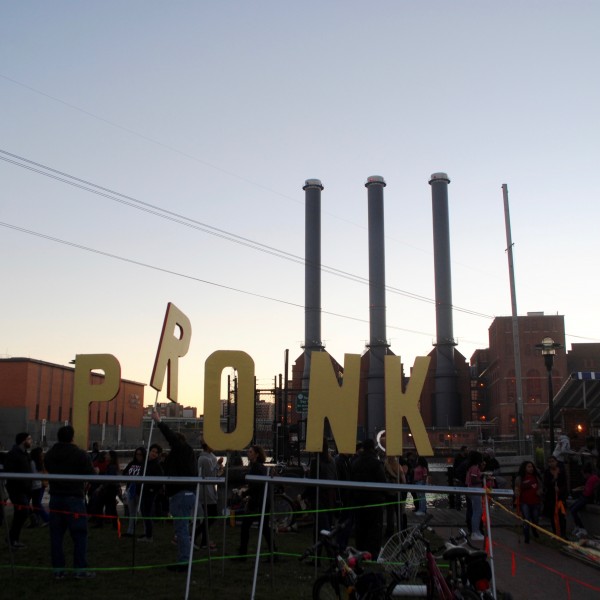

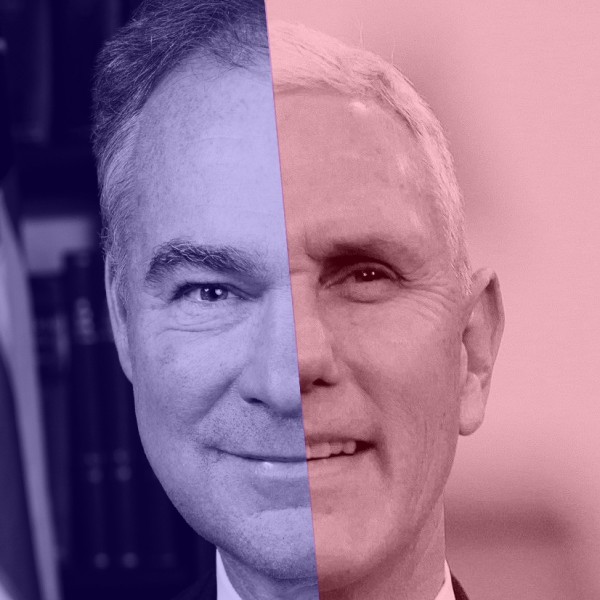 Catholics for Choice has released a
Catholics for Choice has released a 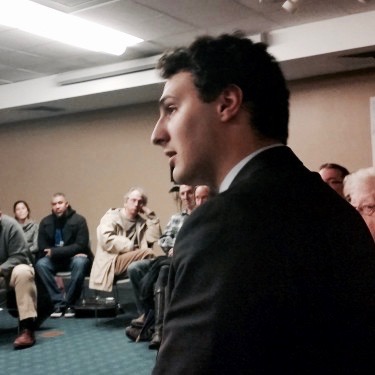

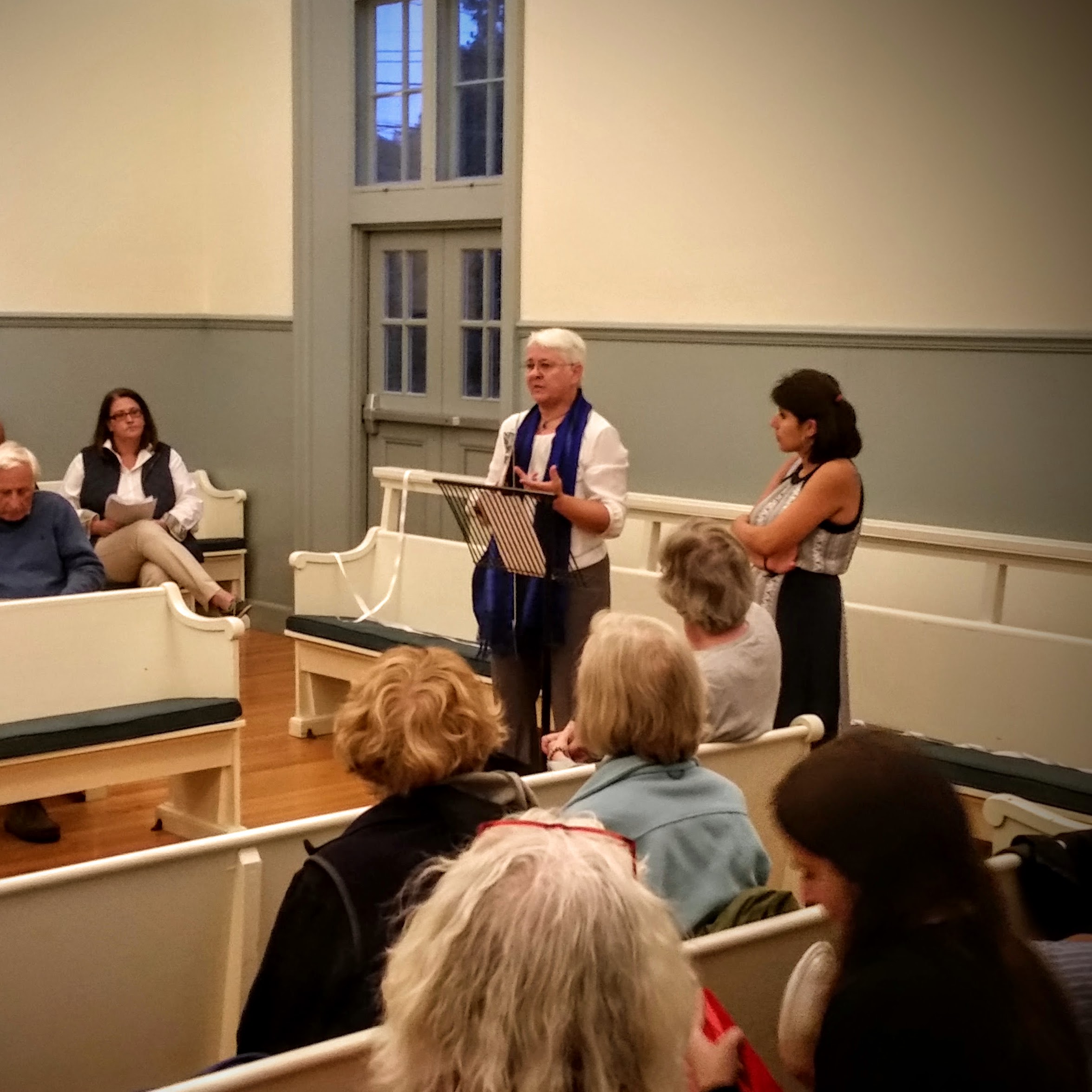
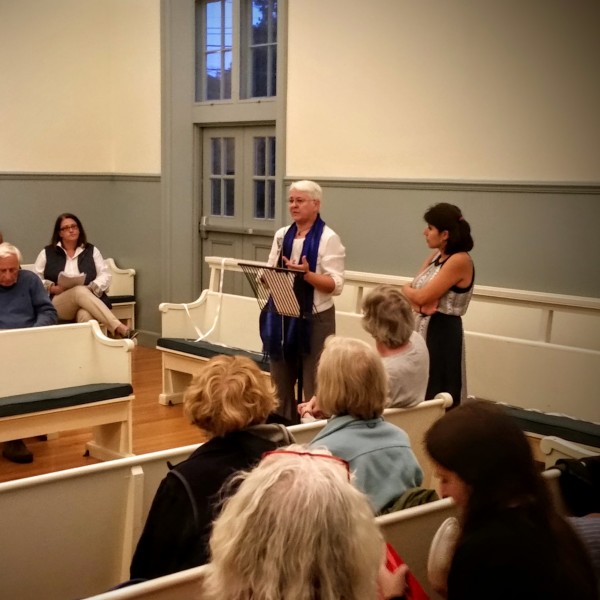
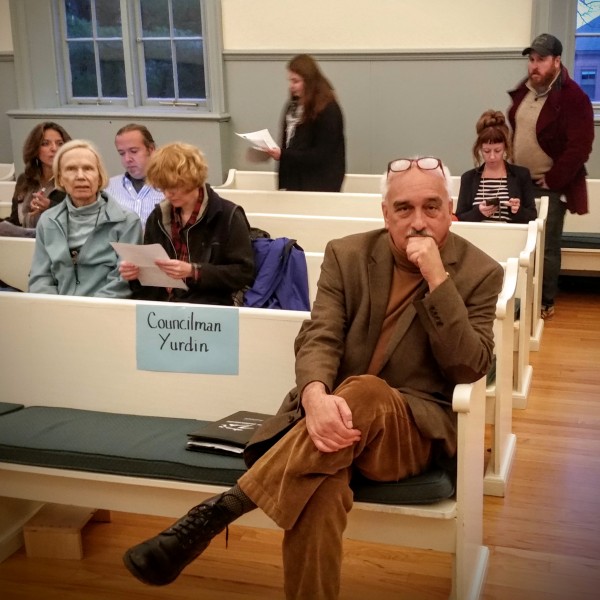
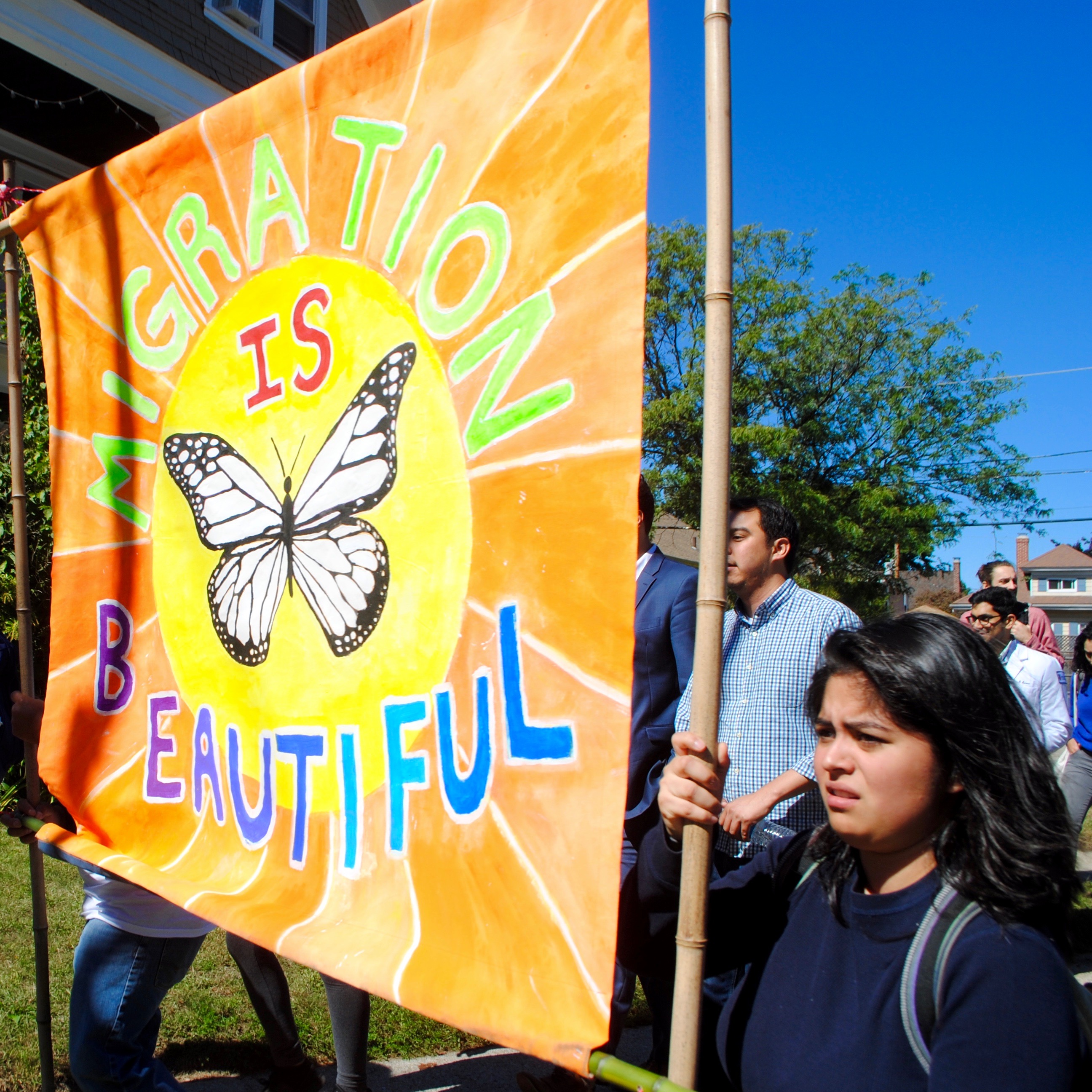
 A
A  The march was organized by the Safer Rhodes Coalition and Comité en Acción. Organizer Claire Pimental, writing for
The march was organized by the Safer Rhodes Coalition and Comité en Acción. Organizer Claire Pimental, writing for 
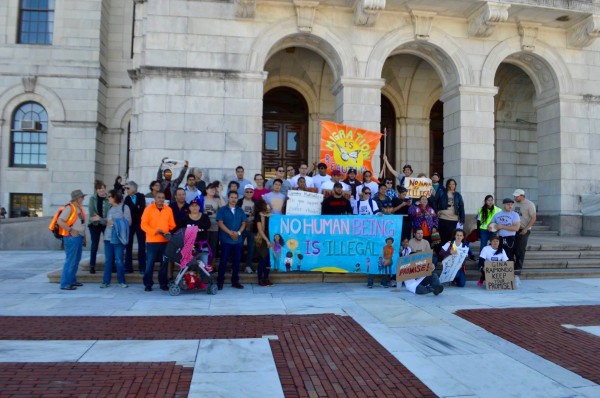
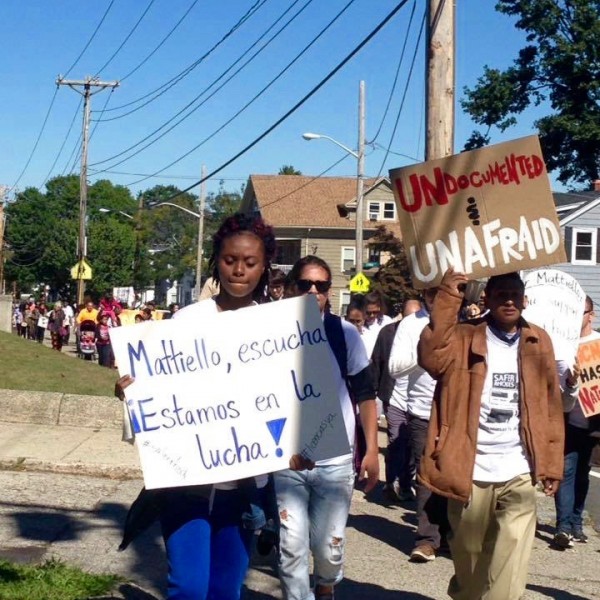
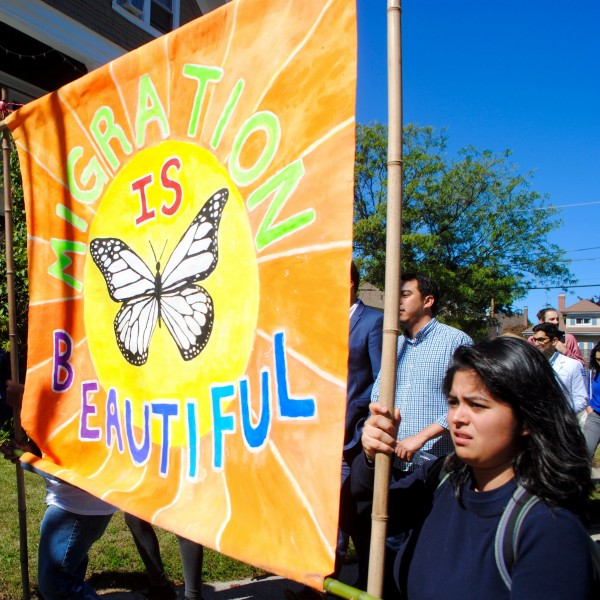
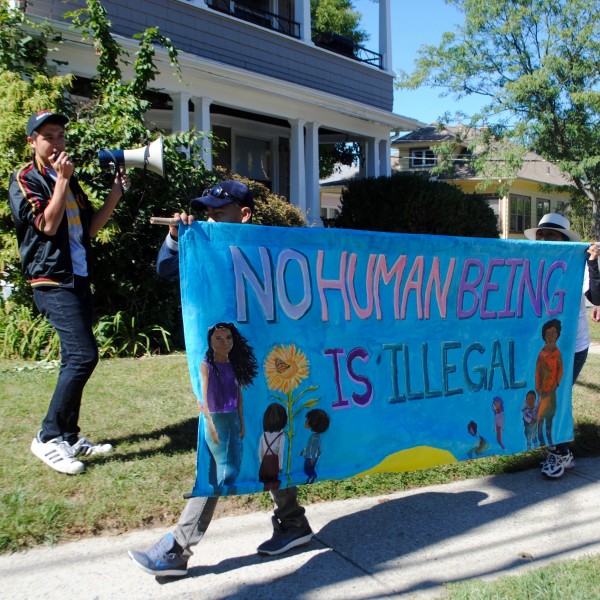

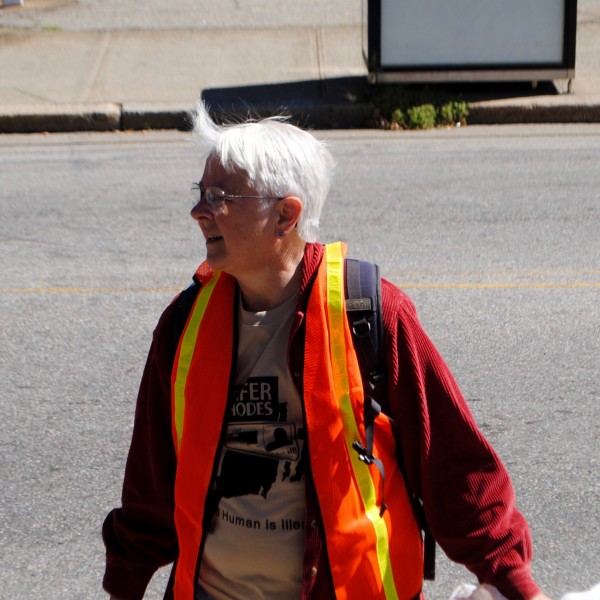

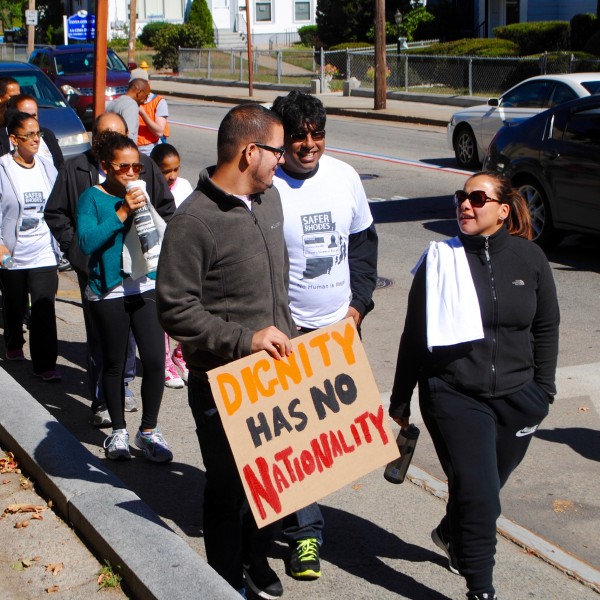
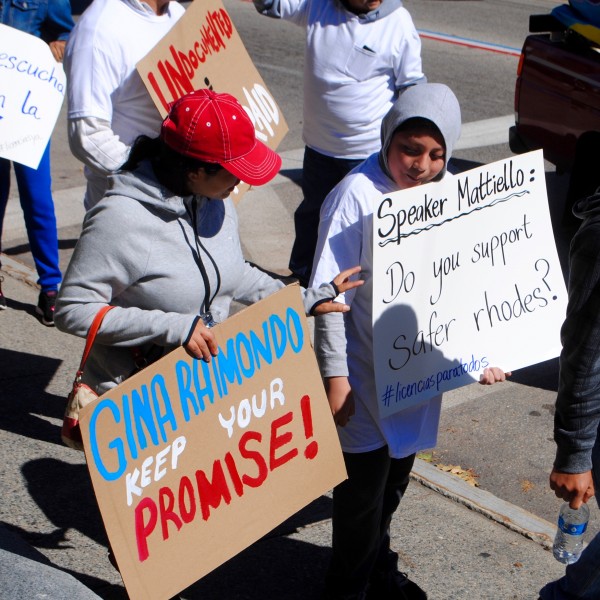


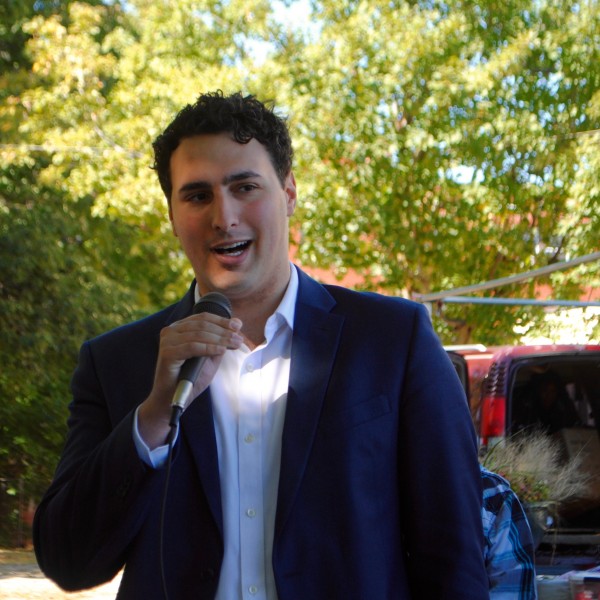
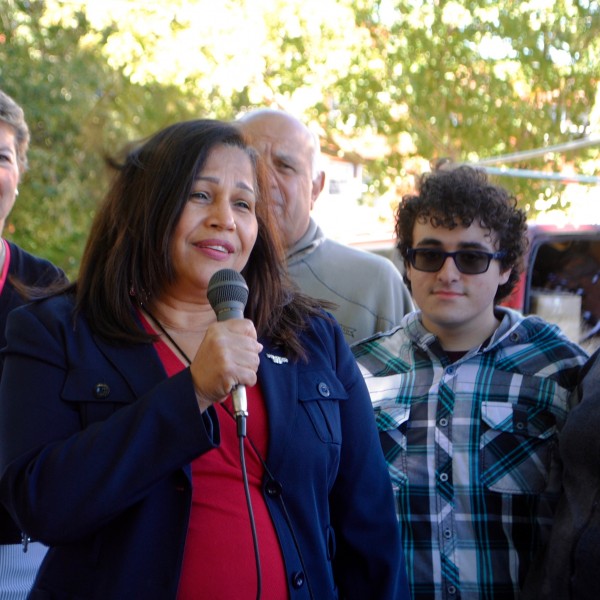
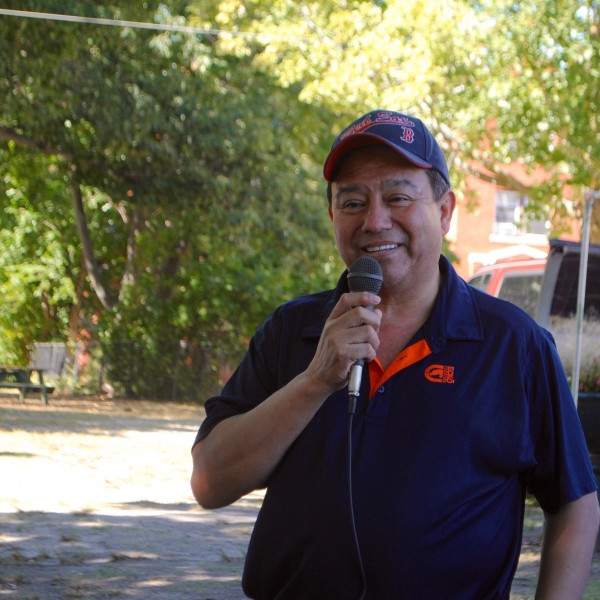
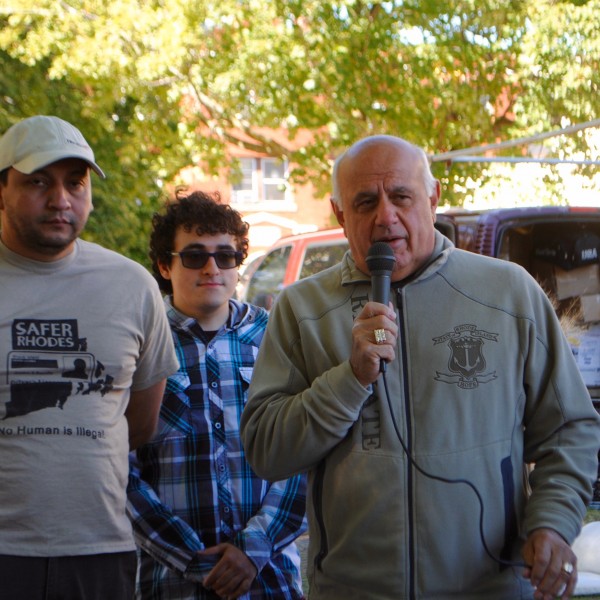
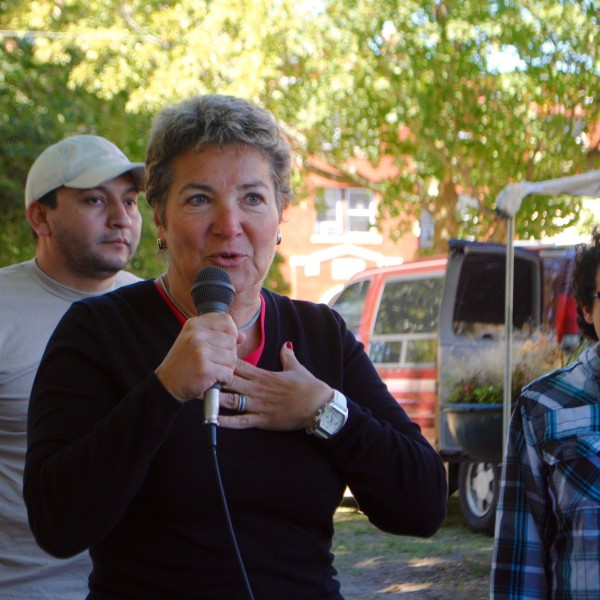
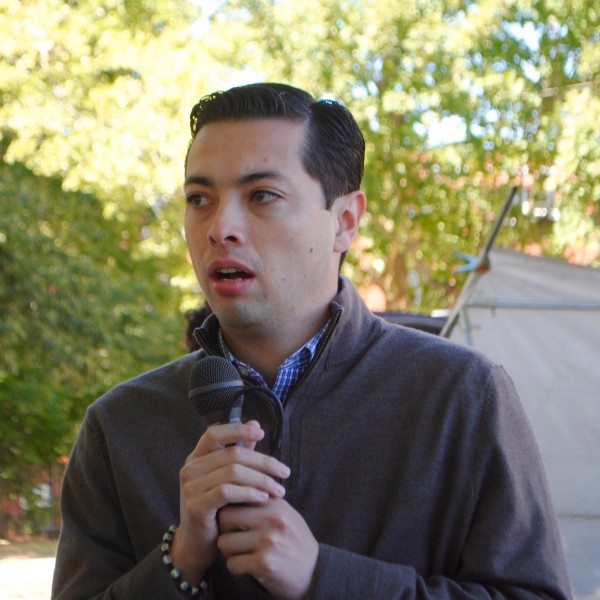

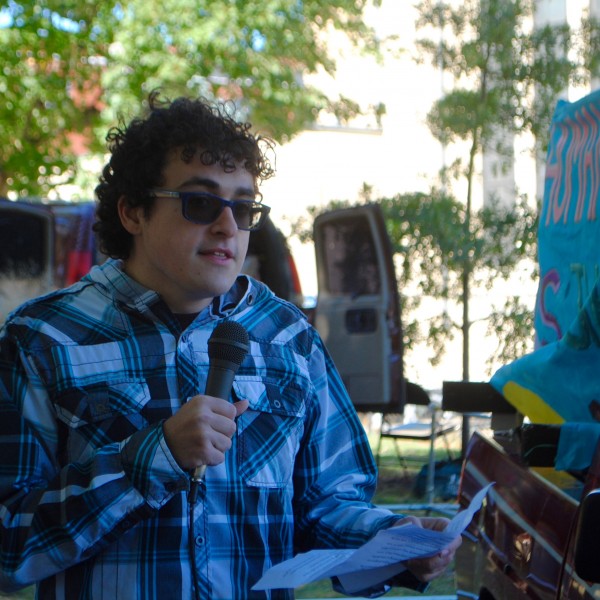


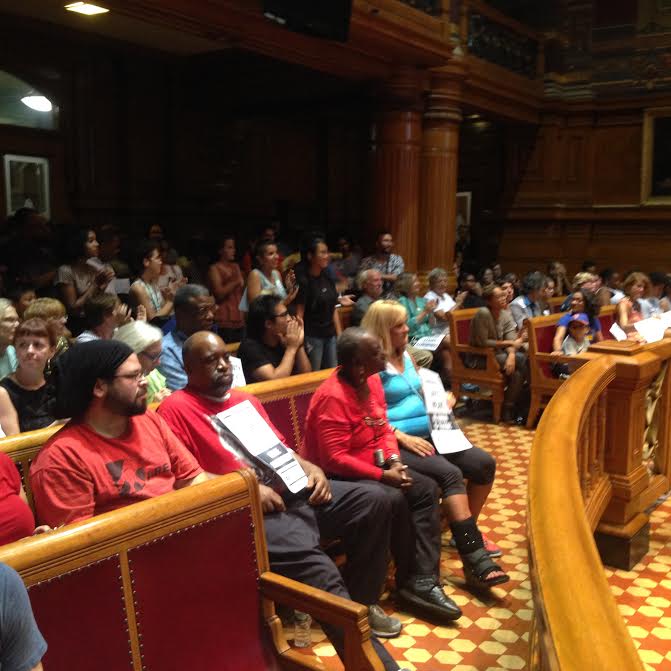
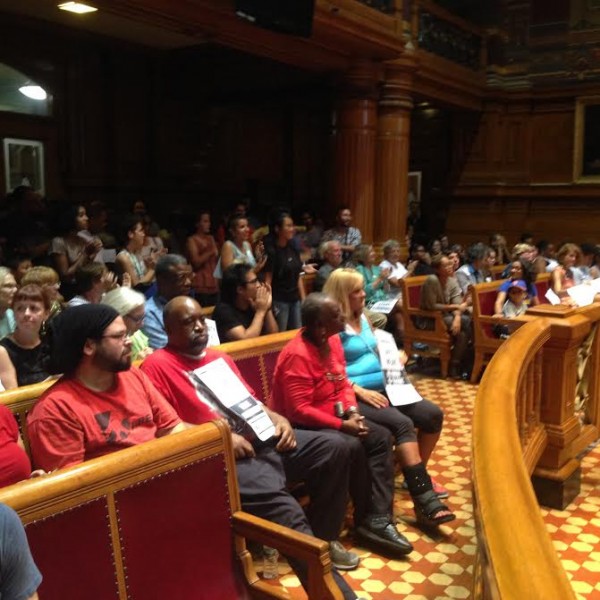

 Over one hundred forty thousand (141,035) Rhode Islanders lived in poverty in 2015, according to new data released today from the Census Bureau. The drop in the rate to 13.9% in 2015 from 14.1% in 2014 is not statistically significant. The poverty level for a family of four is approximately $24,000.
Over one hundred forty thousand (141,035) Rhode Islanders lived in poverty in 2015, according to new data released today from the Census Bureau. The drop in the rate to 13.9% in 2015 from 14.1% in 2014 is not statistically significant. The poverty level for a family of four is approximately $24,000.
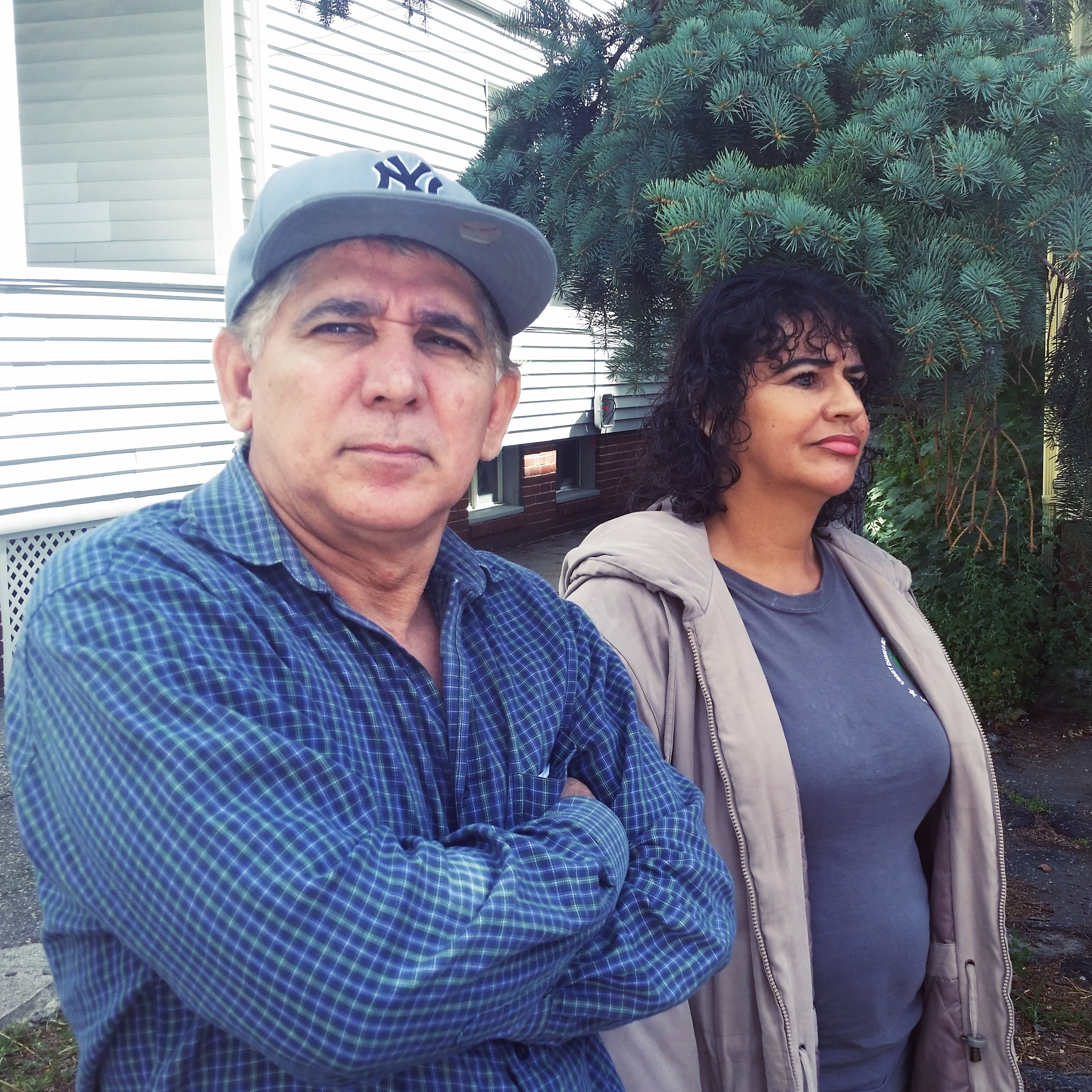
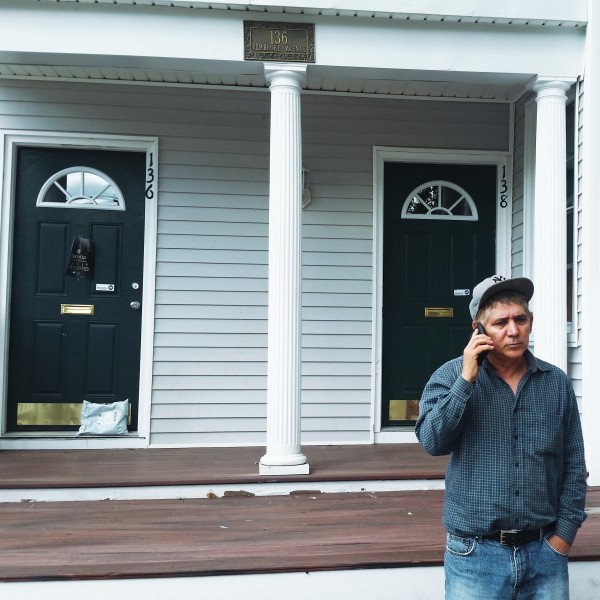
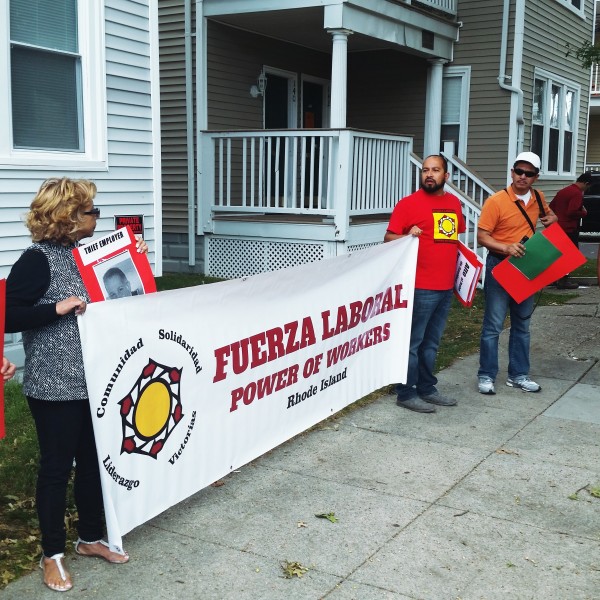 Fuerza maintains that on May 26-29, Civetti’s company “assigned a group of workers to clean apartments located in the area surrounding Providence College. The workers say that Civetti assigned workers to the houses that needed cleaning and supplied them with company tee shirts and cleaning supplies. After the job was completed, 8 workers were not compensated for those 4 days, 11 hours a day.” Civetti claimed that the people who cleaned his apartments were hired by subcontractors, and that the the subcontractors owe the money, not him.
Fuerza maintains that on May 26-29, Civetti’s company “assigned a group of workers to clean apartments located in the area surrounding Providence College. The workers say that Civetti assigned workers to the houses that needed cleaning and supplied them with company tee shirts and cleaning supplies. After the job was completed, 8 workers were not compensated for those 4 days, 11 hours a day.” Civetti claimed that the people who cleaned his apartments were hired by subcontractors, and that the the subcontractors owe the money, not him.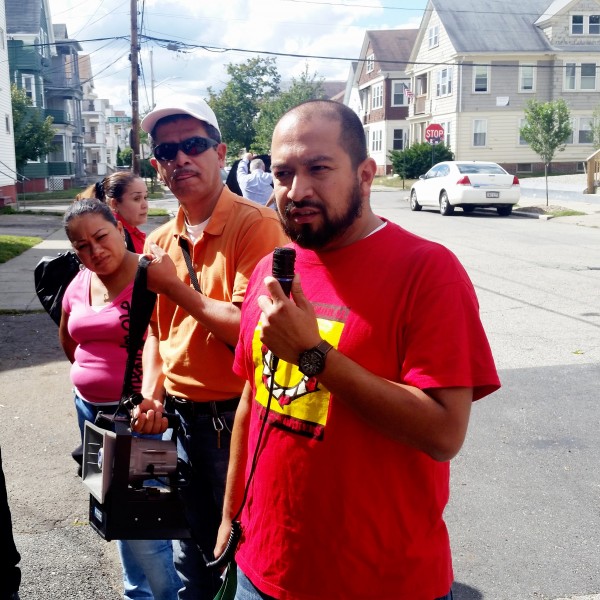 On Thursday about a dozen workers and activists showed up at Civetti’s offices near Providence College, and began leafleting houses and passing students. Organizer Raul Figueroa carried a megaphone and broadcast the workers’ complaints to the neighborhood. Once the workers arrived at Civetti’s offices, Fabian, one of the workers, called Civetti on the phone and asked him to come down and pay him the money he is owed. When Civetti would not commit to do so, the protest continued.
On Thursday about a dozen workers and activists showed up at Civetti’s offices near Providence College, and began leafleting houses and passing students. Organizer Raul Figueroa carried a megaphone and broadcast the workers’ complaints to the neighborhood. Once the workers arrived at Civetti’s offices, Fabian, one of the workers, called Civetti on the phone and asked him to come down and pay him the money he is owed. When Civetti would not commit to do so, the protest continued.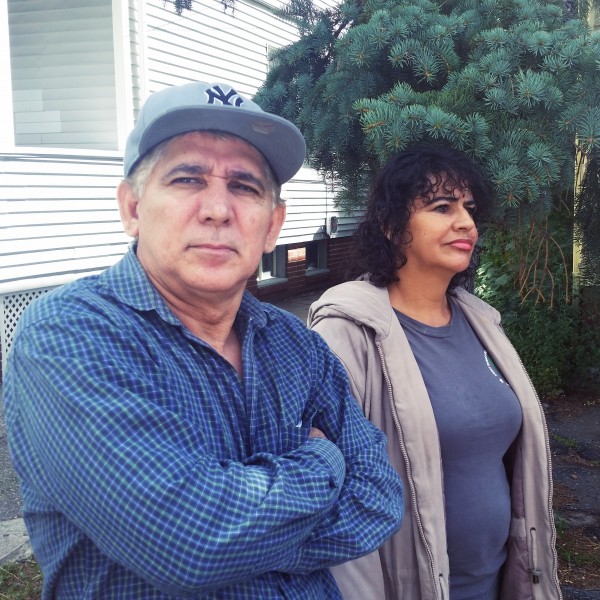
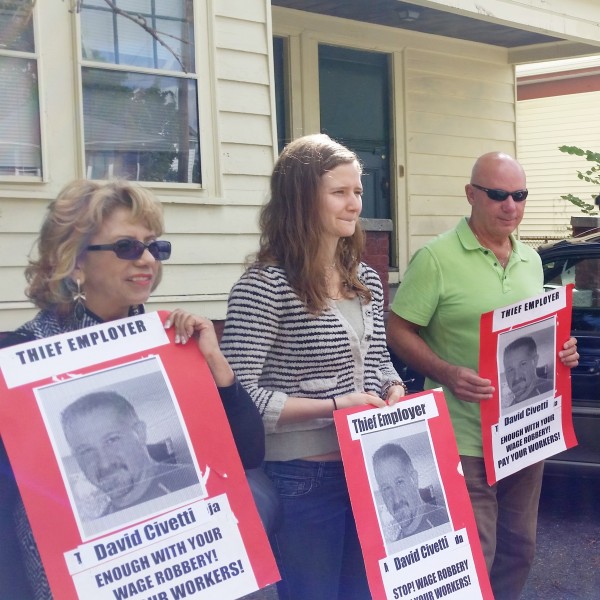
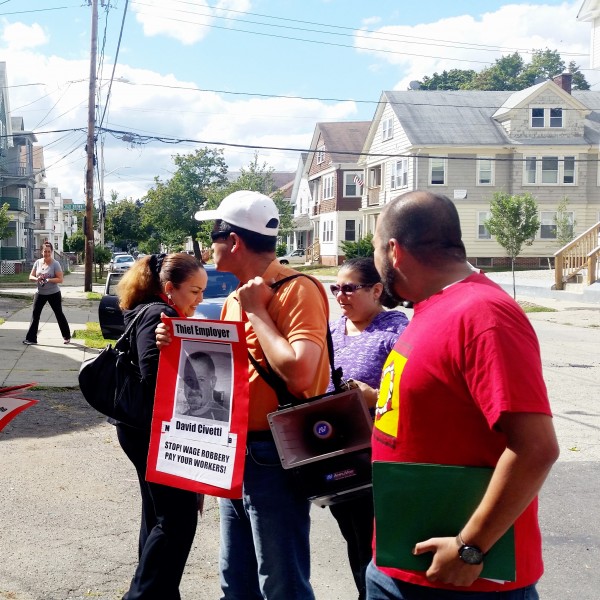
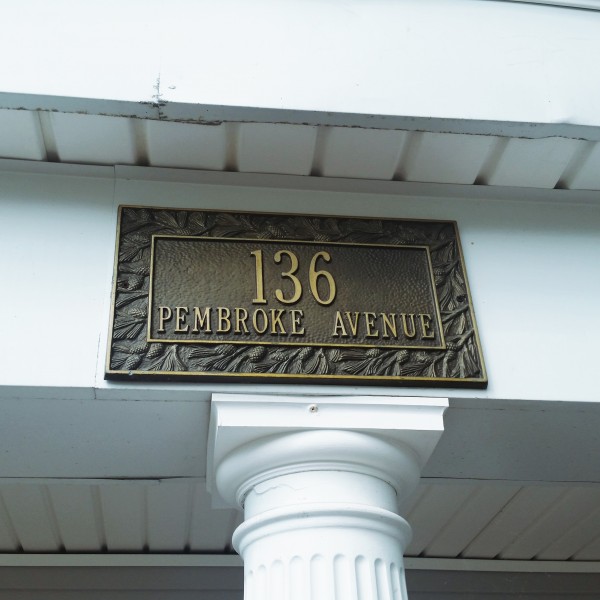

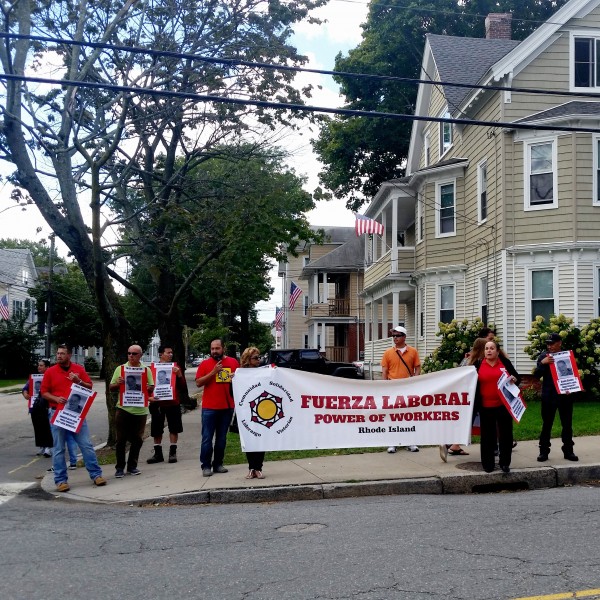
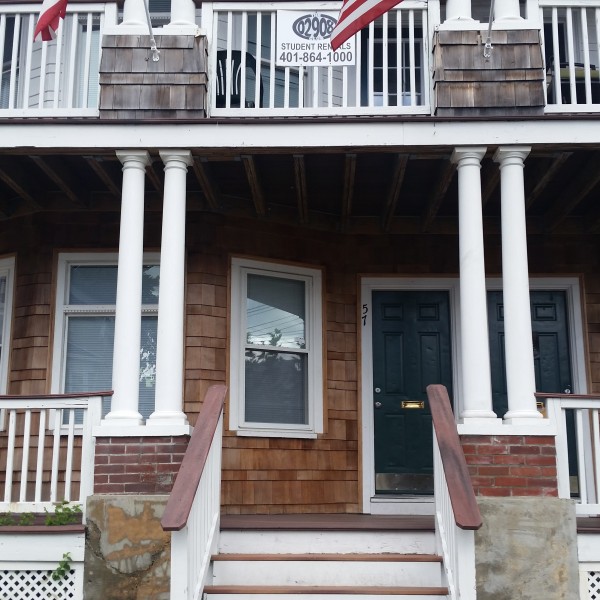
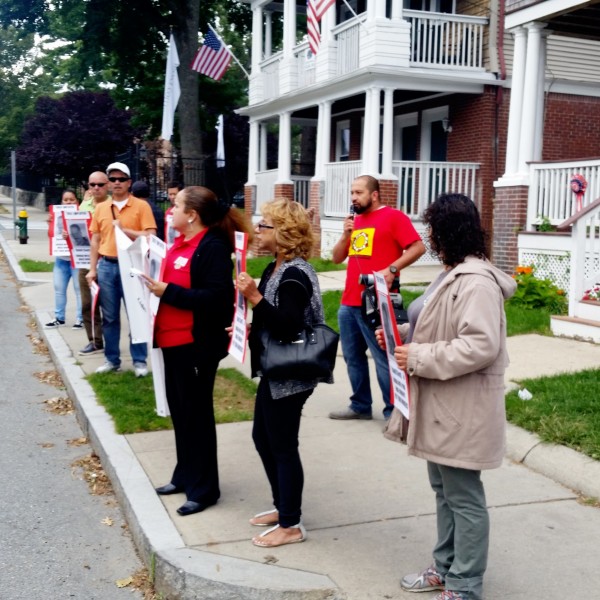

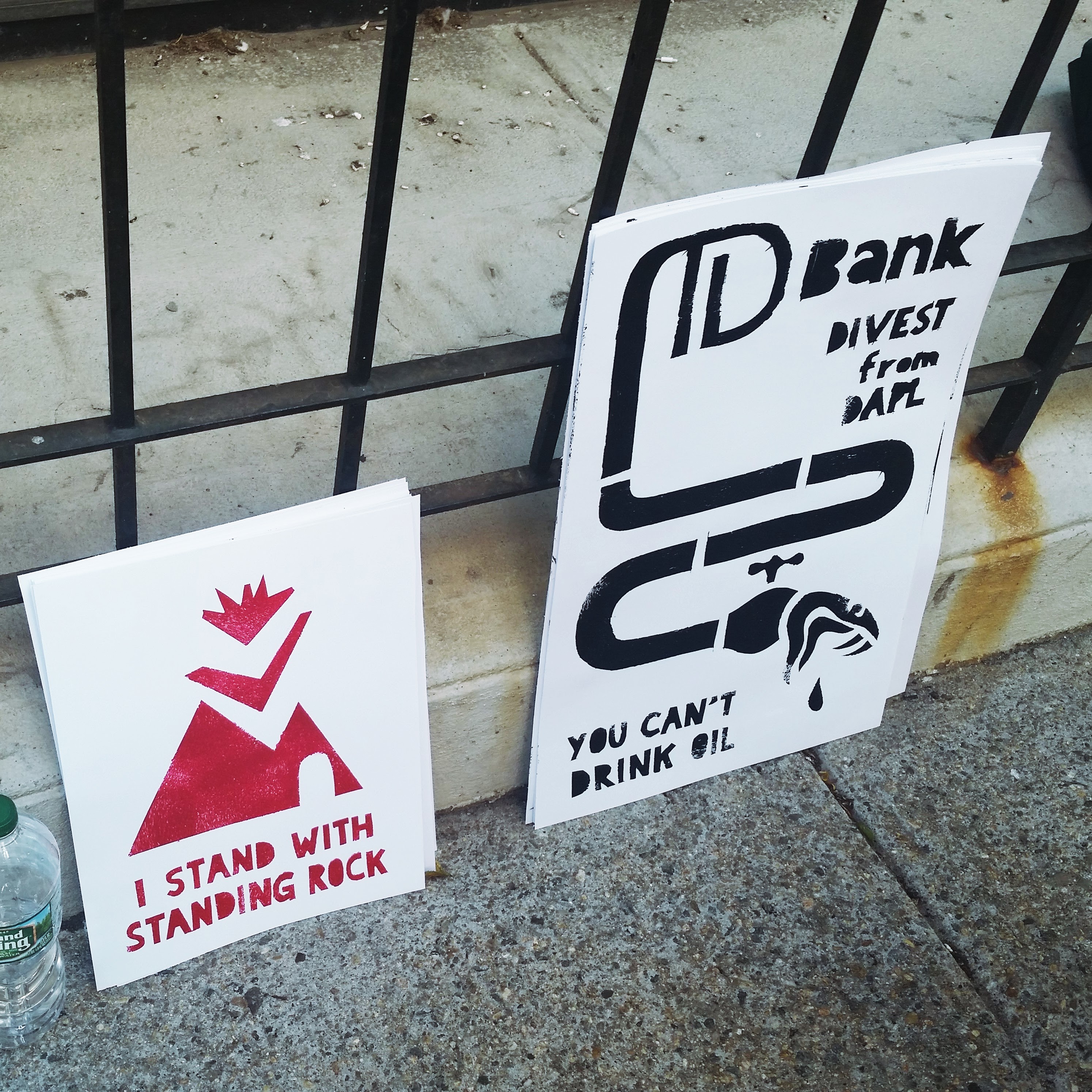
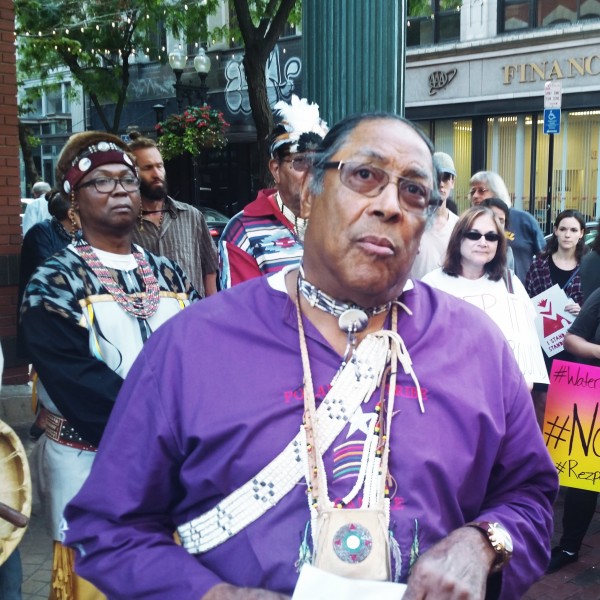 TD Bank in downtown Providence became the target of local environmental and indigenous American activists Thursday in response to calls for solidarity with the Standing Rock Sioux as they continue to battle the $3.78 billion Dakota Access Pipeline (DAPL). TD Bank is one of many financial institutions funding the pipeline. Similar actions have been
TD Bank in downtown Providence became the target of local environmental and indigenous American activists Thursday in response to calls for solidarity with the Standing Rock Sioux as they continue to battle the $3.78 billion Dakota Access Pipeline (DAPL). TD Bank is one of many financial institutions funding the pipeline. Similar actions have been 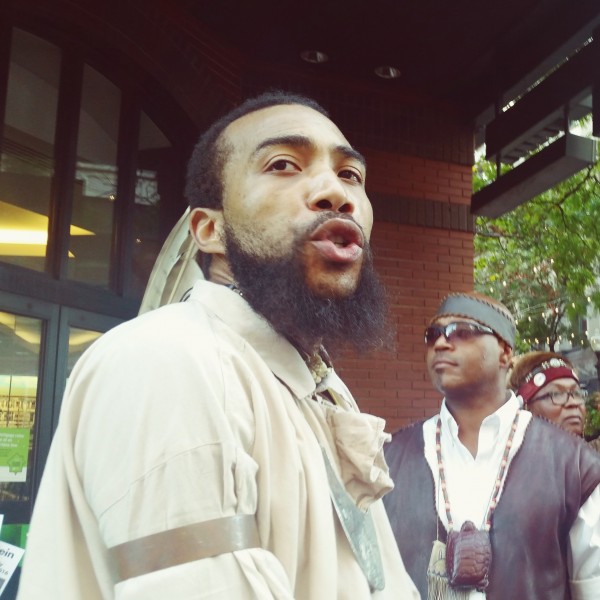 Organizers contend that construction of the DAPL “would engender a renewed fracking-frenzy in the Bakken shale region, as well as endanger a source of fresh water for the Standing Rock Sioux and 8 million people living downstream. DAPL would also impact many sites that are sacred to the Standing Rock Sioux and other indigenous nations.”
Organizers contend that construction of the DAPL “would engender a renewed fracking-frenzy in the Bakken shale region, as well as endanger a source of fresh water for the Standing Rock Sioux and 8 million people living downstream. DAPL would also impact many sites that are sacred to the Standing Rock Sioux and other indigenous nations.”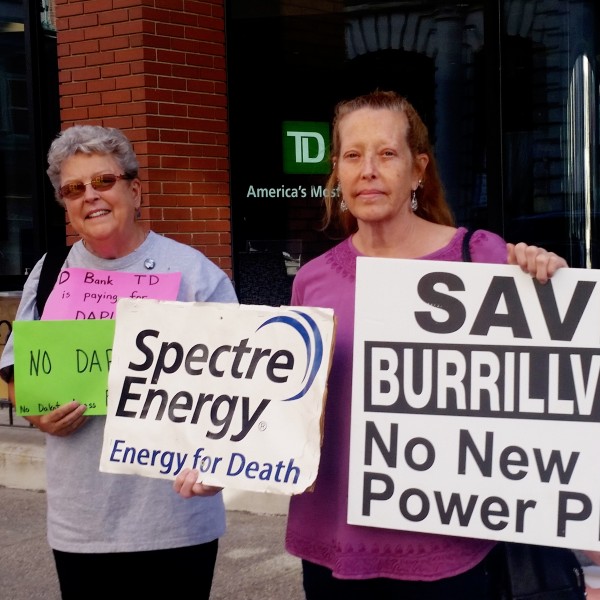

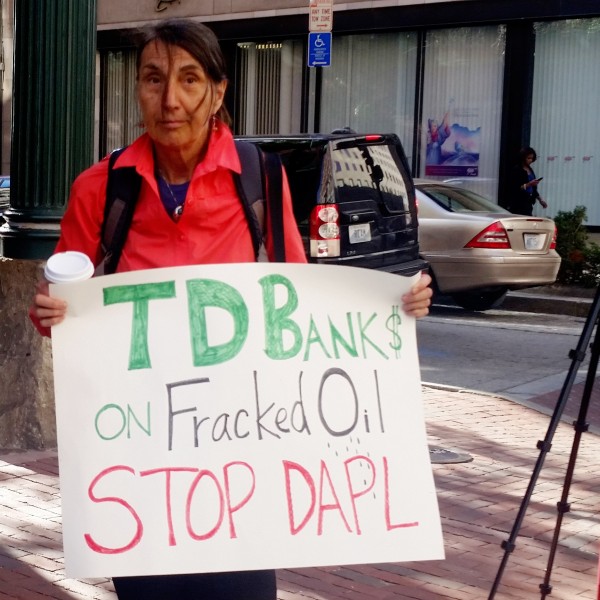

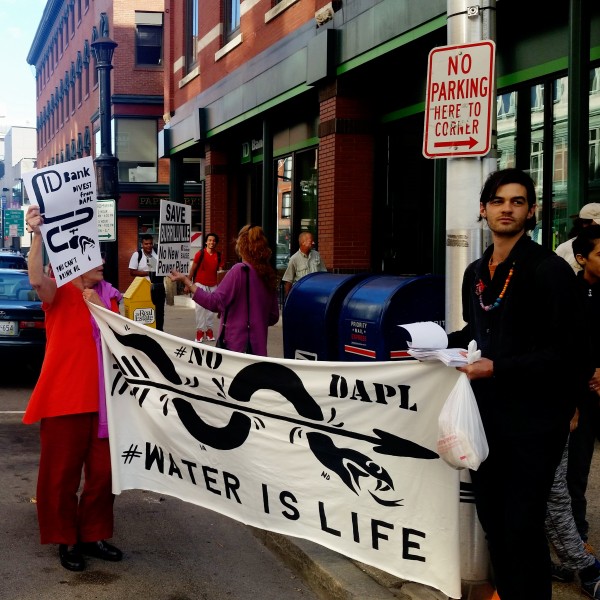

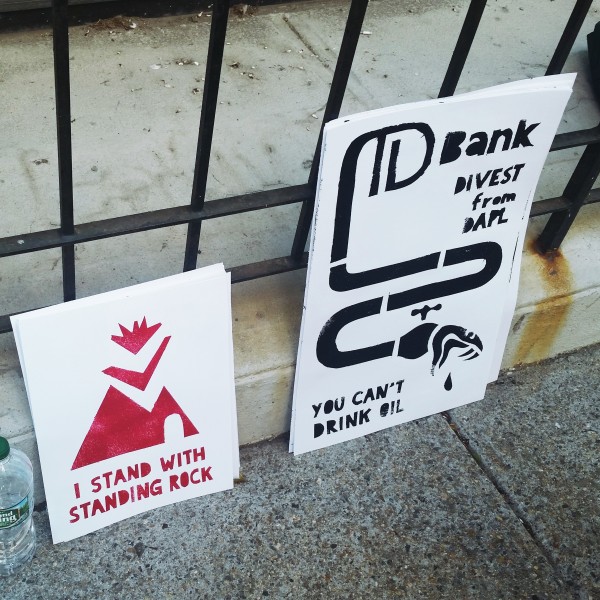
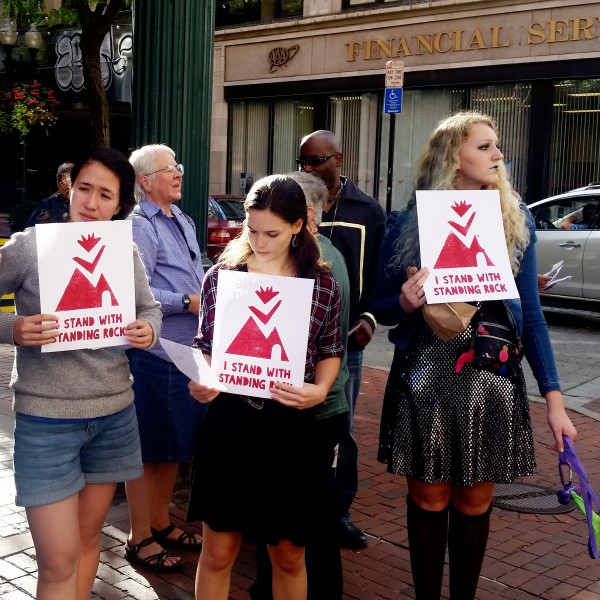
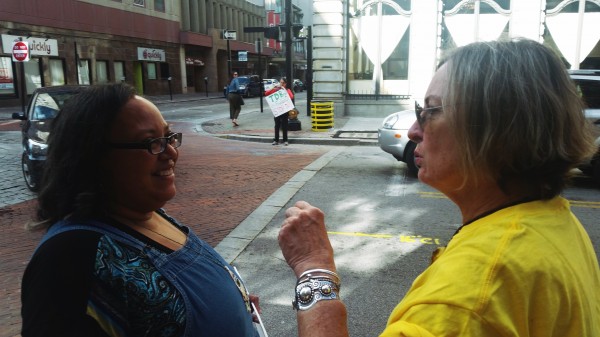
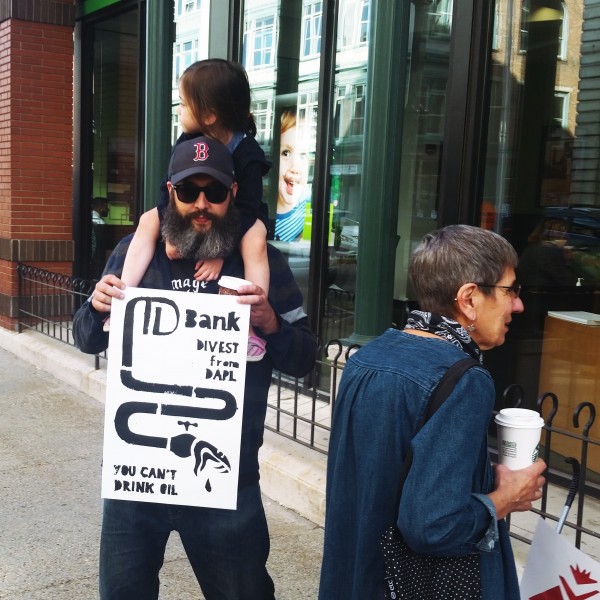

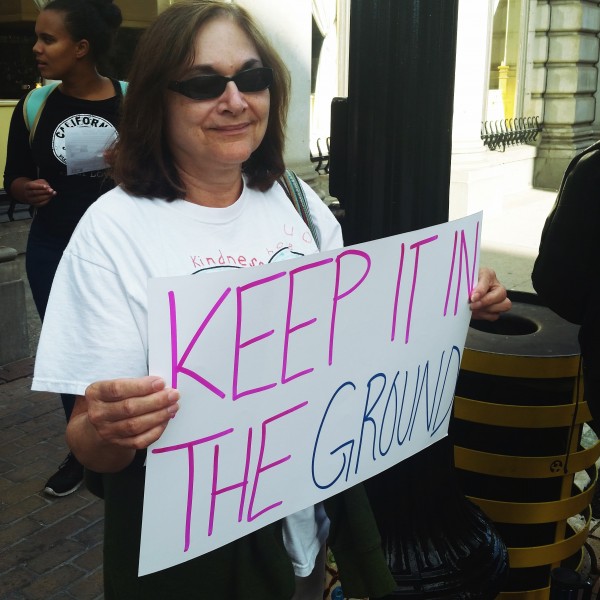
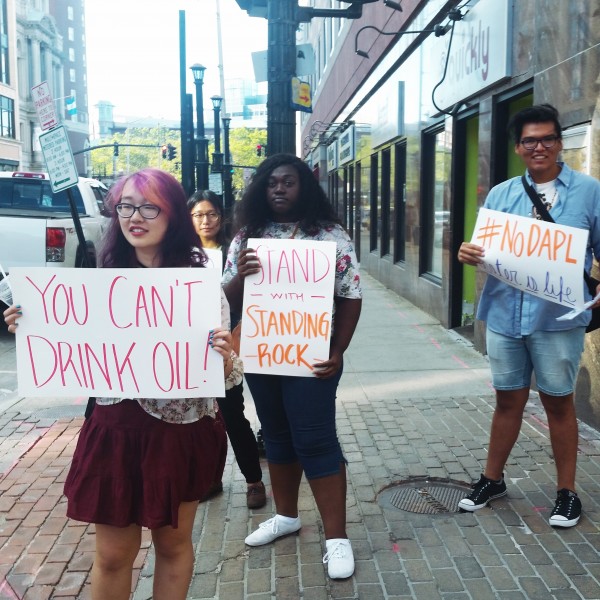

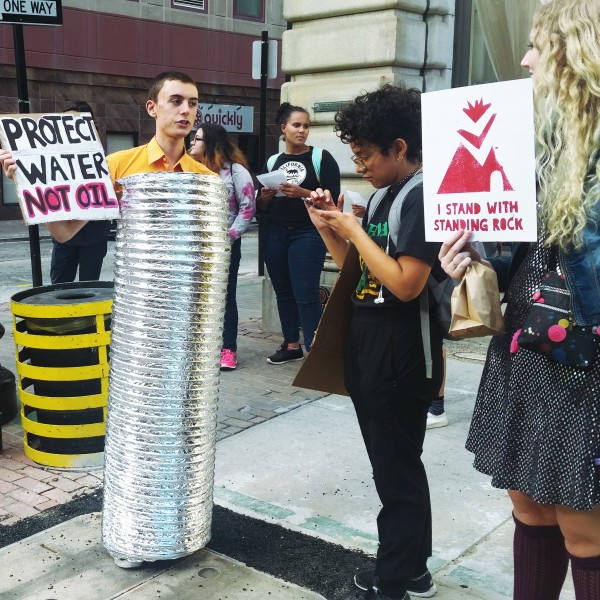
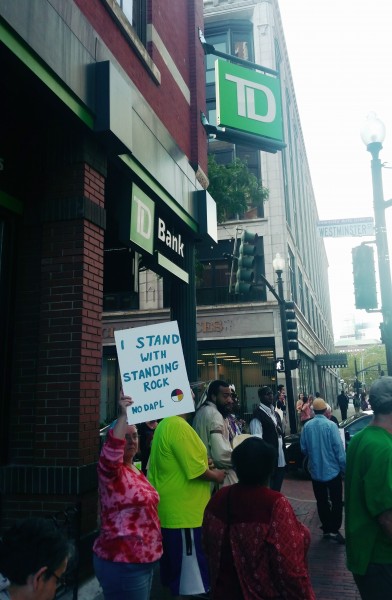
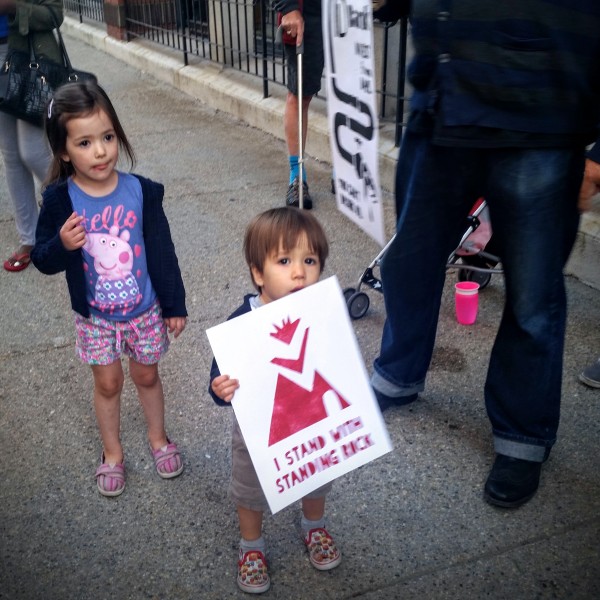
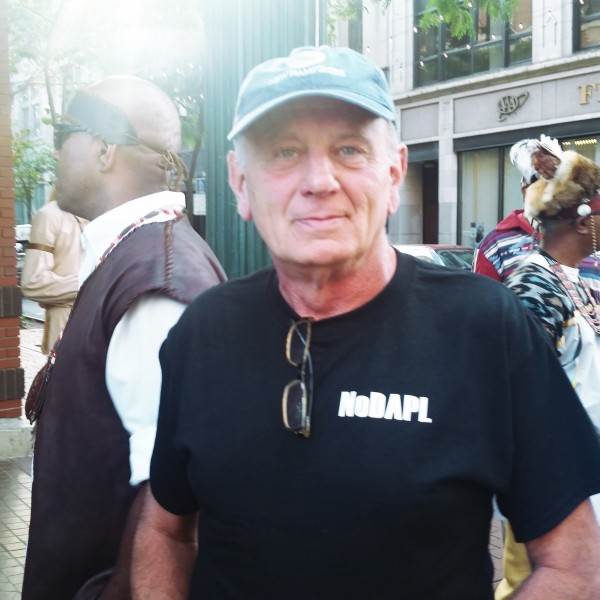

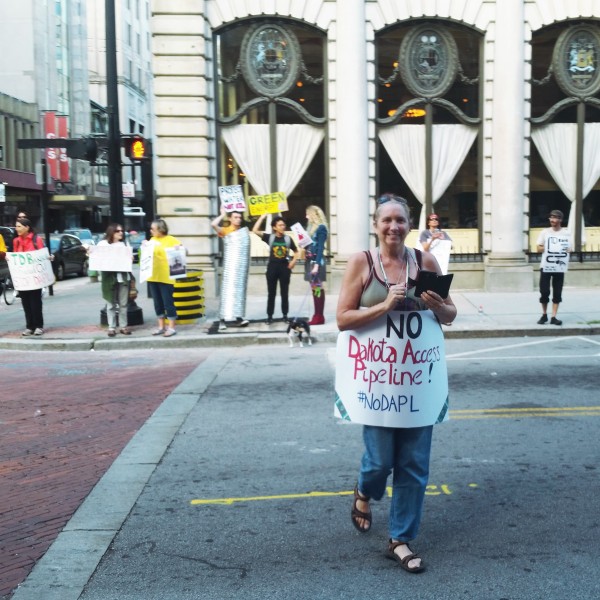
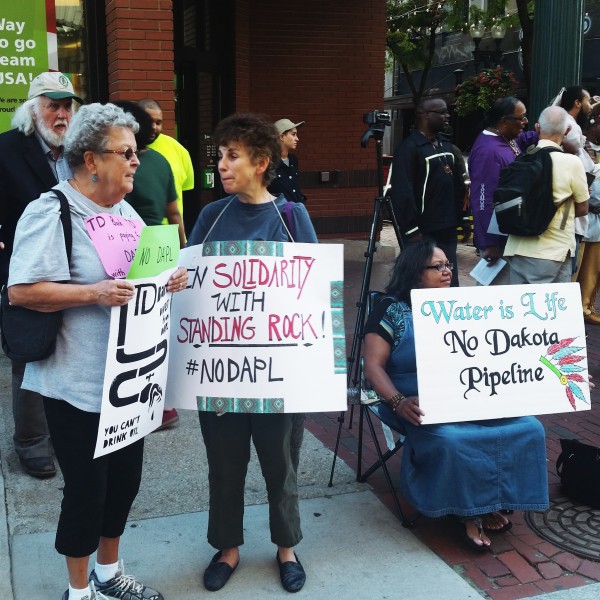
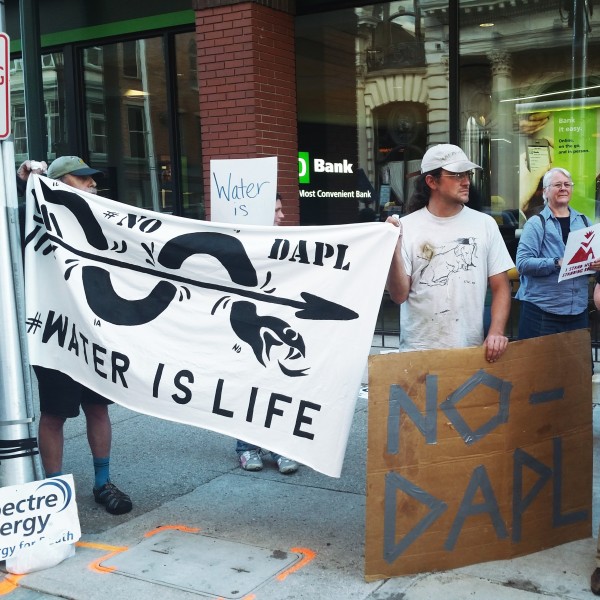
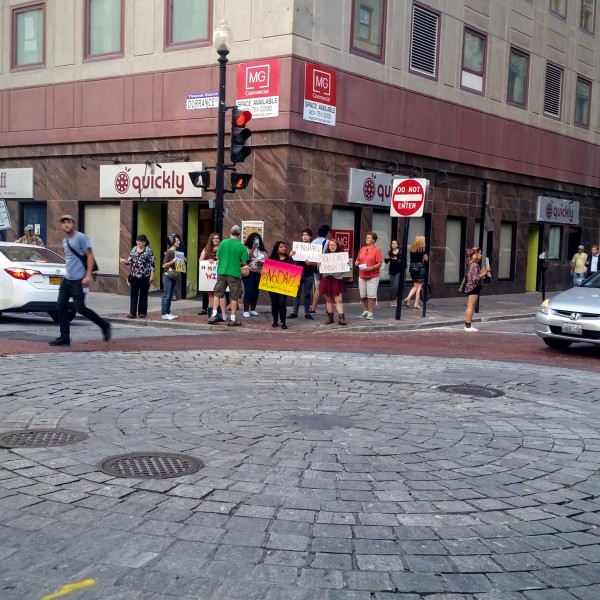
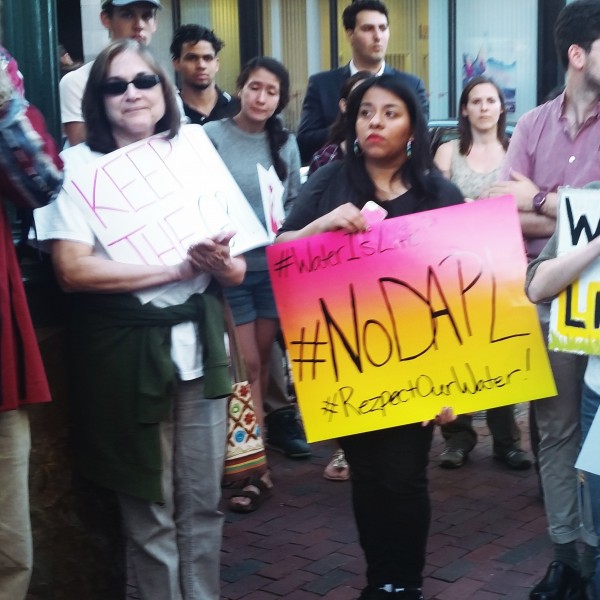
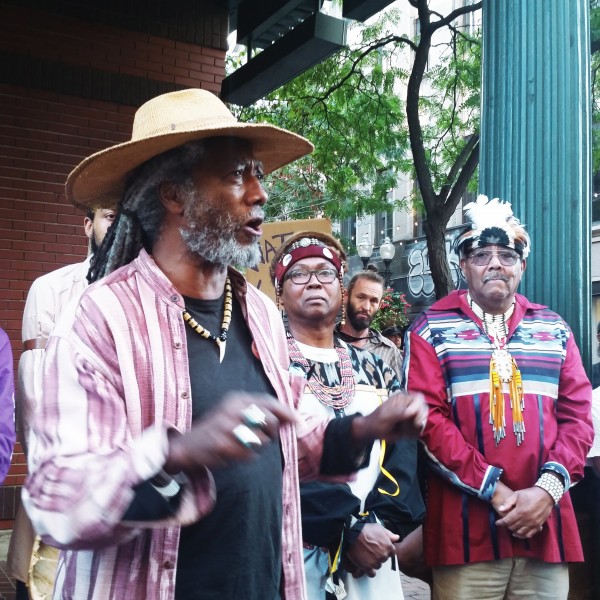
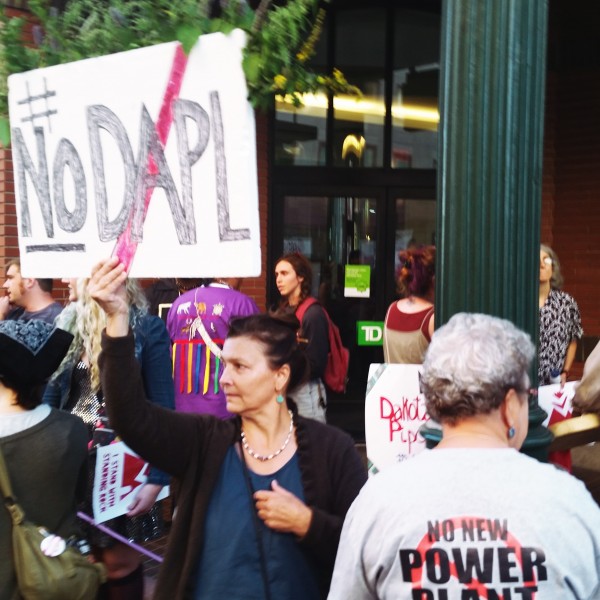
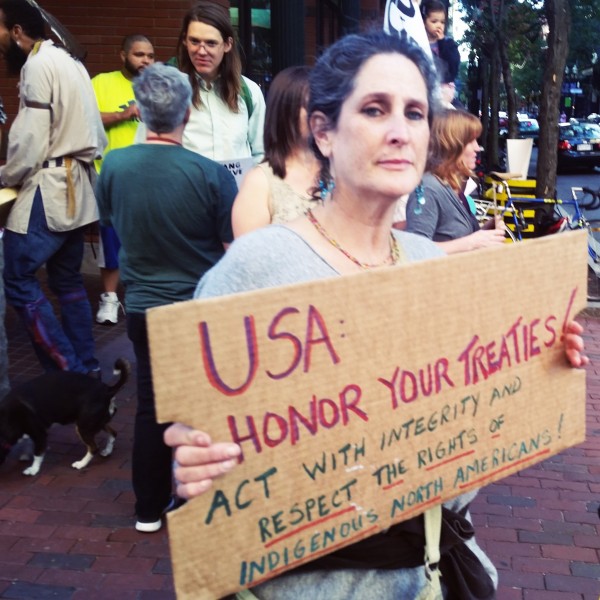
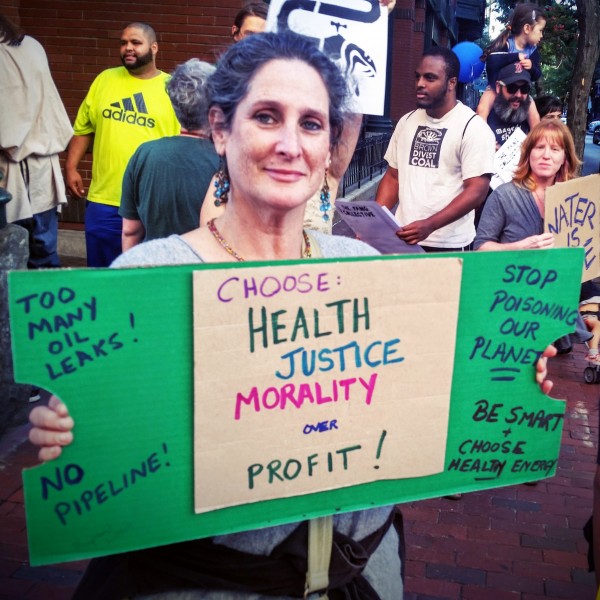
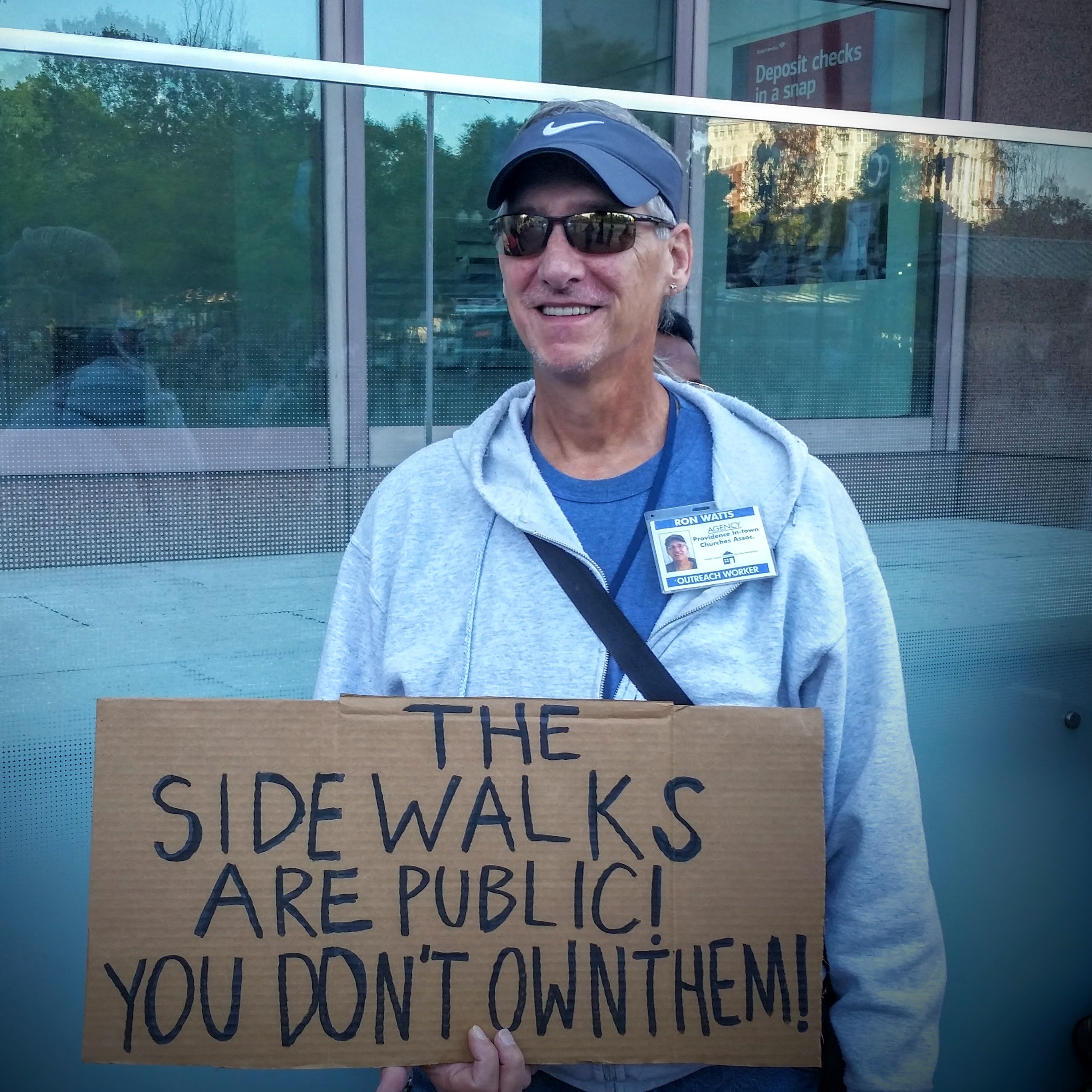
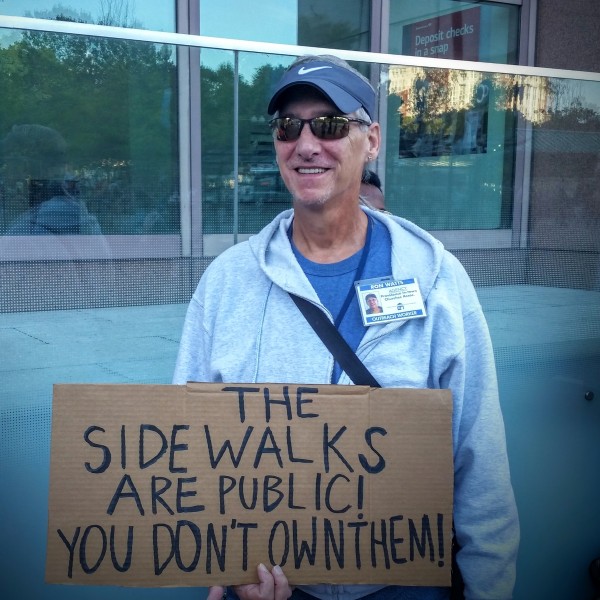

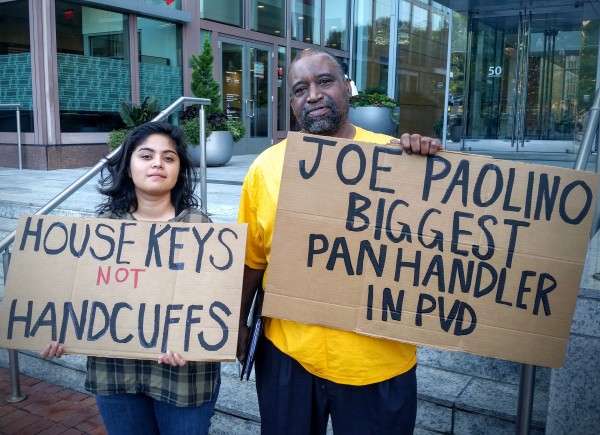
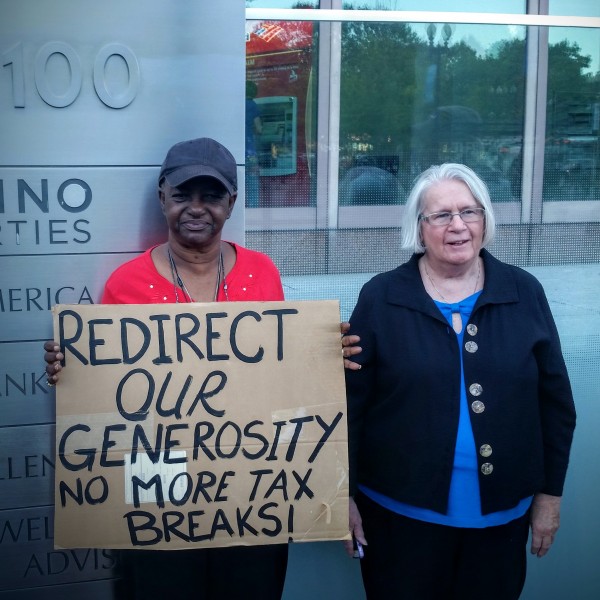
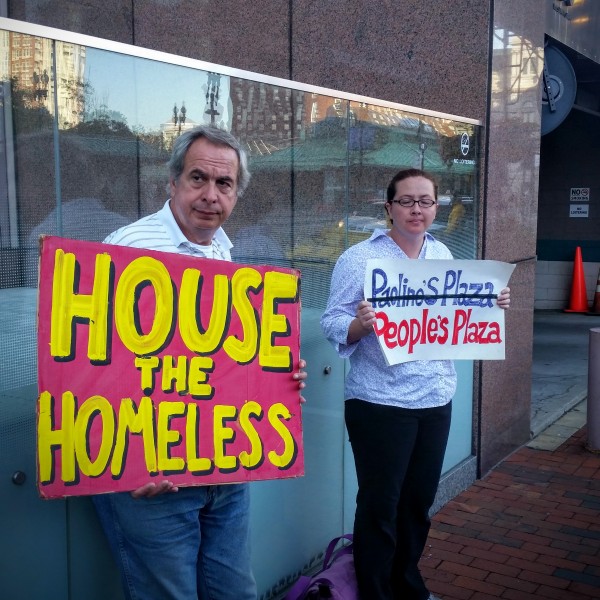
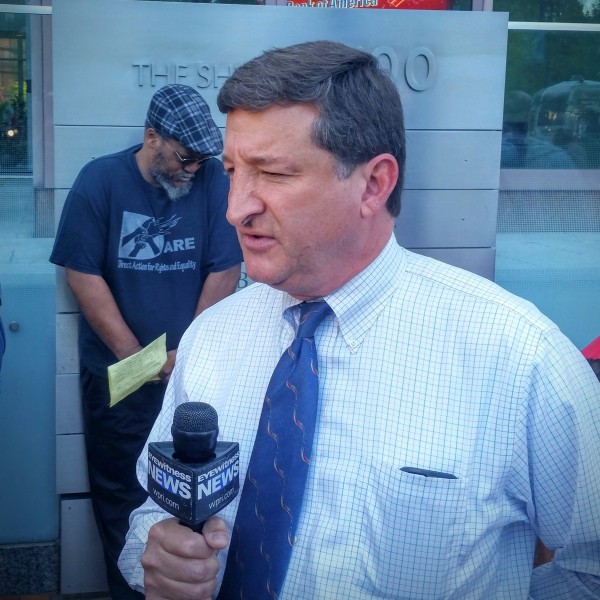
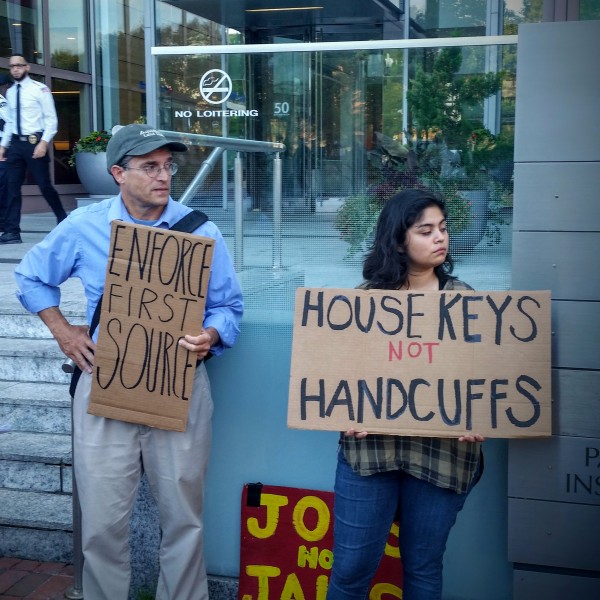
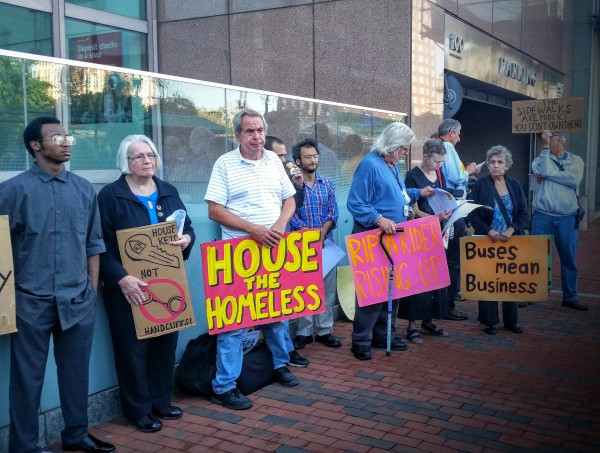
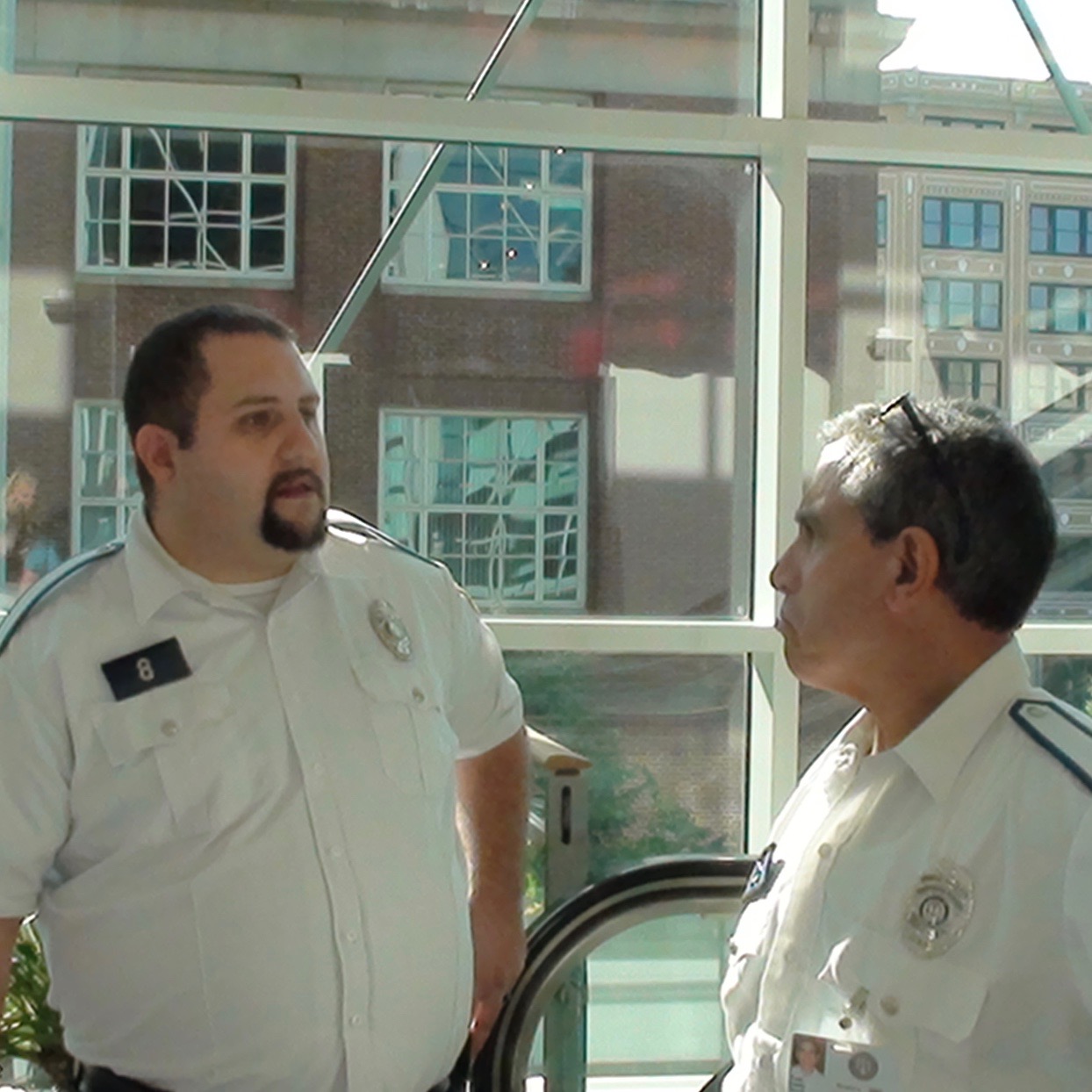
 On Wednesday morning, reporters and activists were prevented from attending real estate developer Joseph Paolino’s press conference where he was to announce his plans regarding the issue of homelessness. The behavior of the security guards and police officers at the Providence Convention Center, where the press conference was held, became a preview of what many fear might become the norm if the wrong policies are instituted in downtown Providence.
On Wednesday morning, reporters and activists were prevented from attending real estate developer Joseph Paolino’s press conference where he was to announce his plans regarding the issue of homelessness. The behavior of the security guards and police officers at the Providence Convention Center, where the press conference was held, became a preview of what many fear might become the norm if the wrong policies are instituted in downtown Providence. New Census data show that the percentage of uninsured Rhode Islanders was 5.7 percent in 2015, half the rate it was in 2013, the year before the Affordable Care Act (ACA) went into effect. In 2014, 7.4 percent were uninsured.
New Census data show that the percentage of uninsured Rhode Islanders was 5.7 percent in 2015, half the rate it was in 2013, the year before the Affordable Care Act (ACA) went into effect. In 2014, 7.4 percent were uninsured. “Rhode Islanders should be proud that we are 7th in the nation for the percent of residents who have health insurance coverage”, said Linda Katz, Policy Director at the Economic Progress Institute. “With health insurance, people are more likely to keep up with yearly preventive care visits and people with chronic conditions can get the treatment they need to promote their well-being. Besides the obvious benefits for families and individuals, having a healthy work force is a good selling point for our state. Medicaid and coverage through HealthSourceRI are vital to ensuring that thousands of our residents can afford comprehensive health insurance.”
“Rhode Islanders should be proud that we are 7th in the nation for the percent of residents who have health insurance coverage”, said Linda Katz, Policy Director at the Economic Progress Institute. “With health insurance, people are more likely to keep up with yearly preventive care visits and people with chronic conditions can get the treatment they need to promote their well-being. Besides the obvious benefits for families and individuals, having a healthy work force is a good selling point for our state. Medicaid and coverage through HealthSourceRI are vital to ensuring that thousands of our residents can afford comprehensive health insurance.”
 RI State Representative Jan Malik (District 67, Barrington/Warren) said that when he re-posted a picture of 25 flag-draped coffins of American soldiers killed in battle, he didn’t notice that the picture and text came from right-wing political activist, musician and racist Ted Nugent.
RI State Representative Jan Malik (District 67, Barrington/Warren) said that when he re-posted a picture of 25 flag-draped coffins of American soldiers killed in battle, he didn’t notice that the picture and text came from right-wing political activist, musician and racist Ted Nugent.